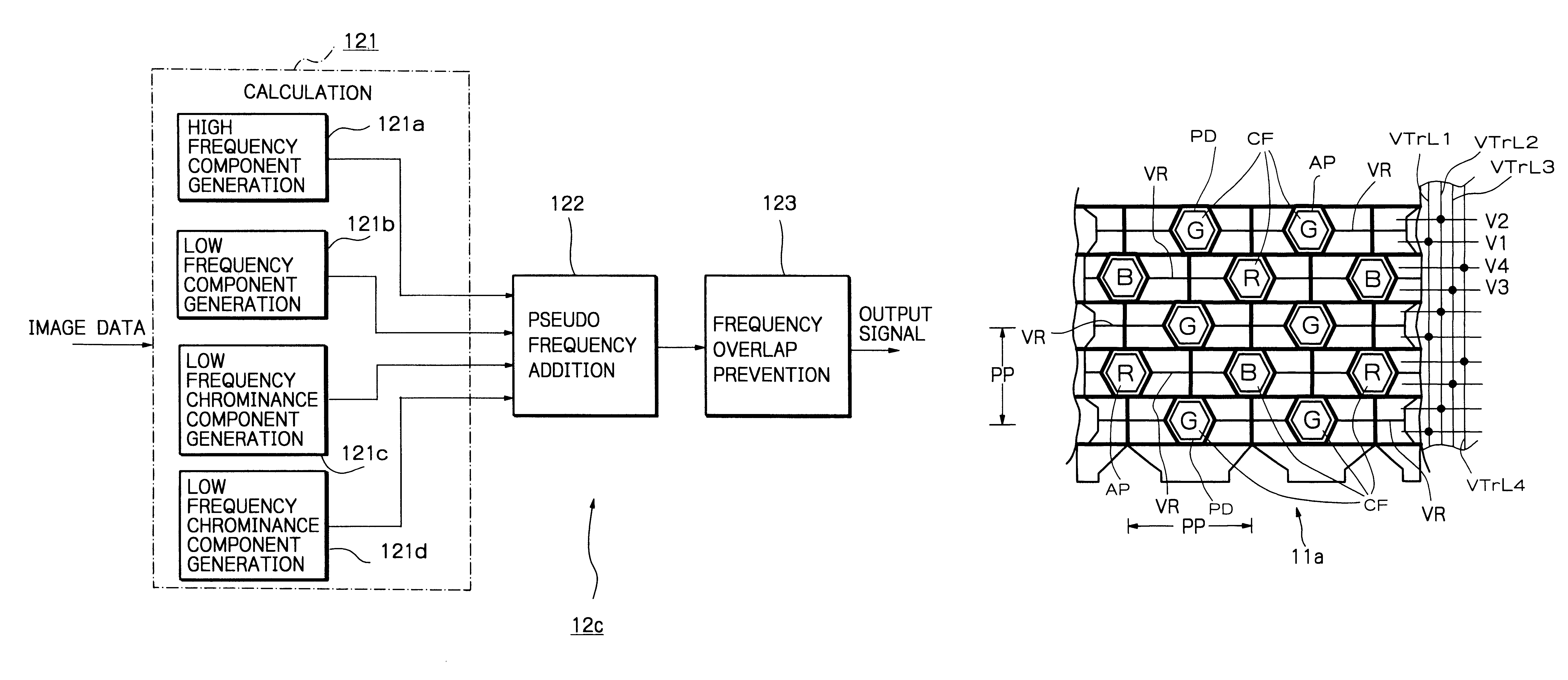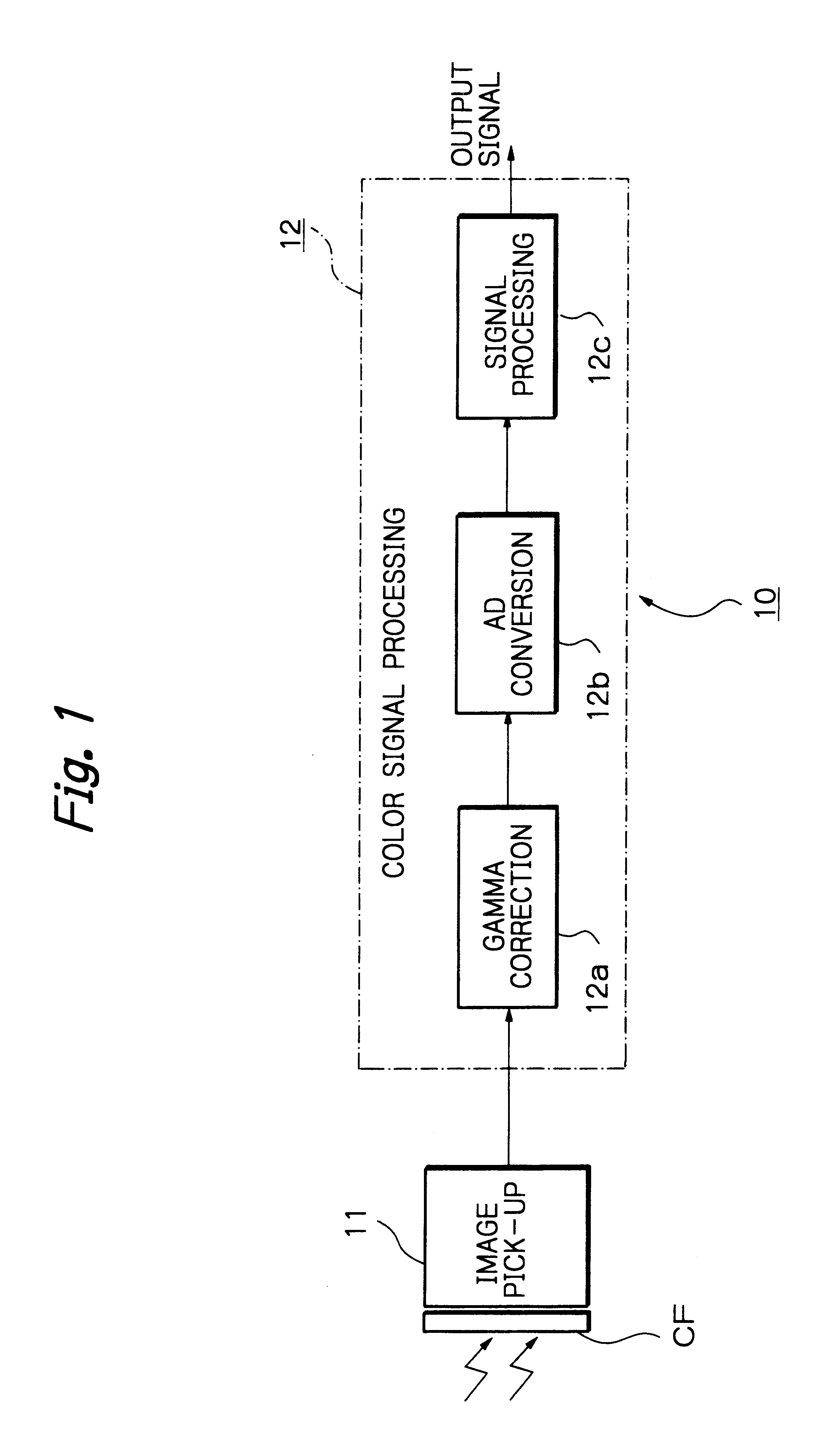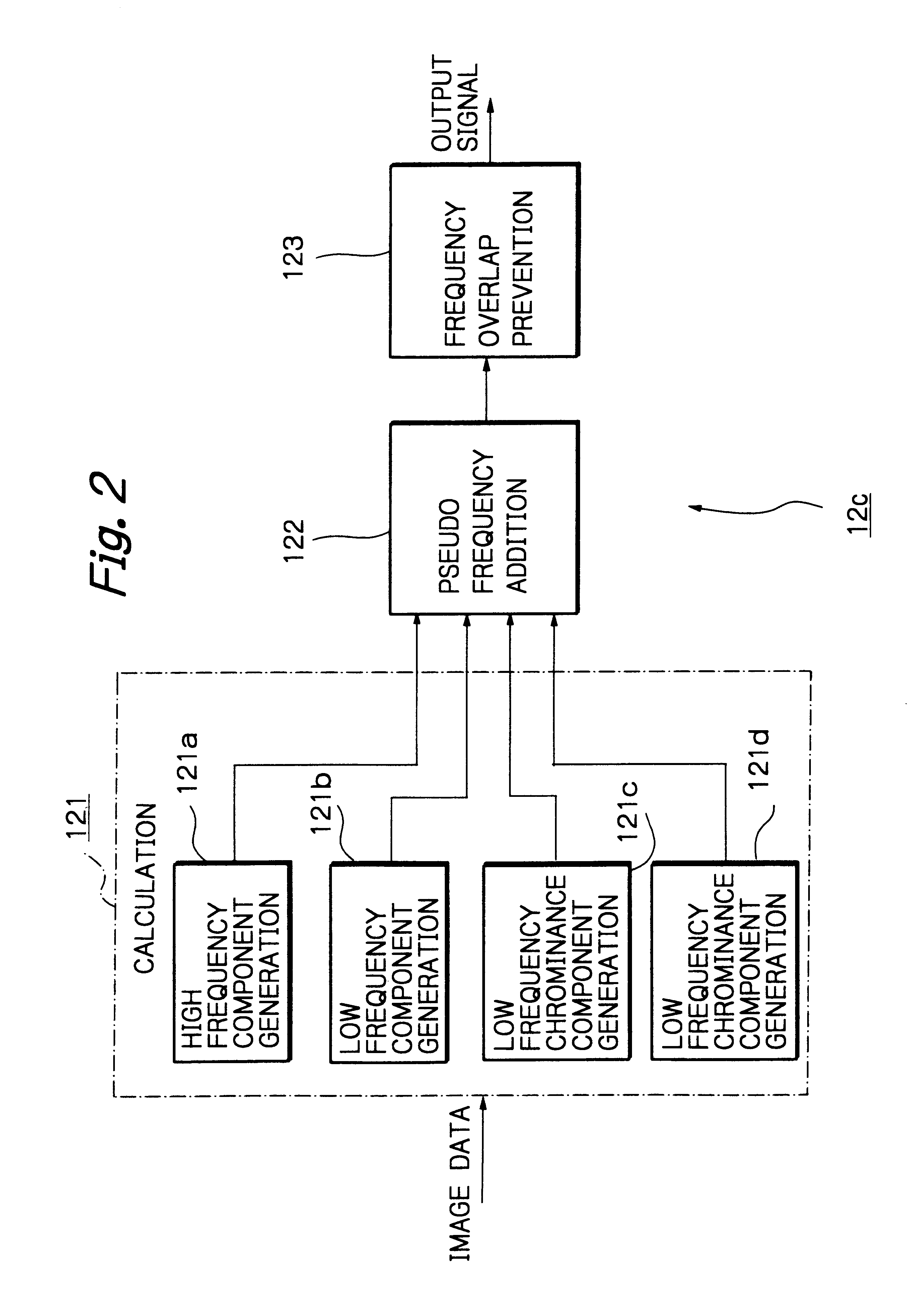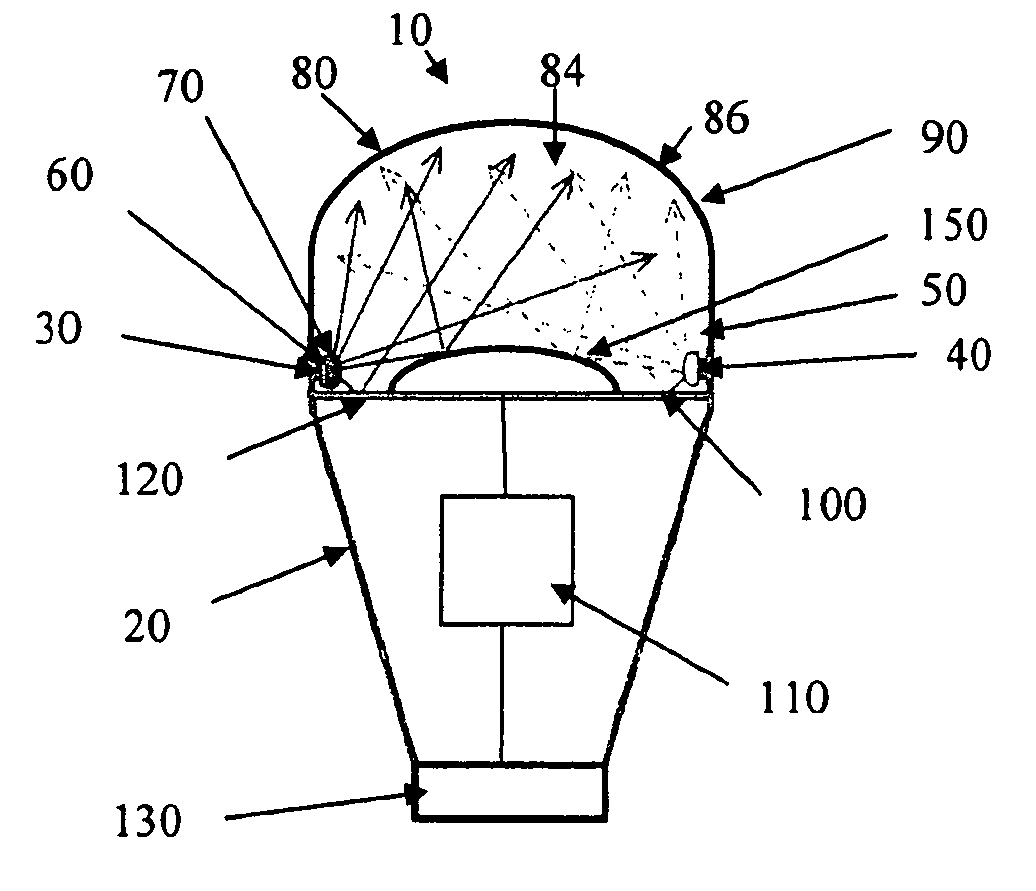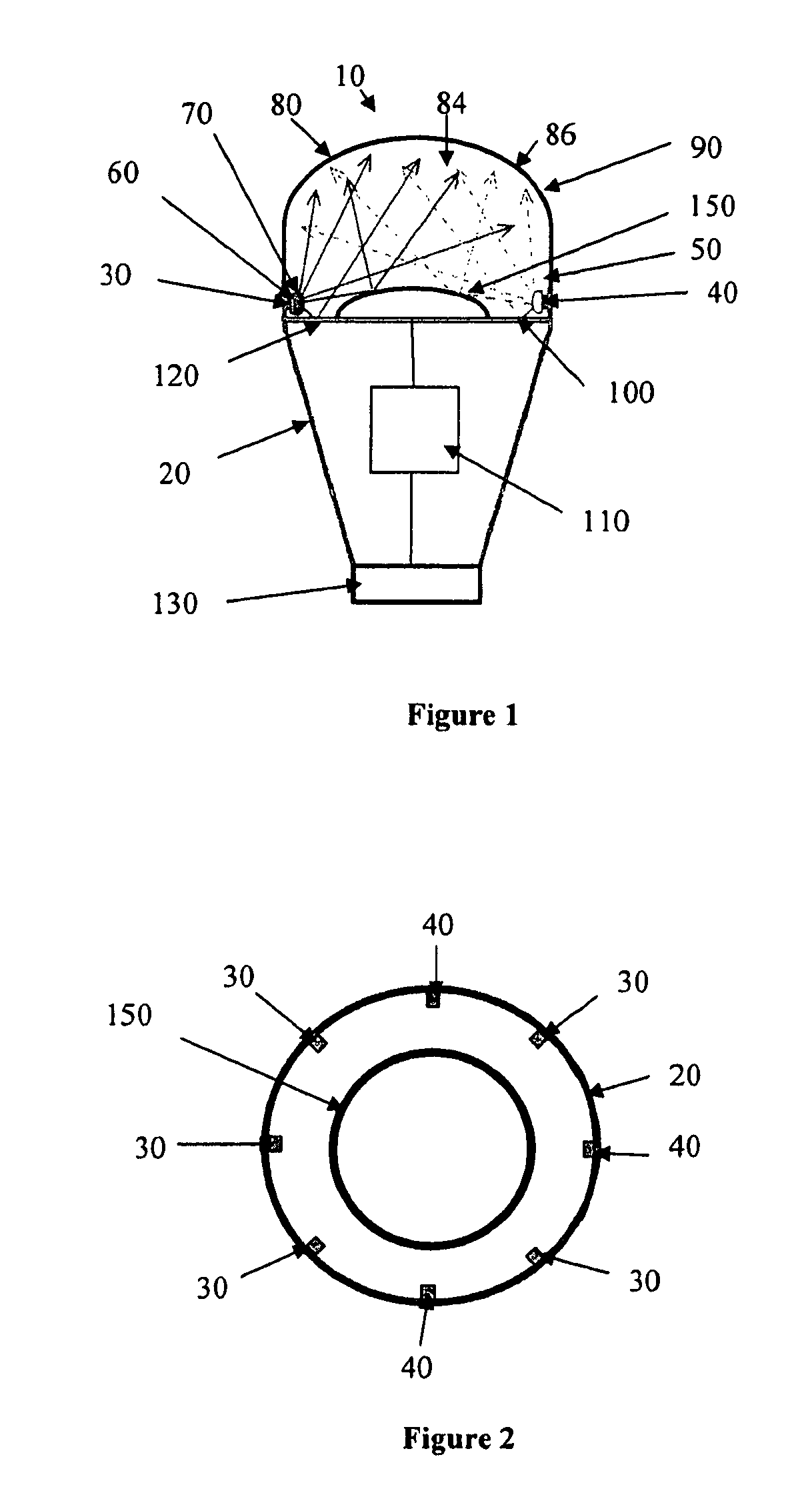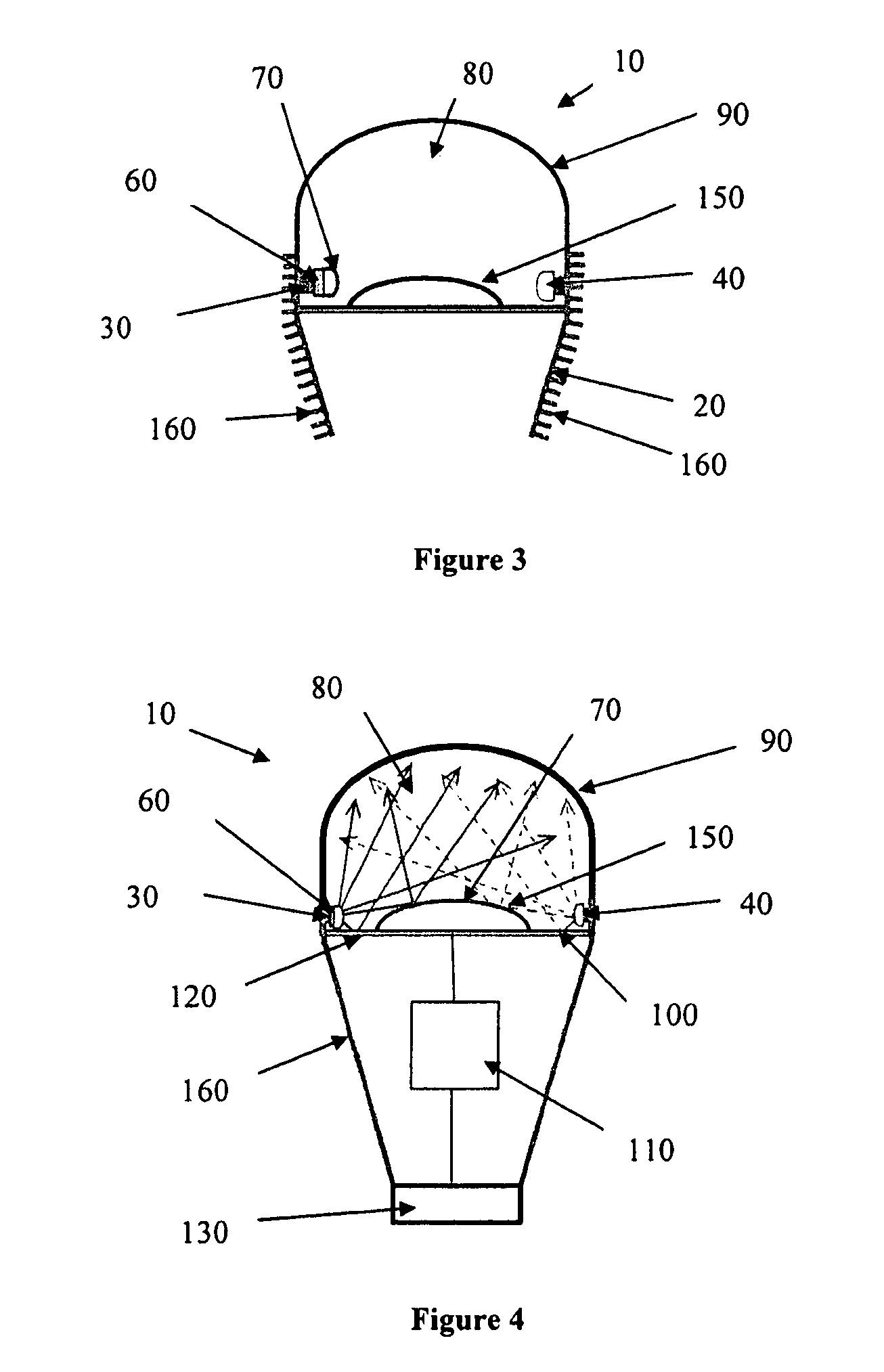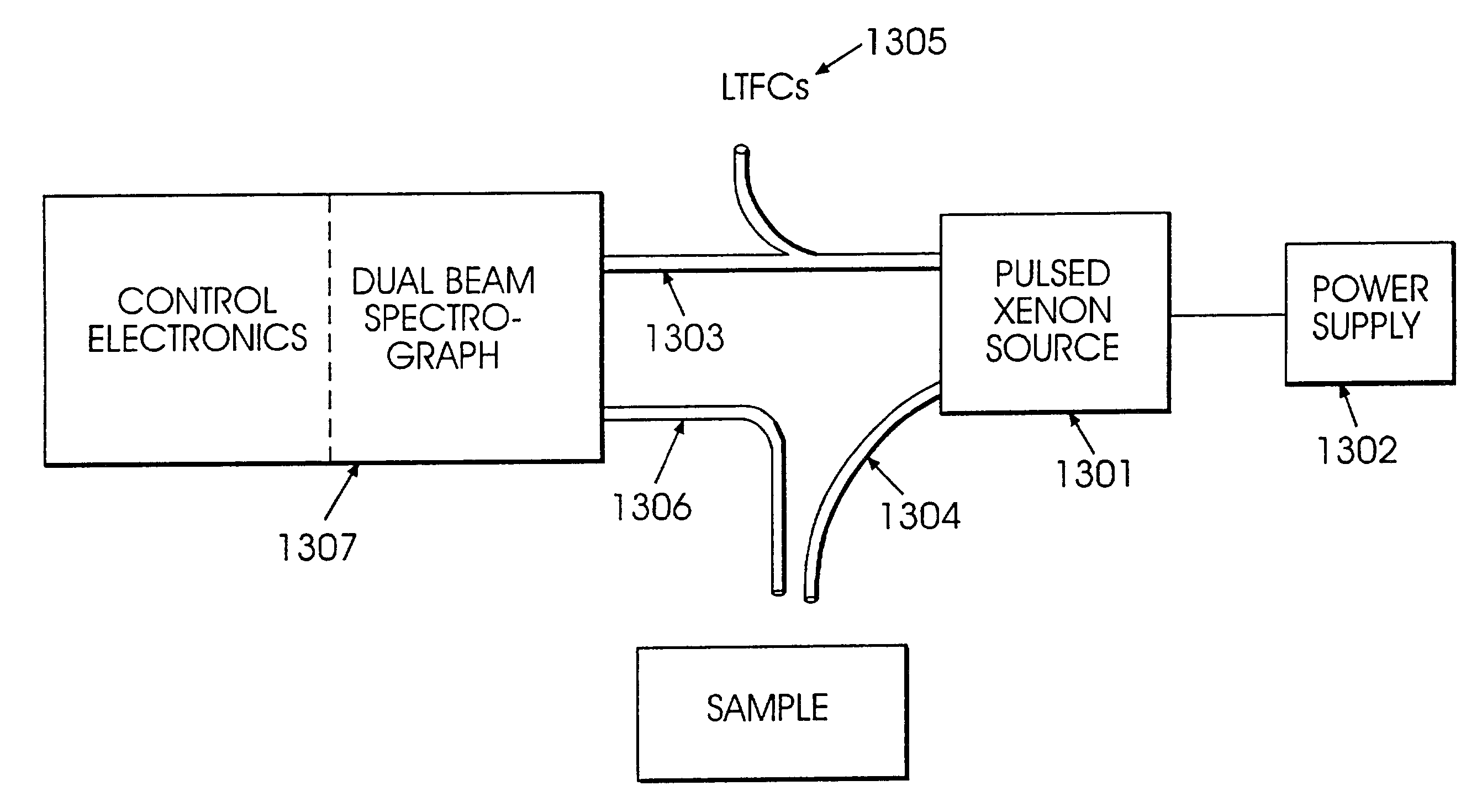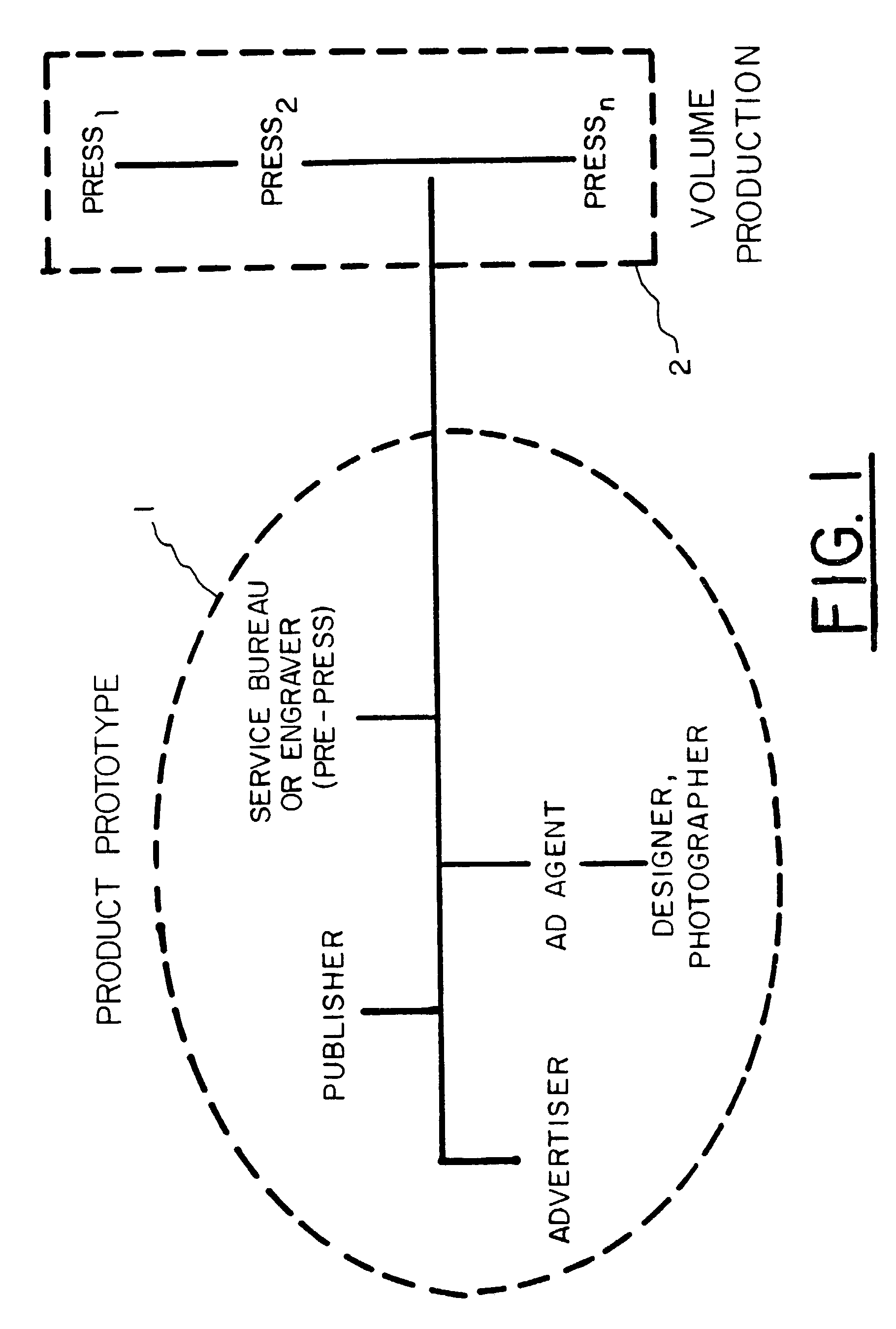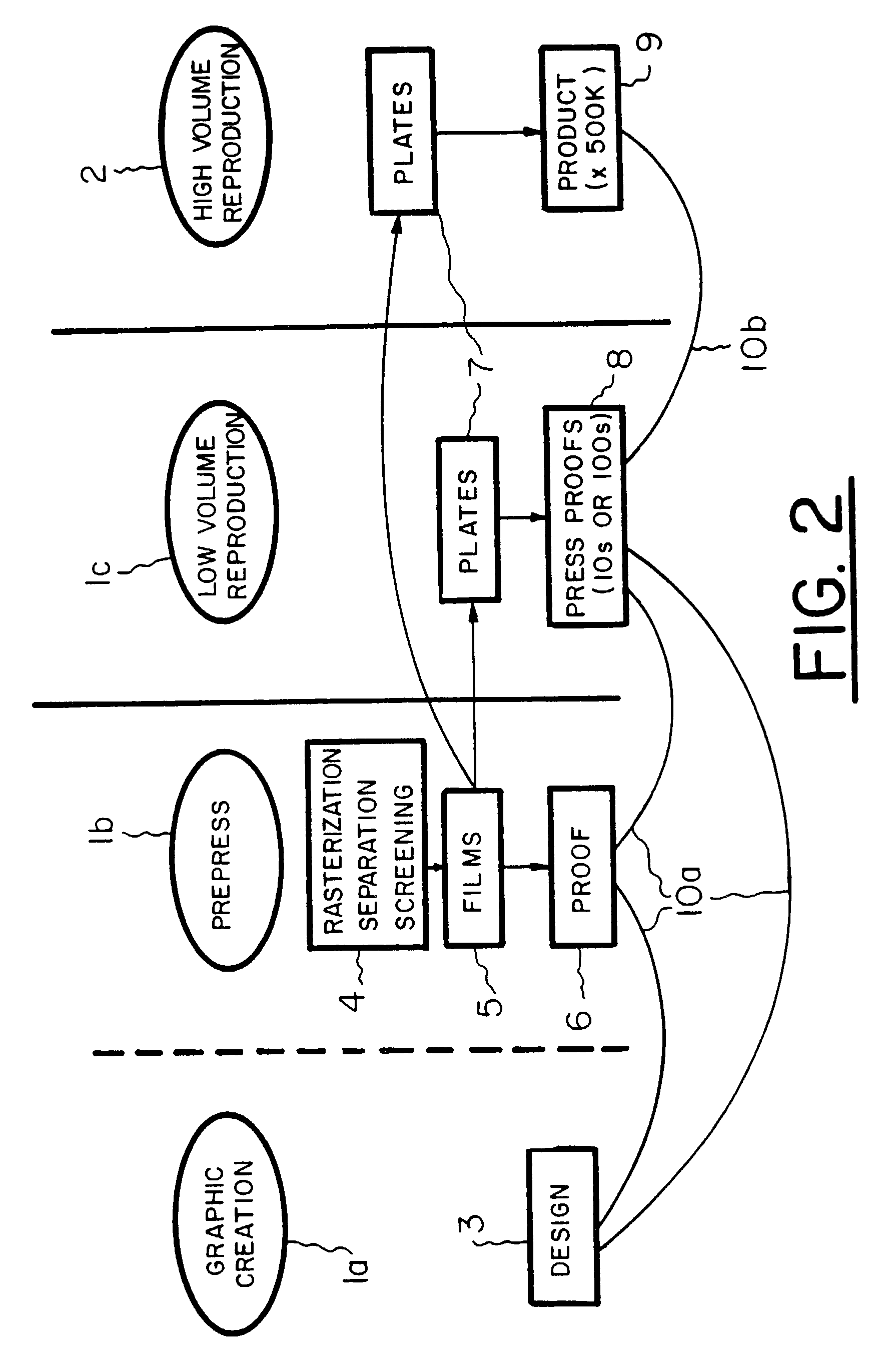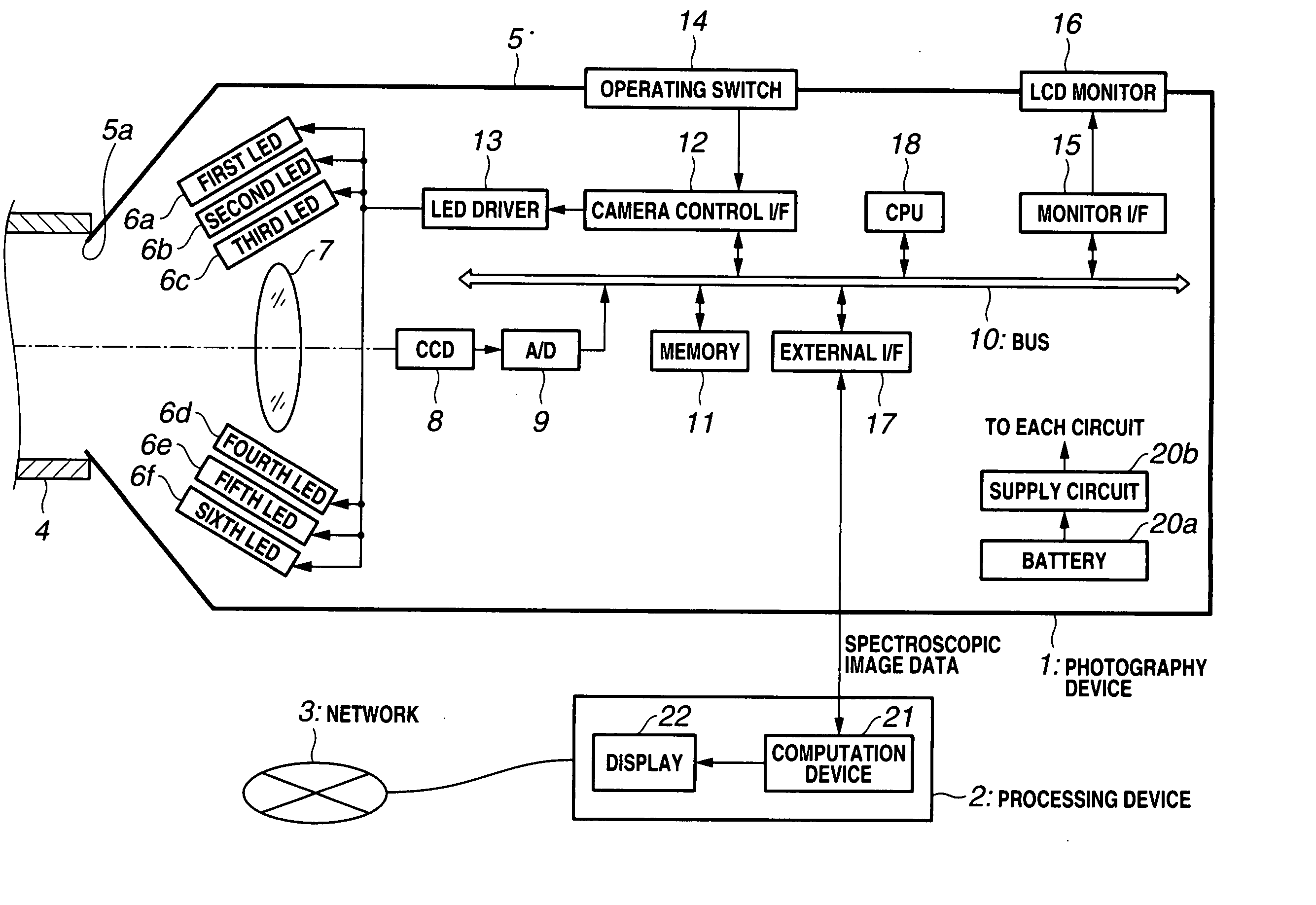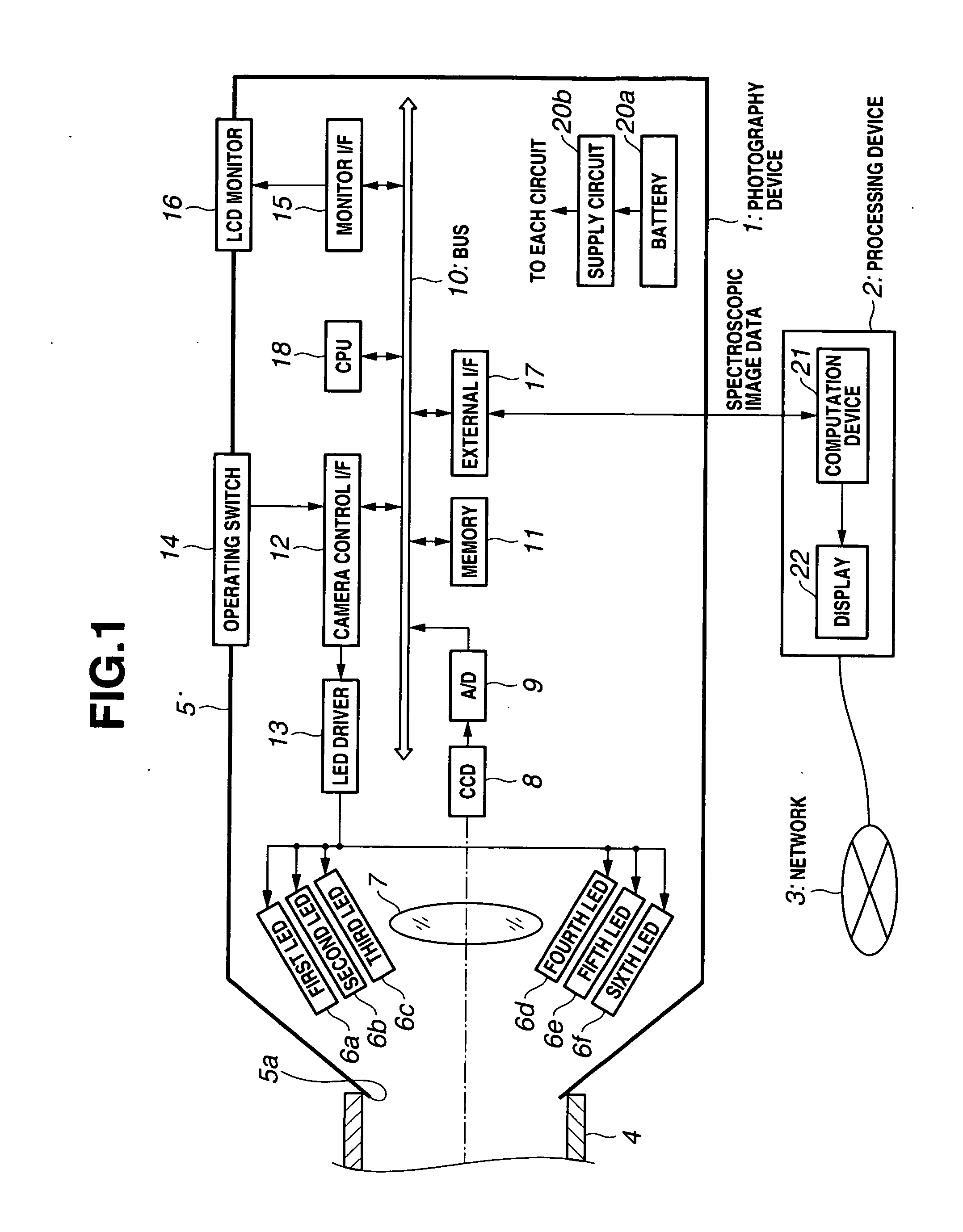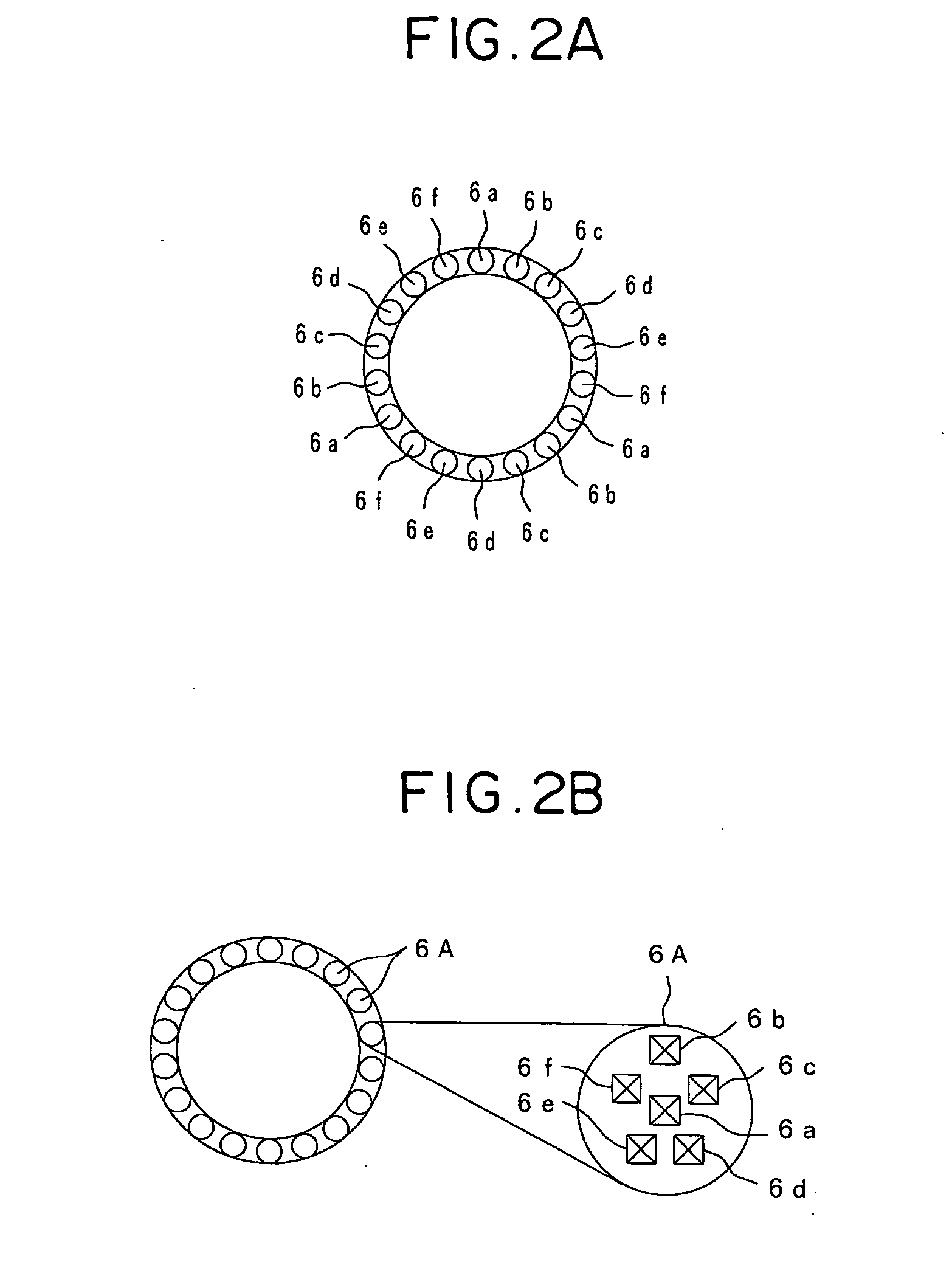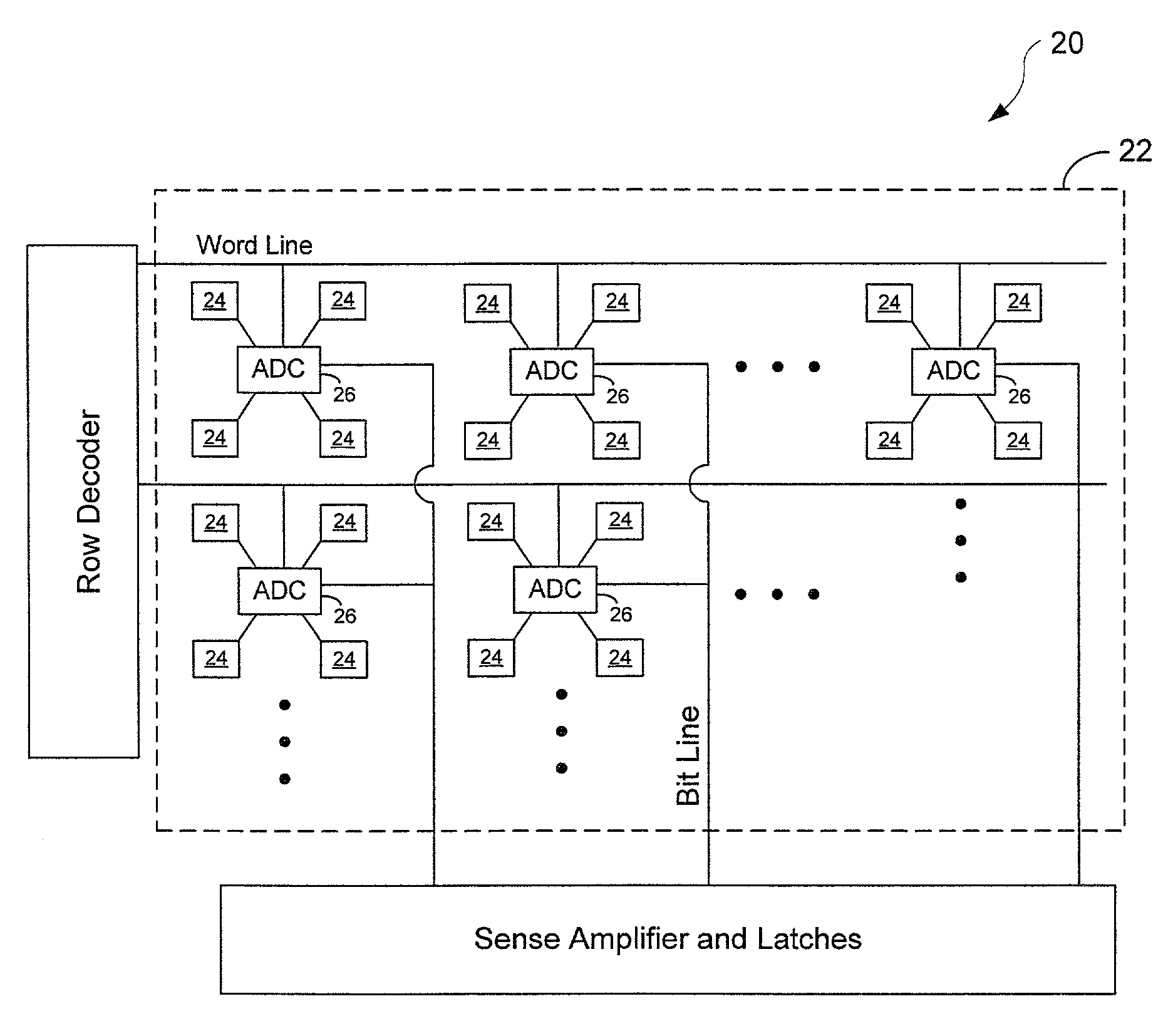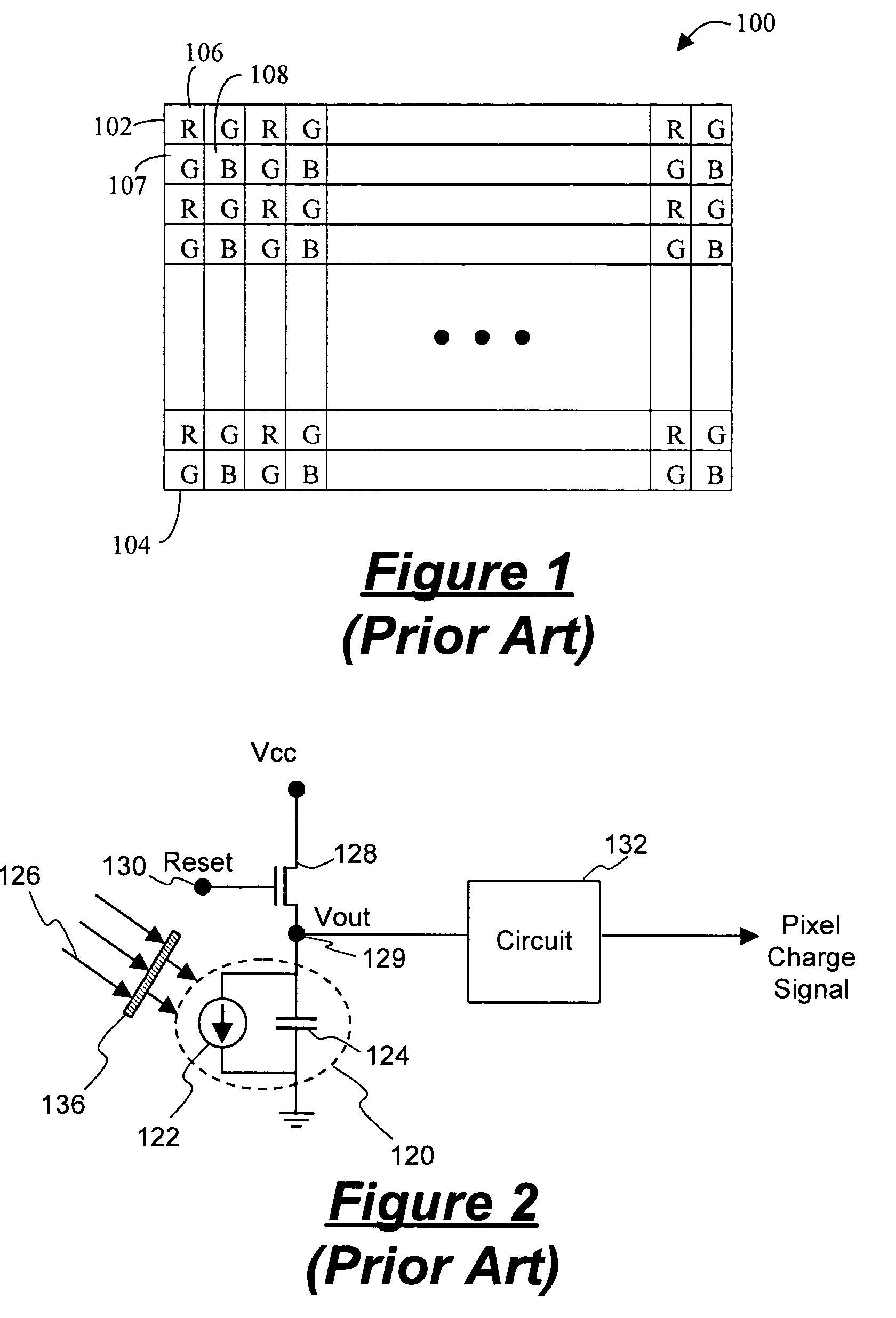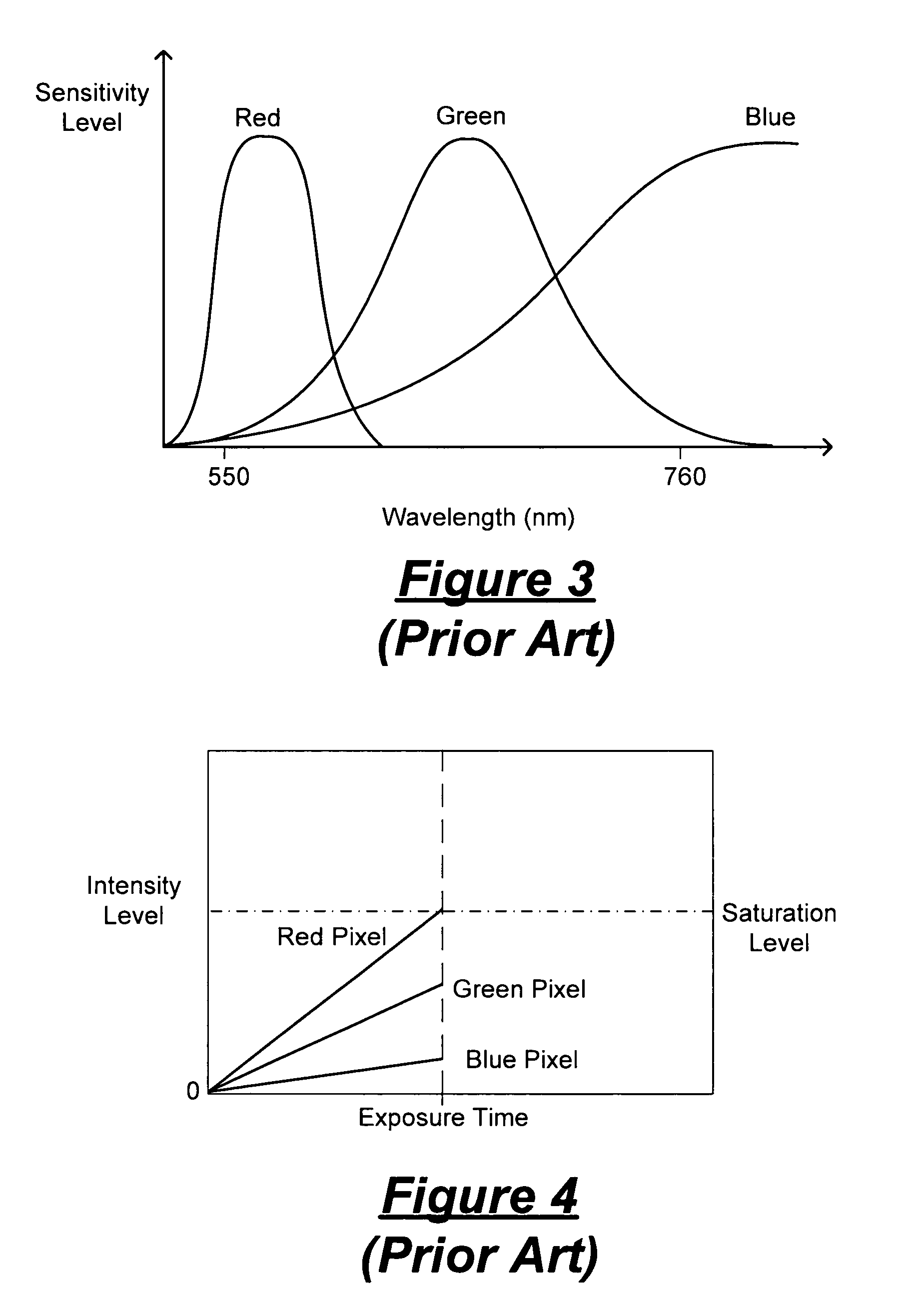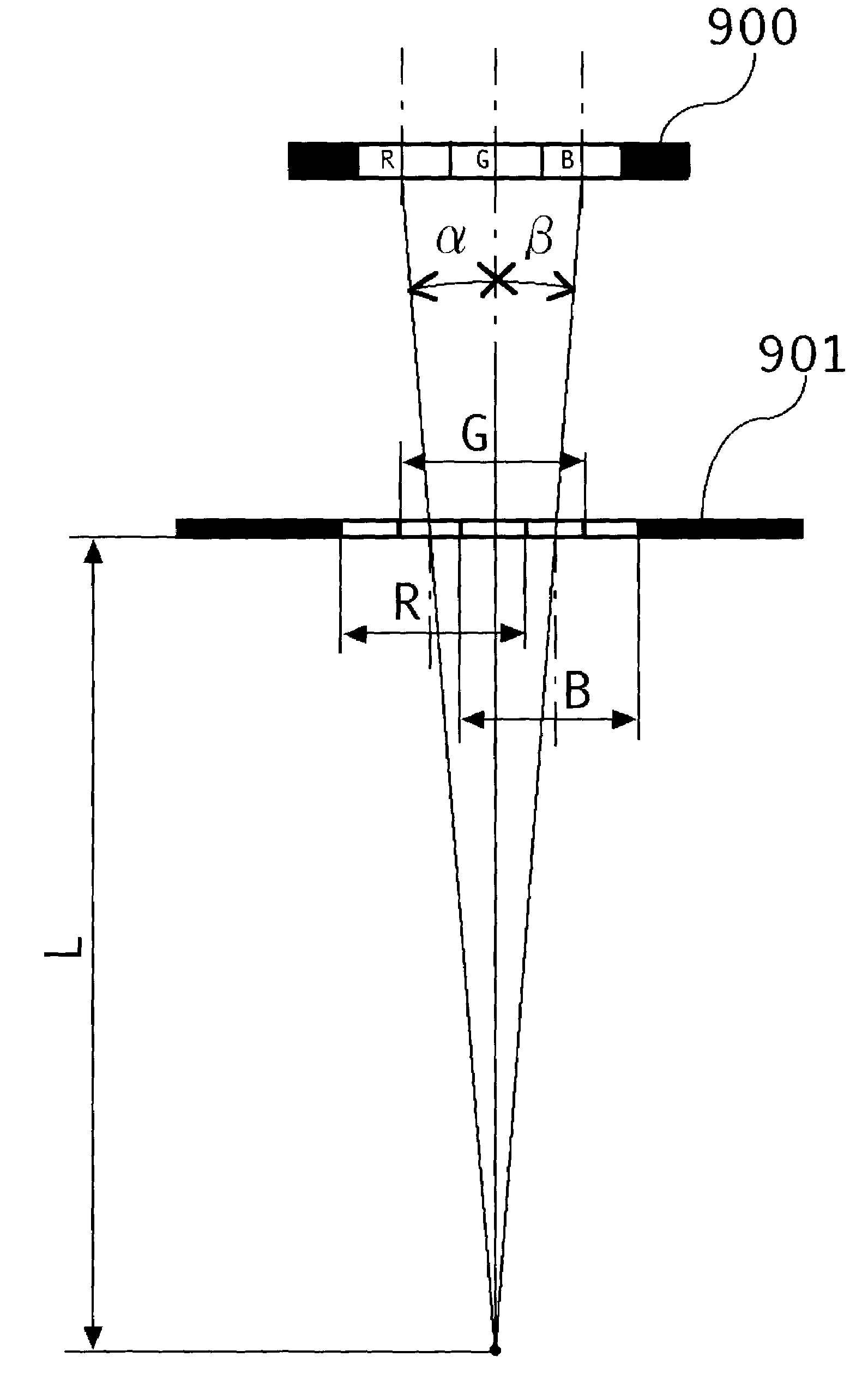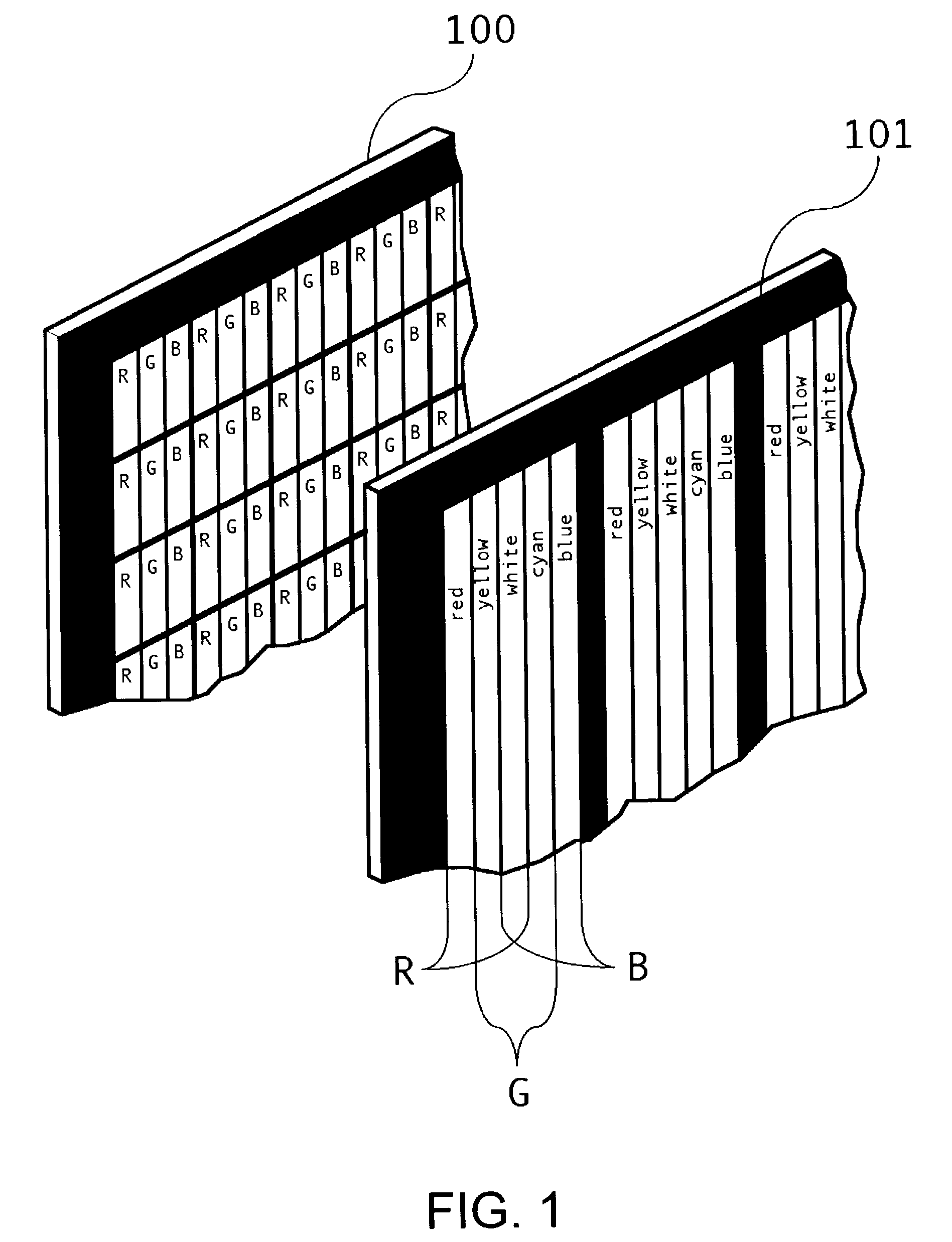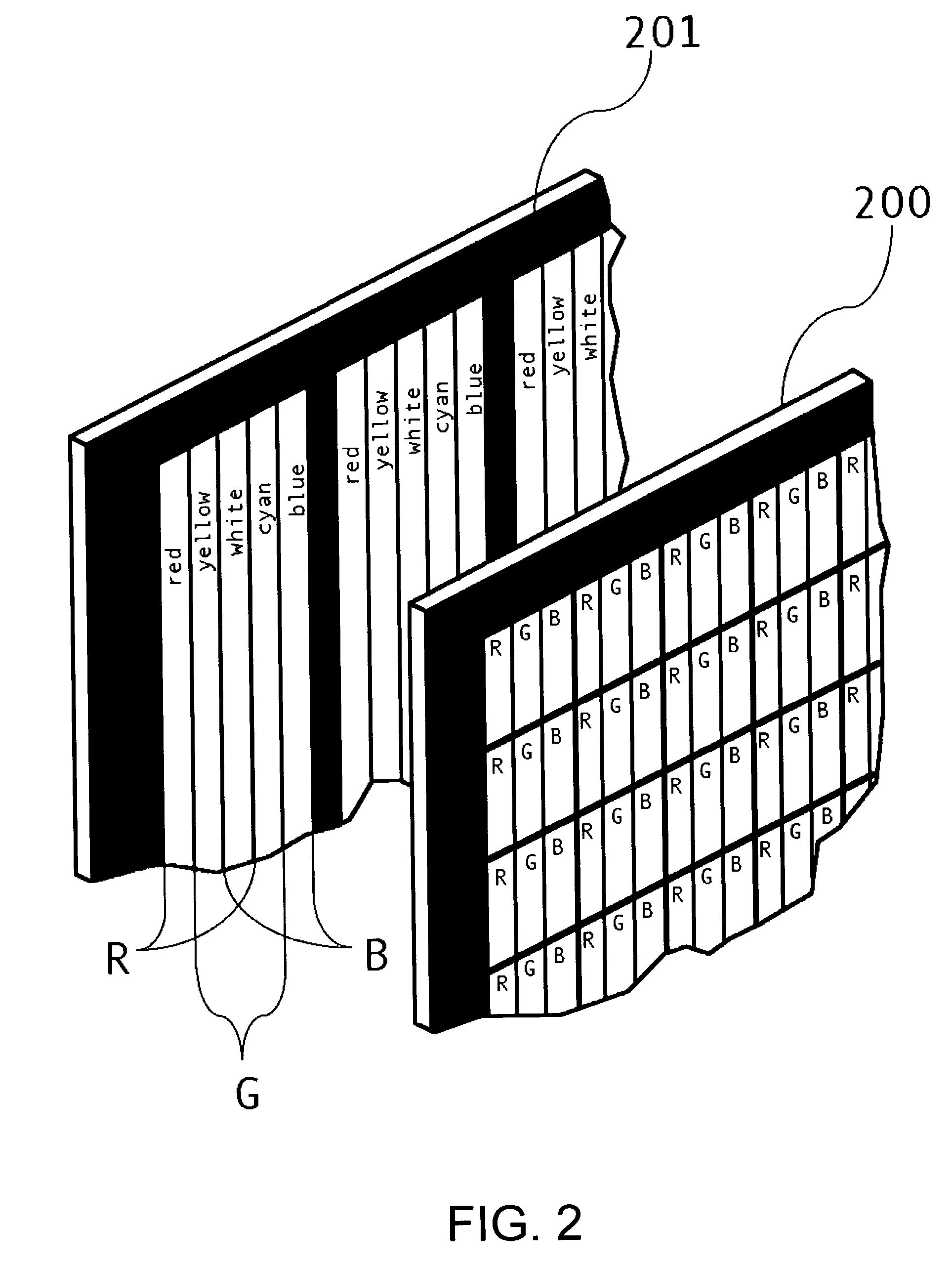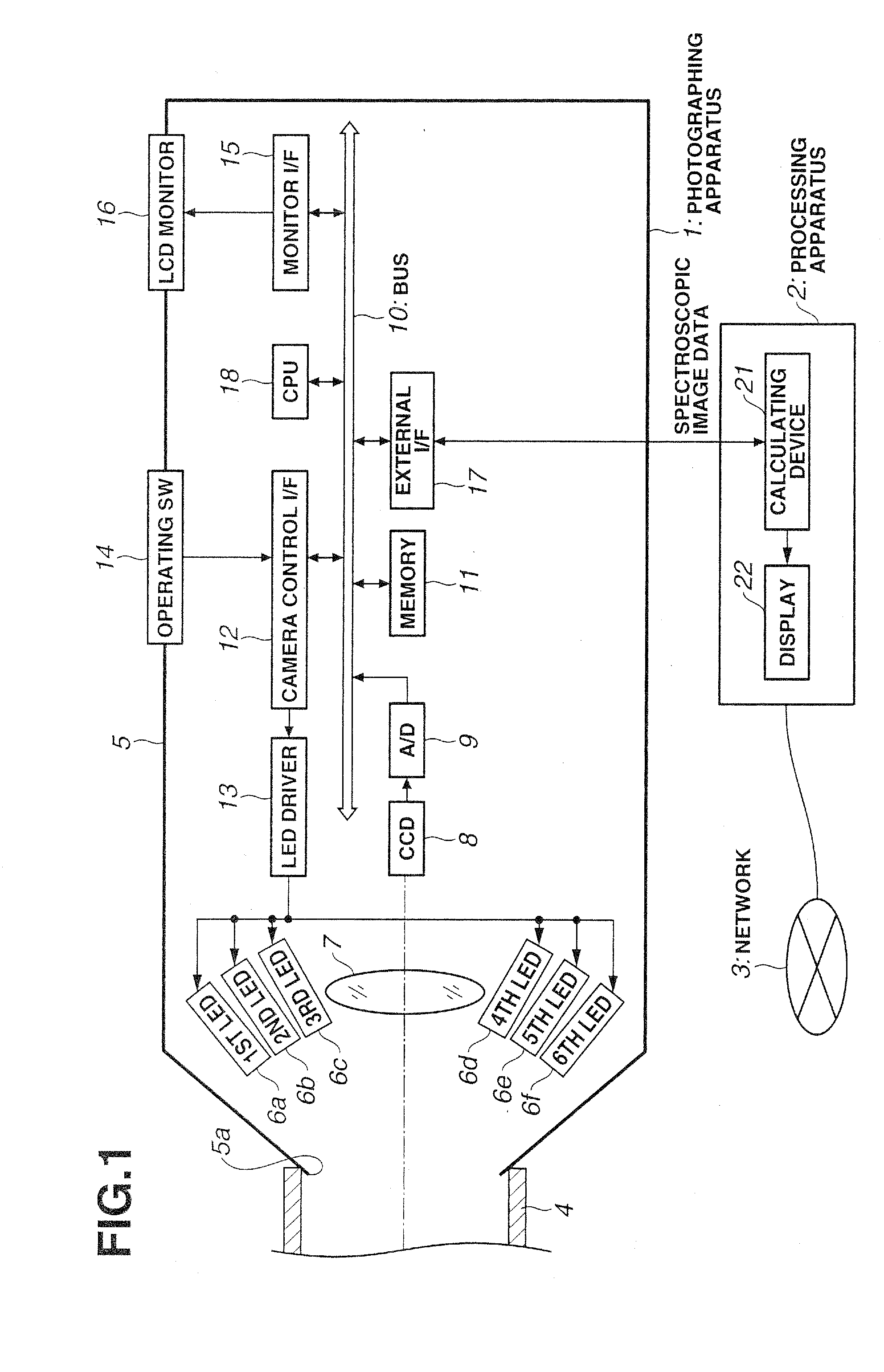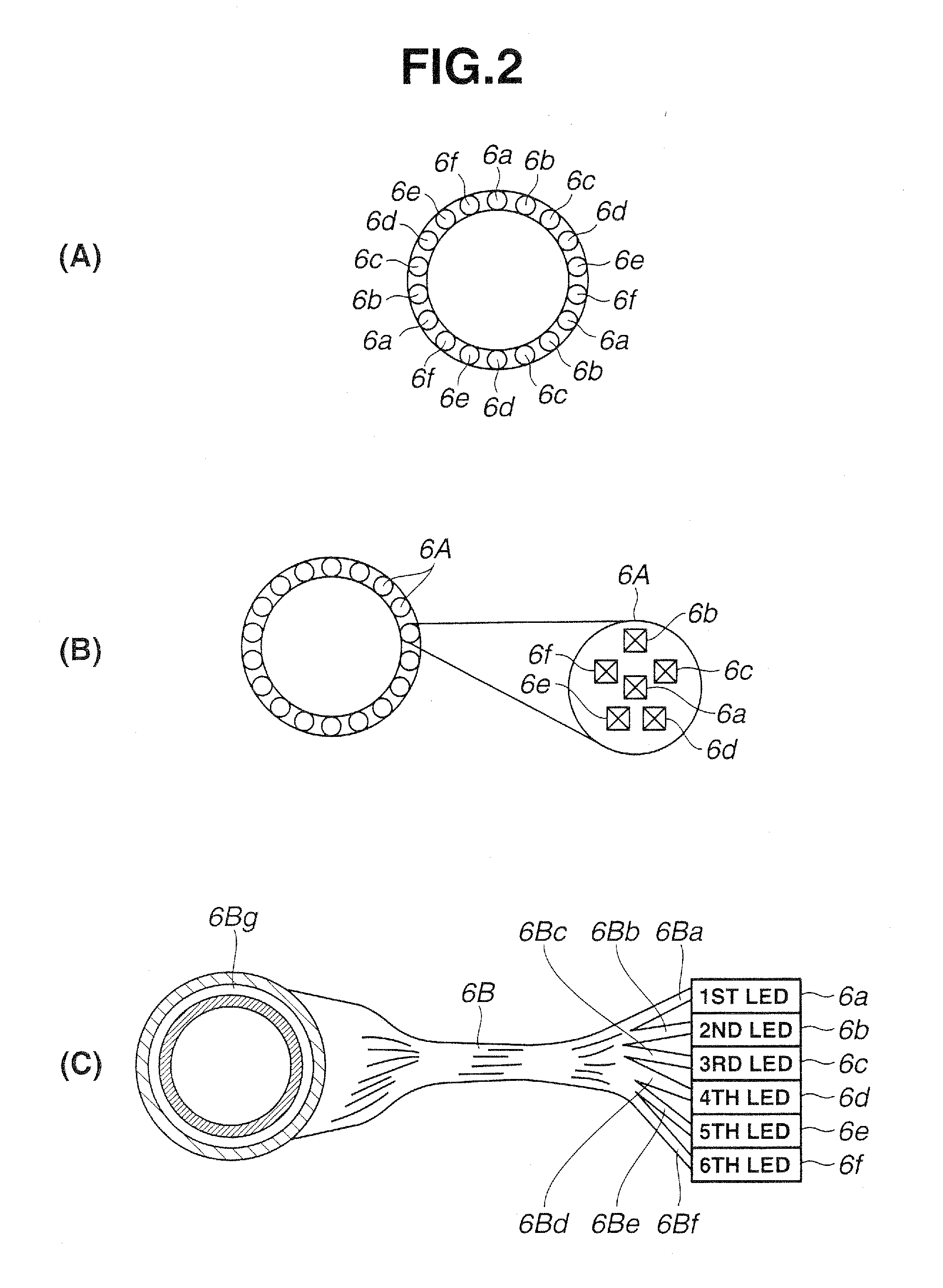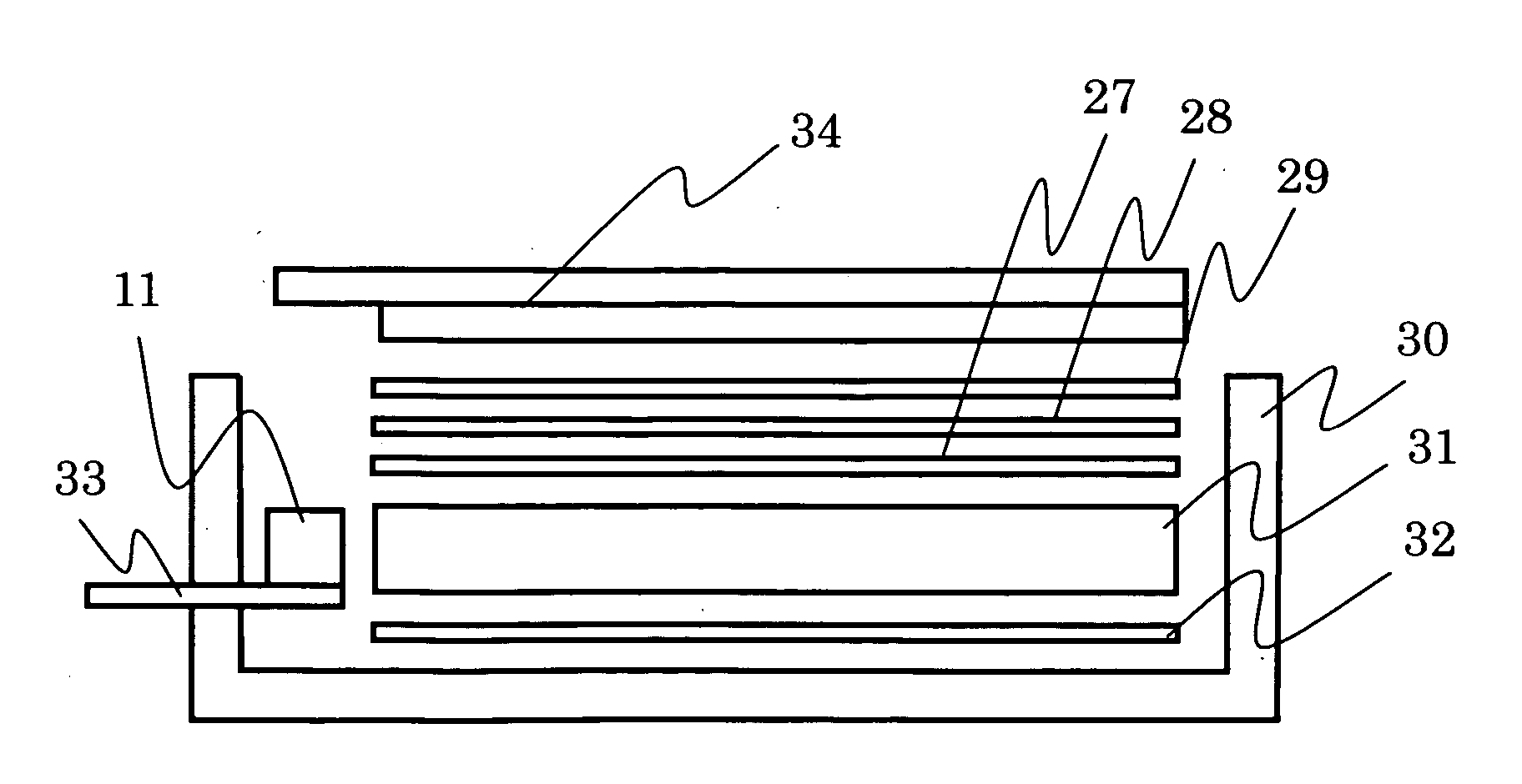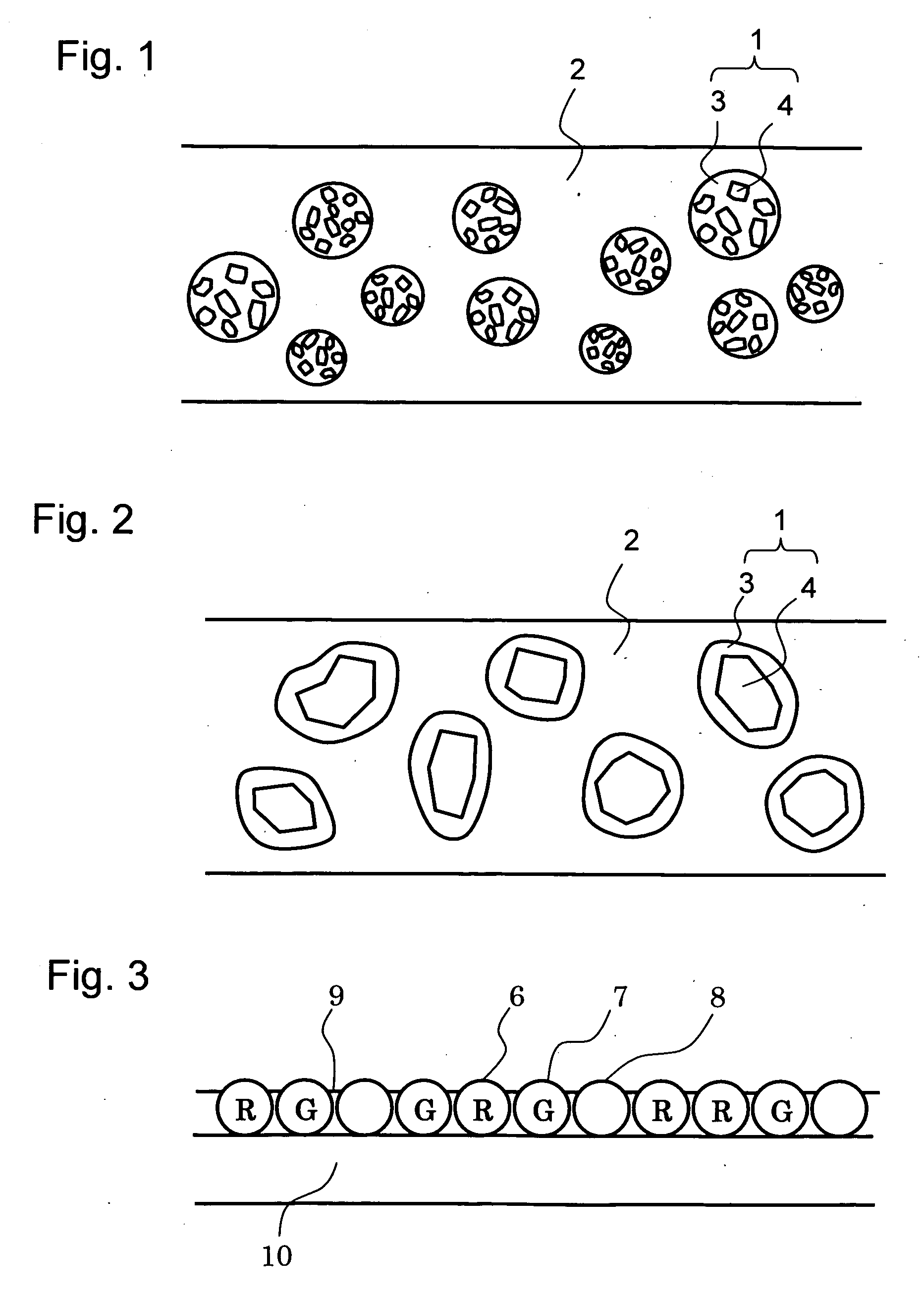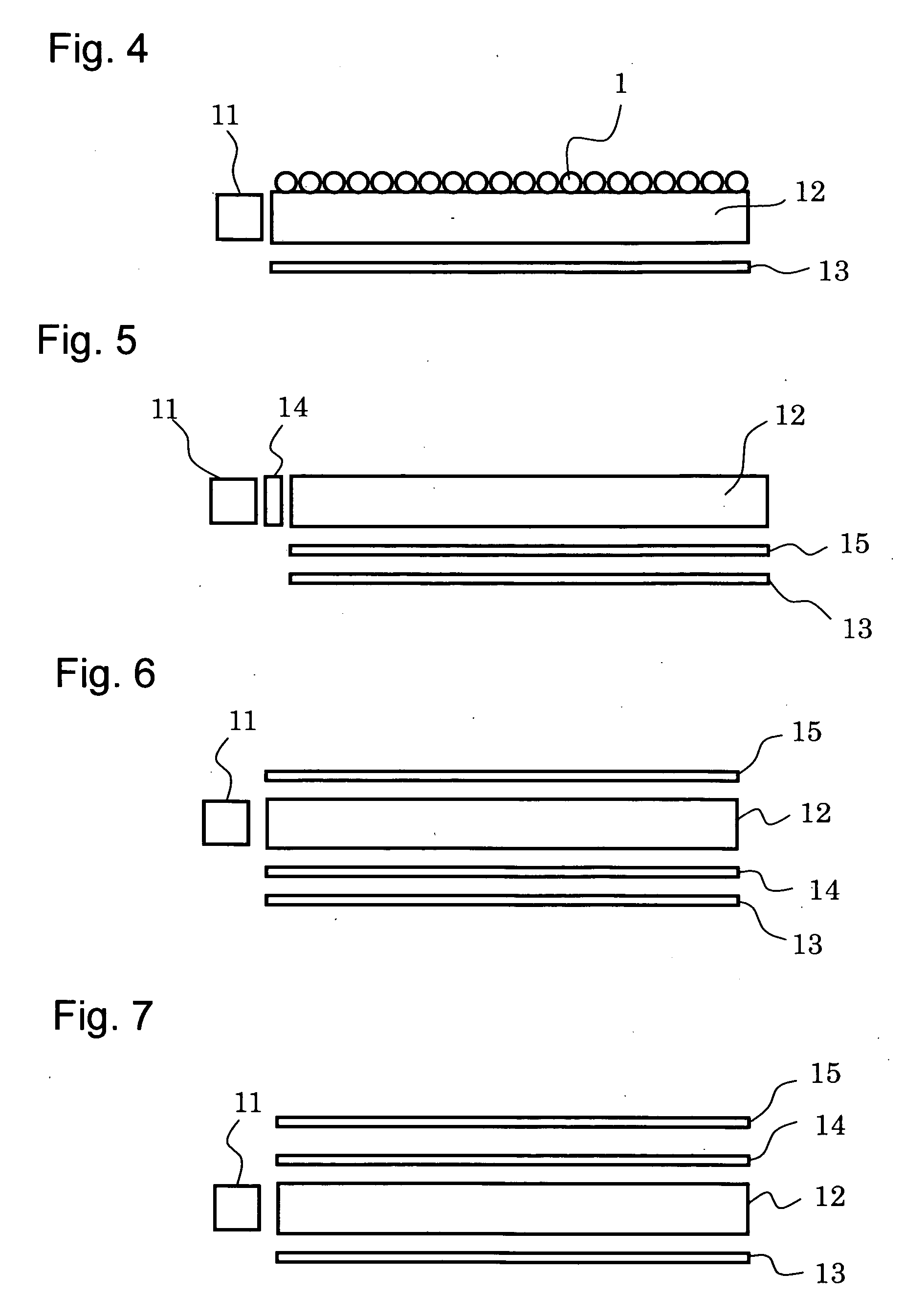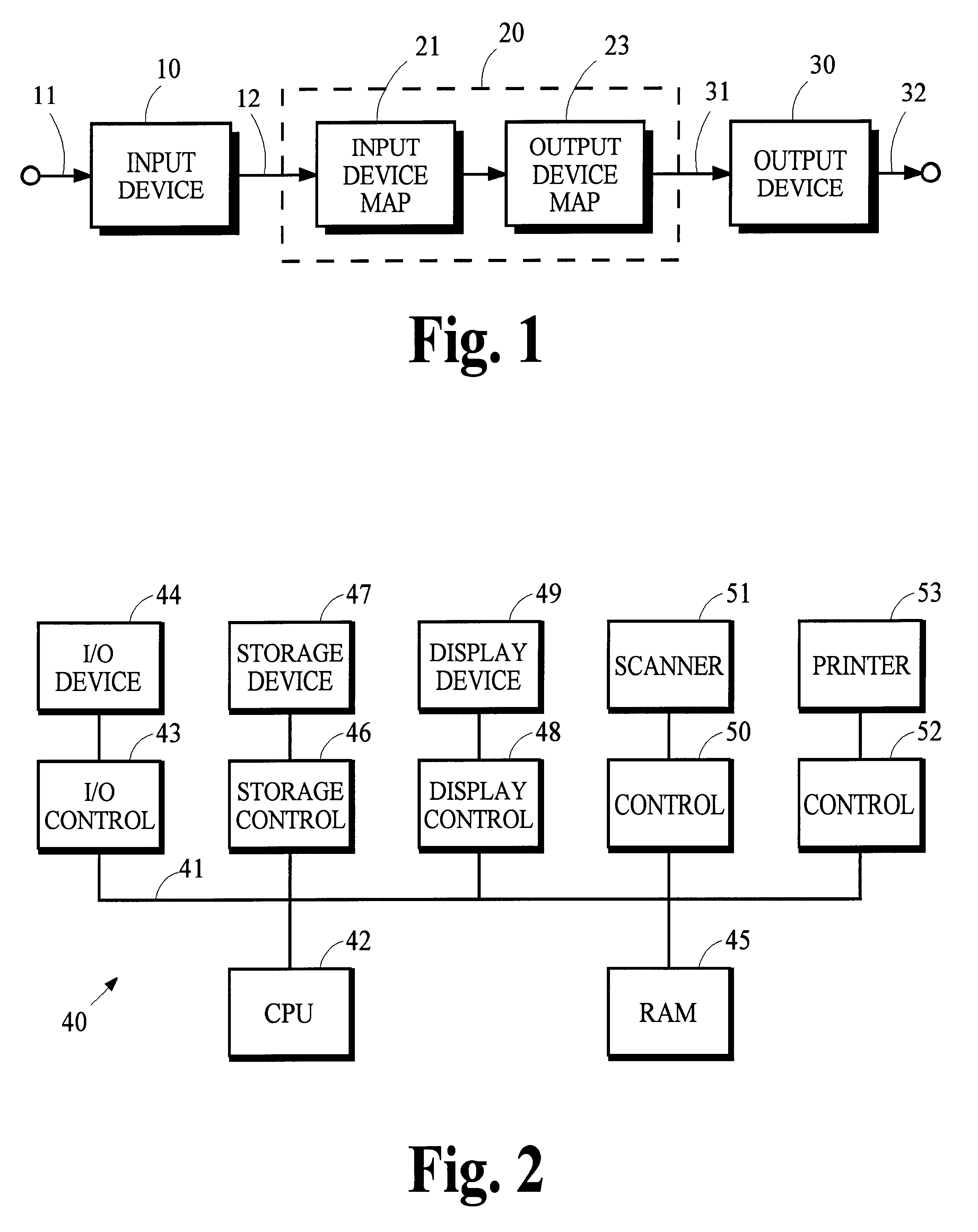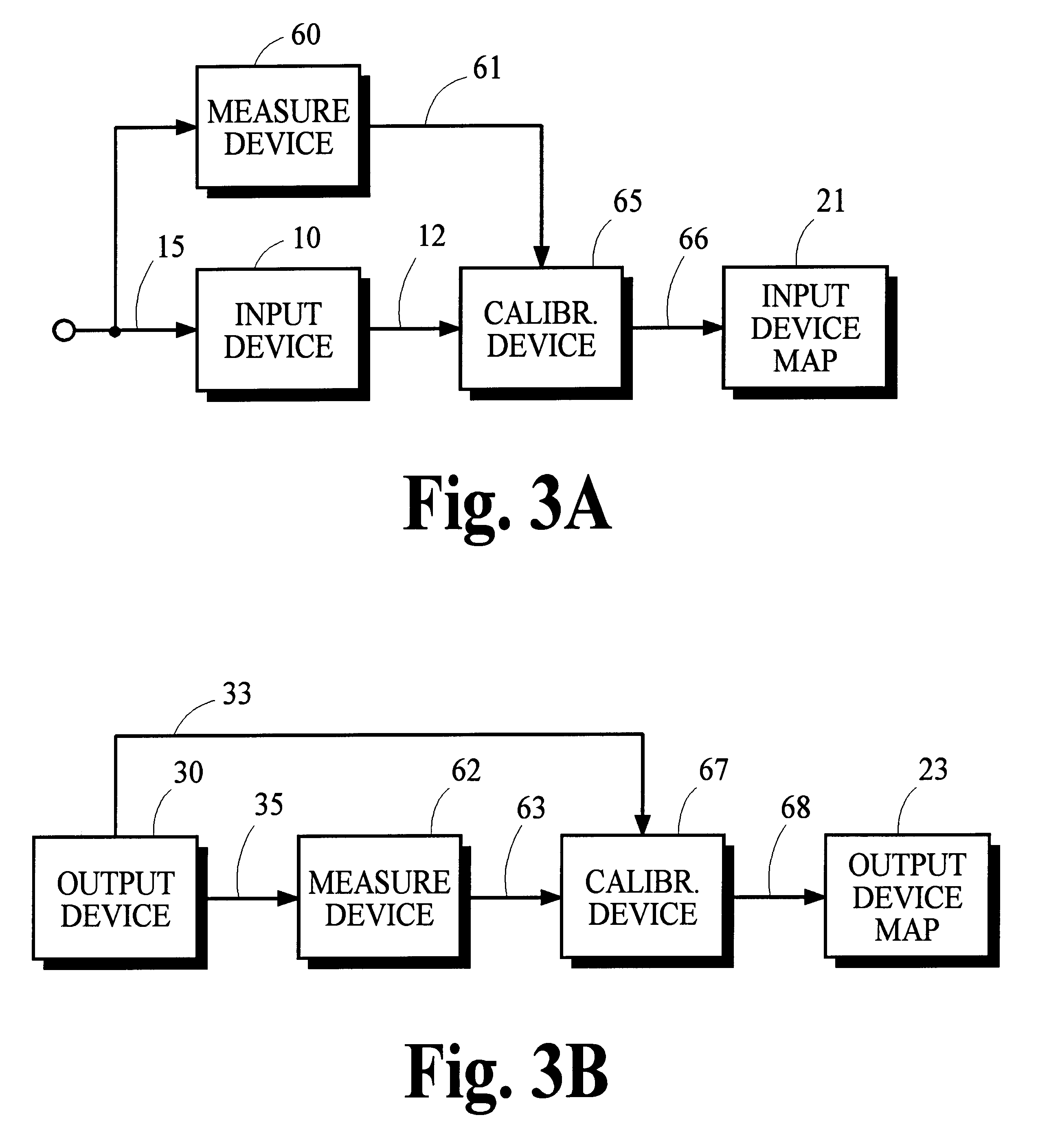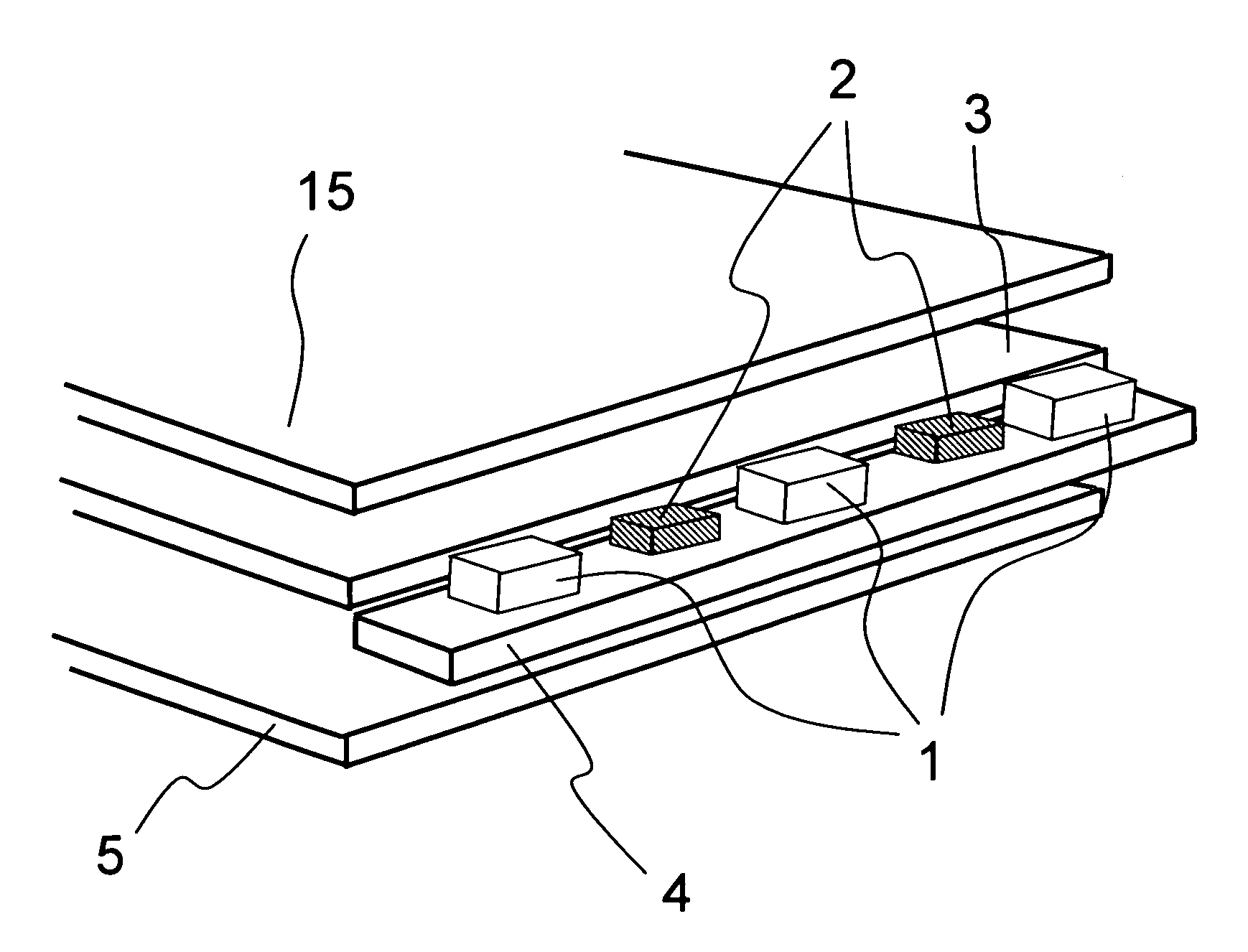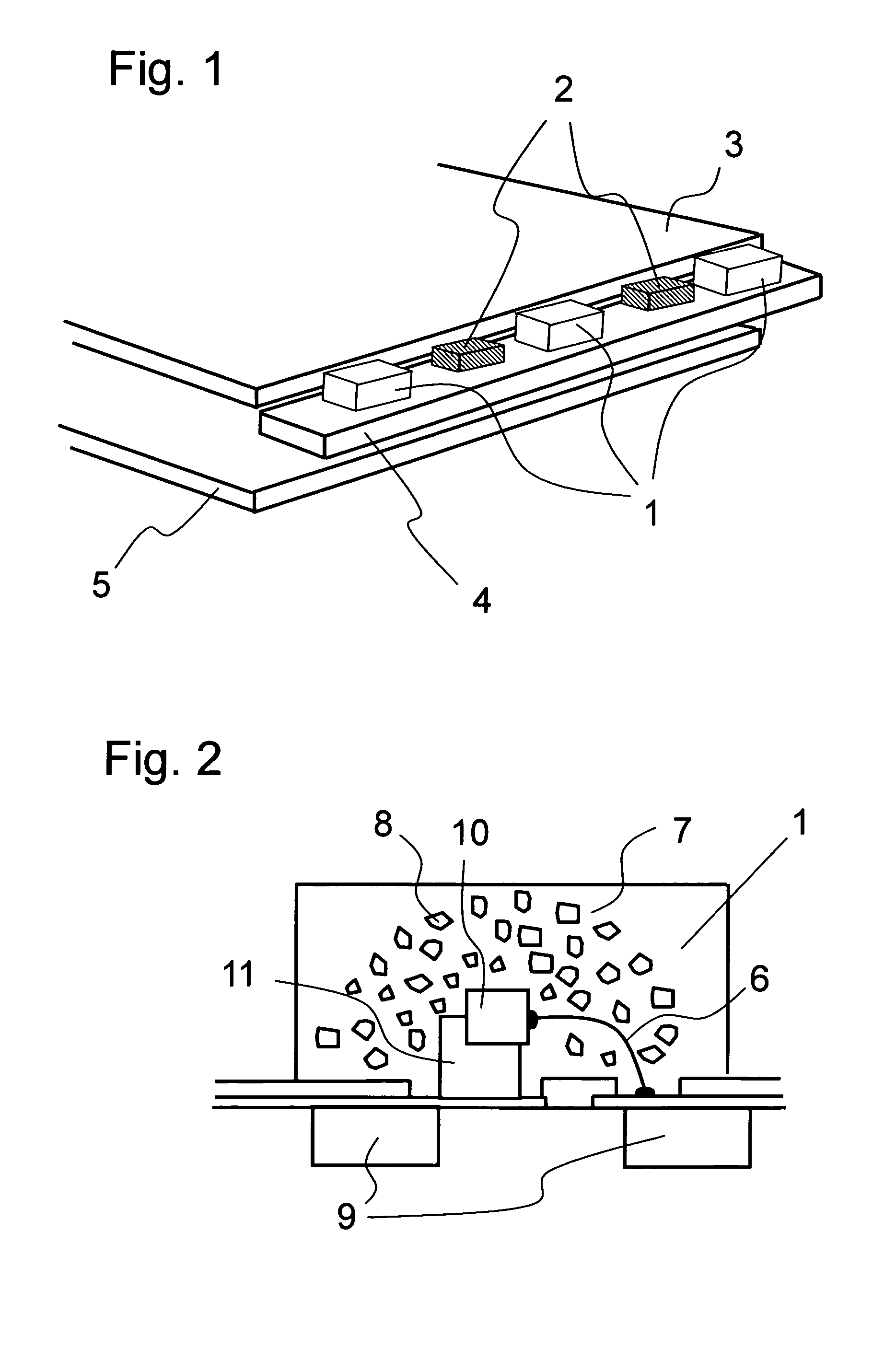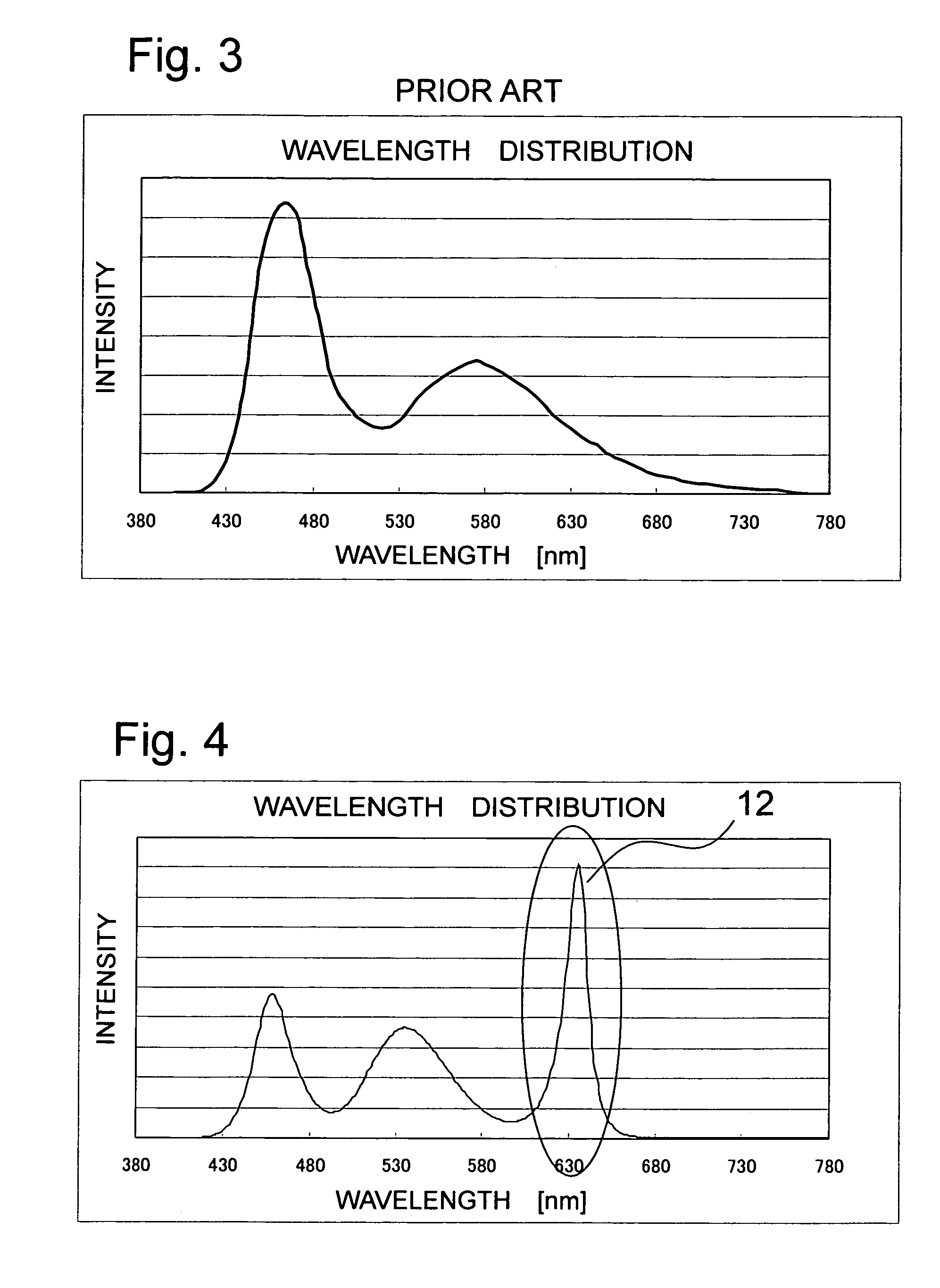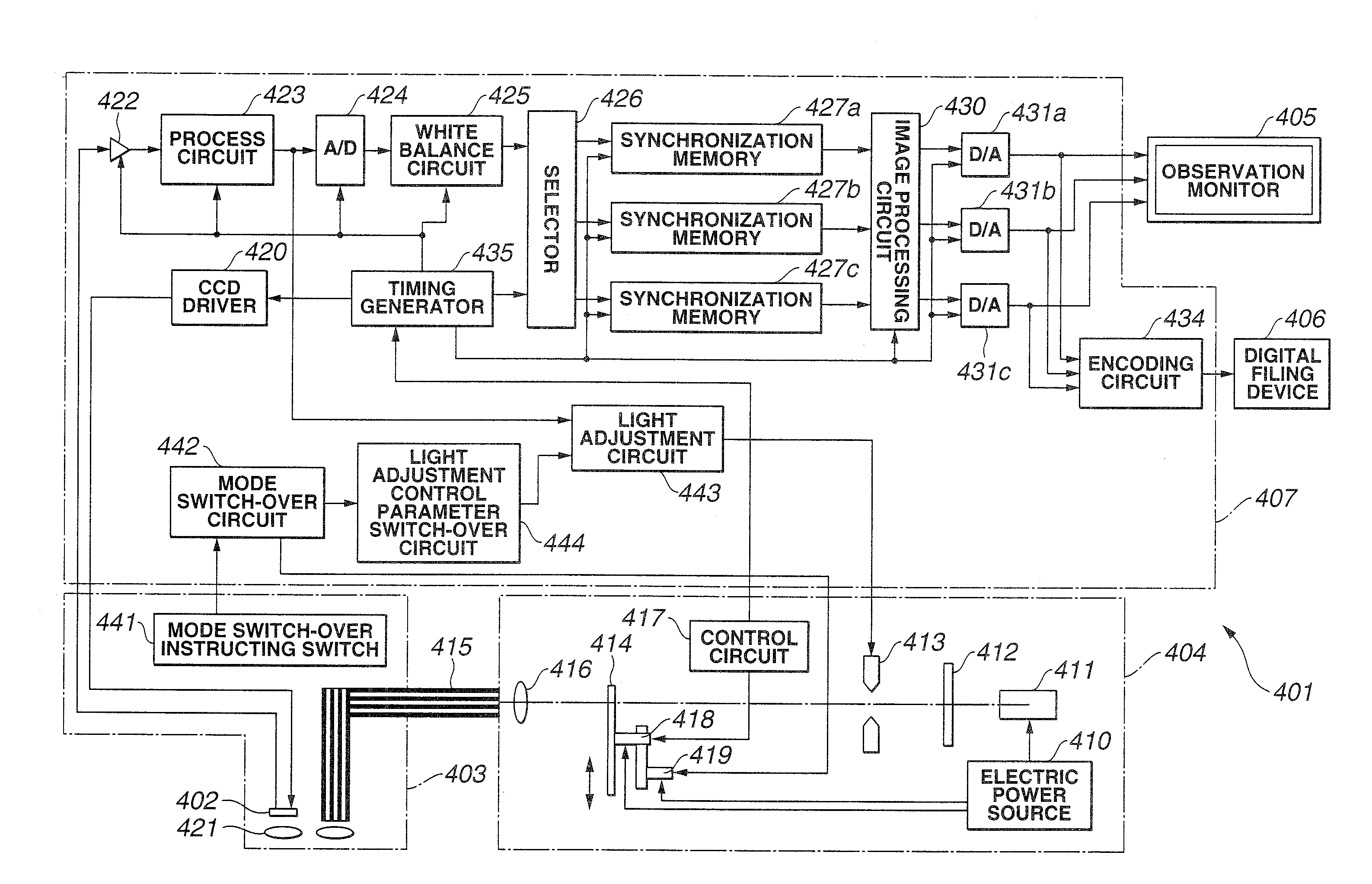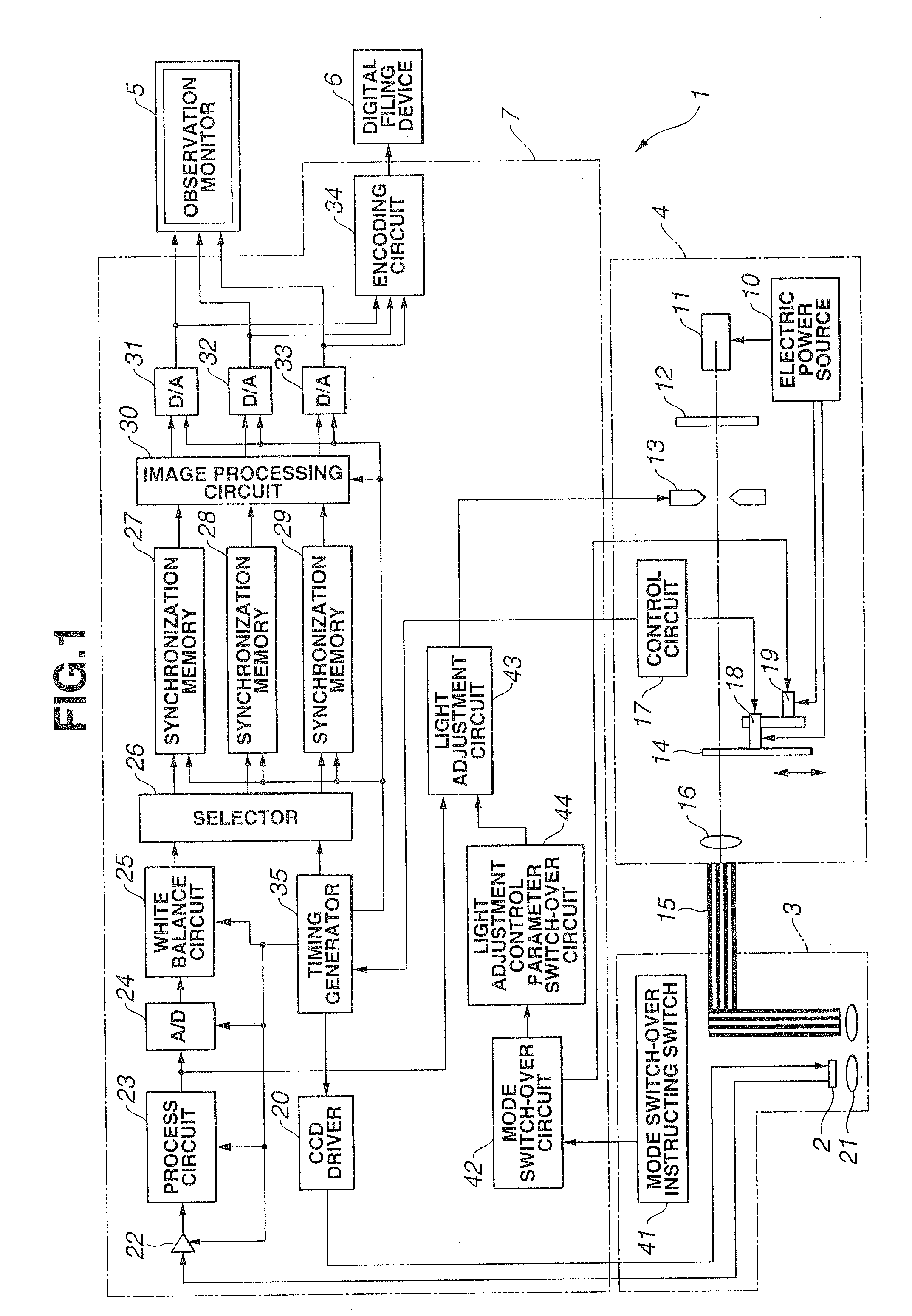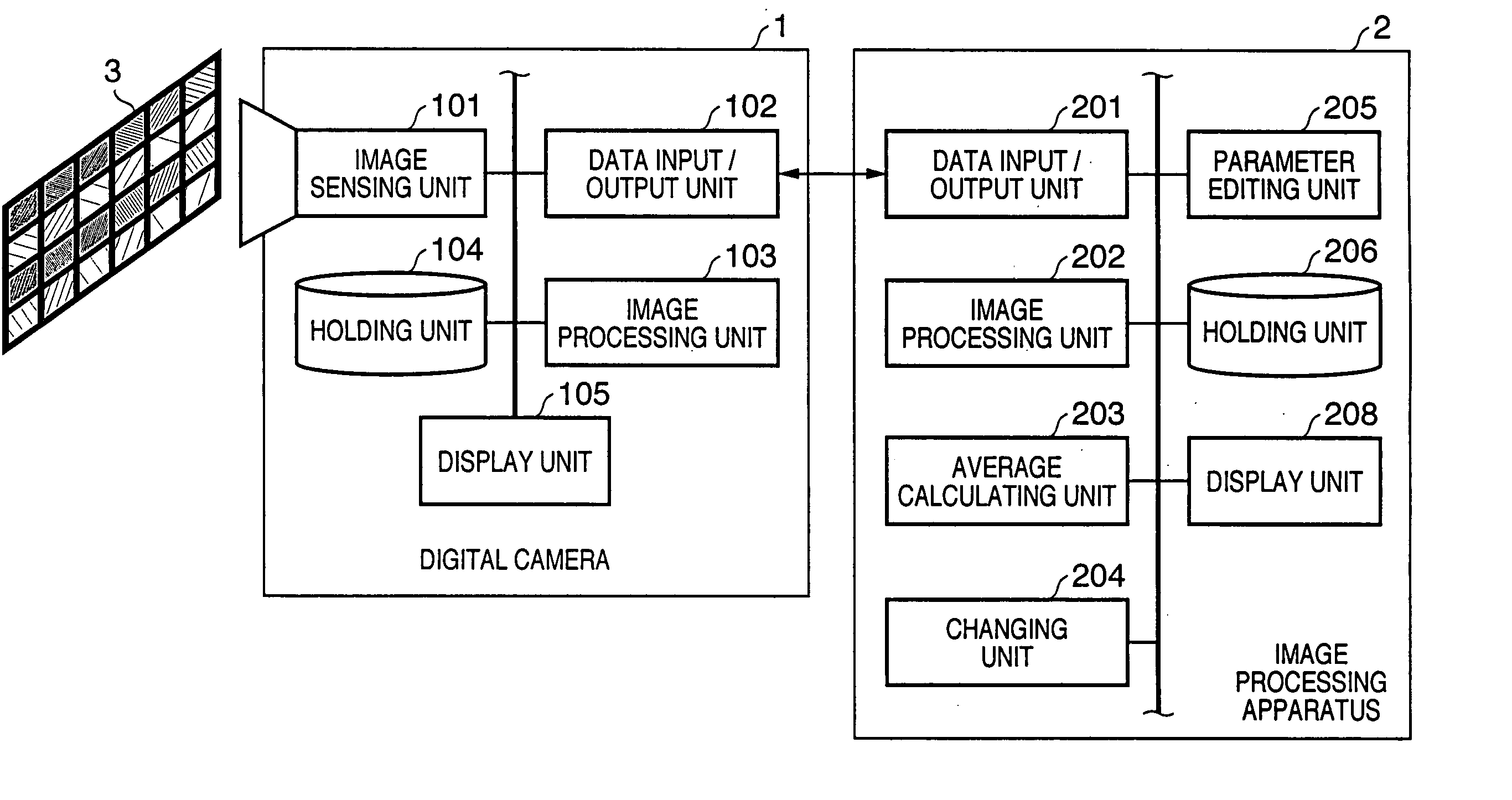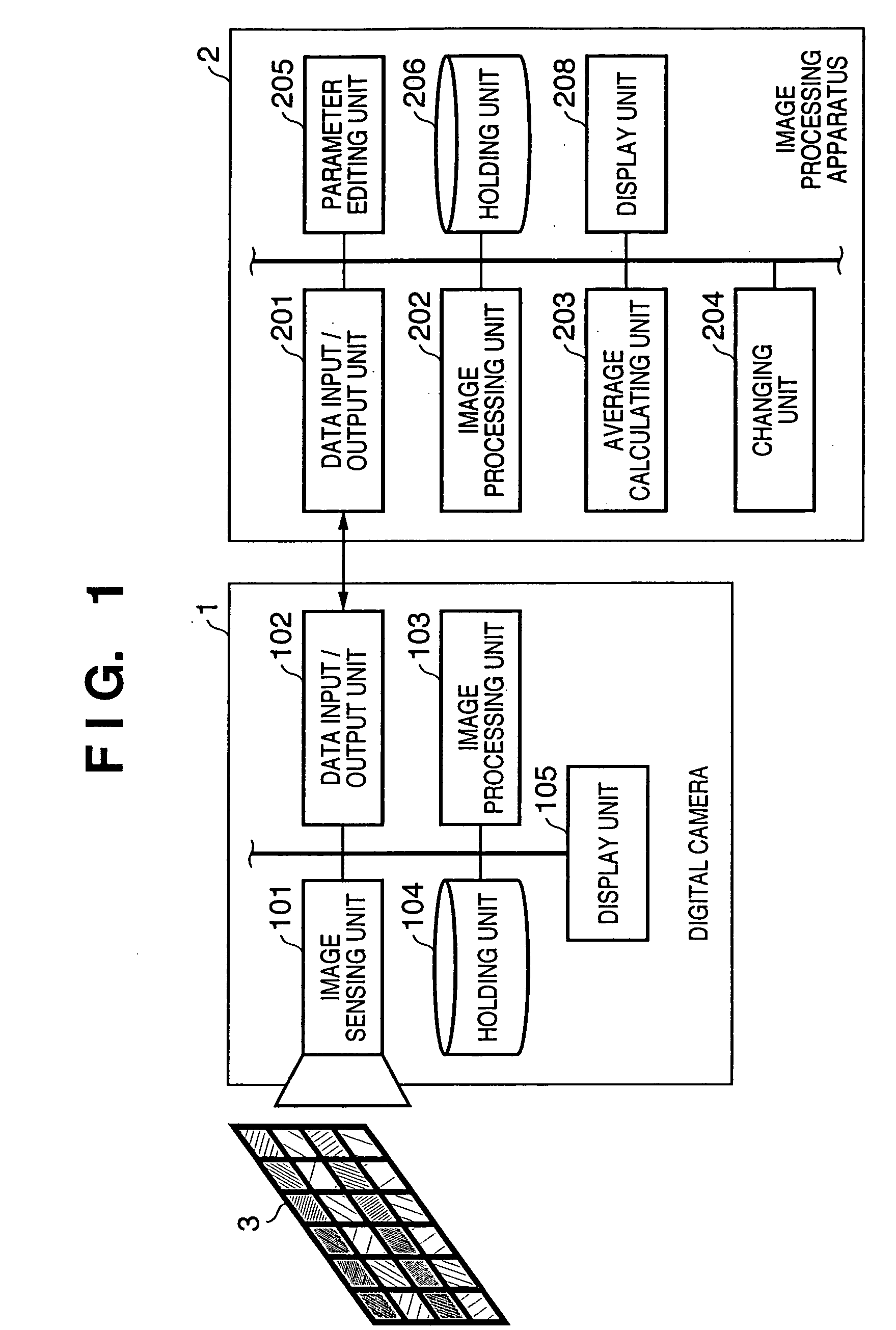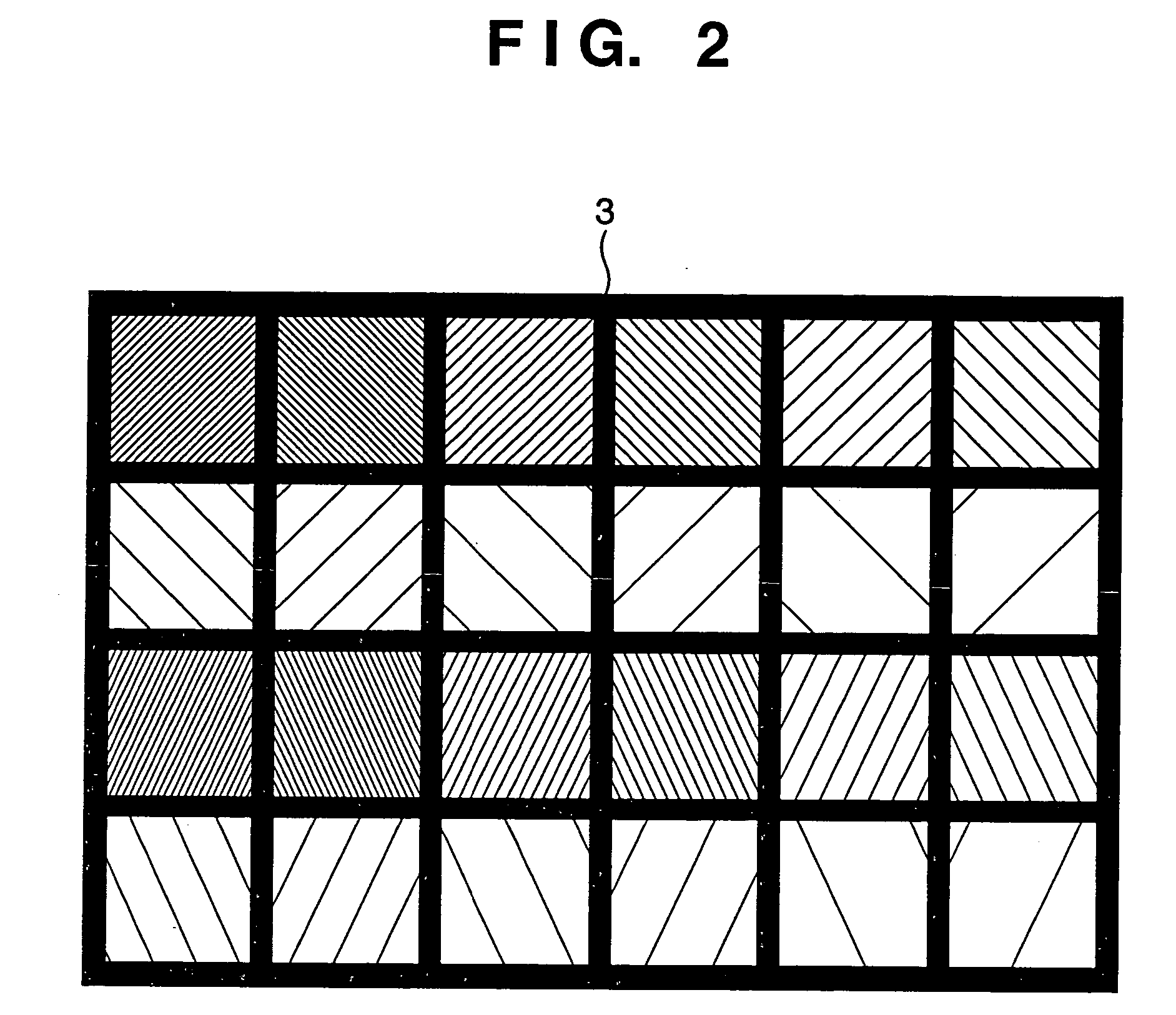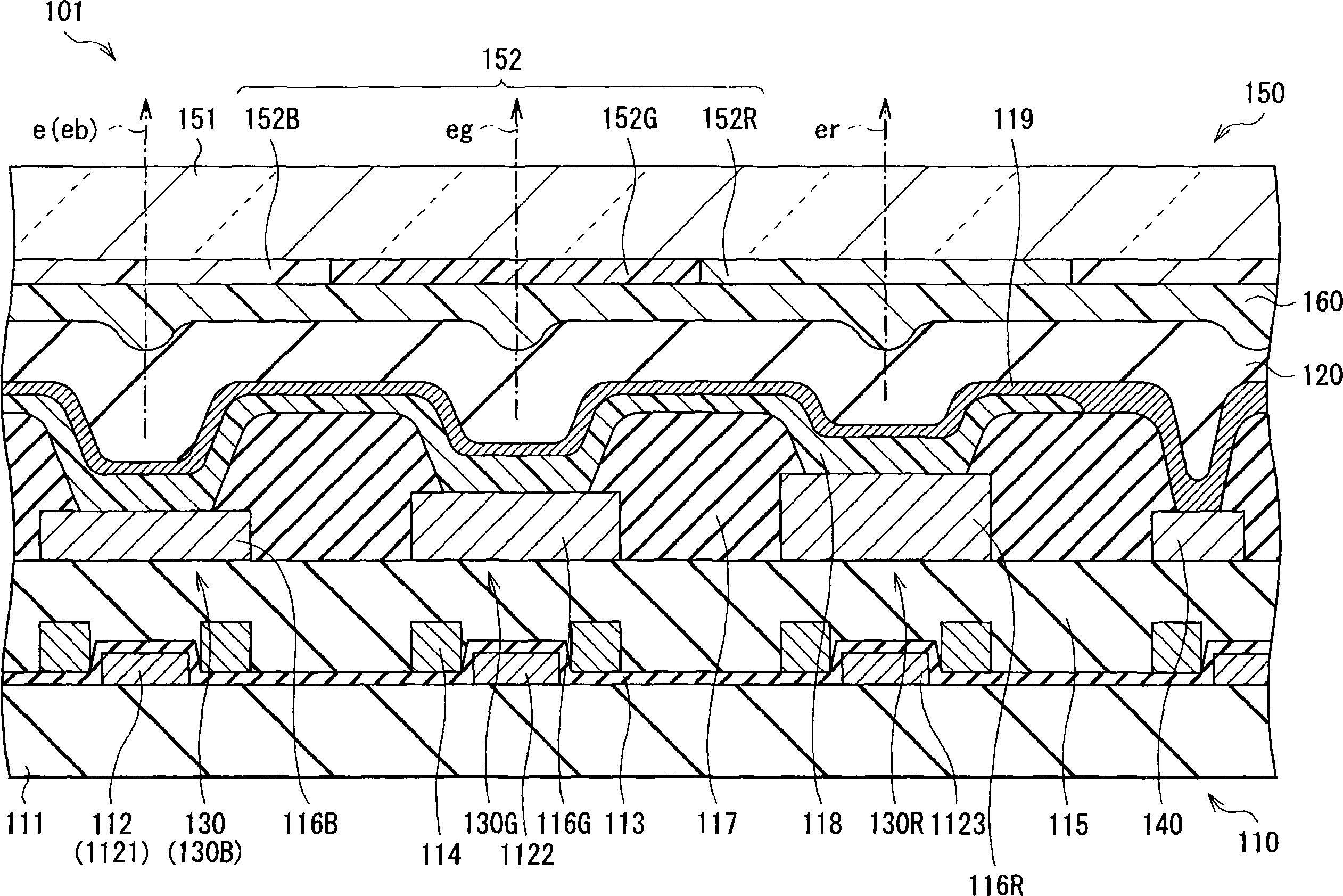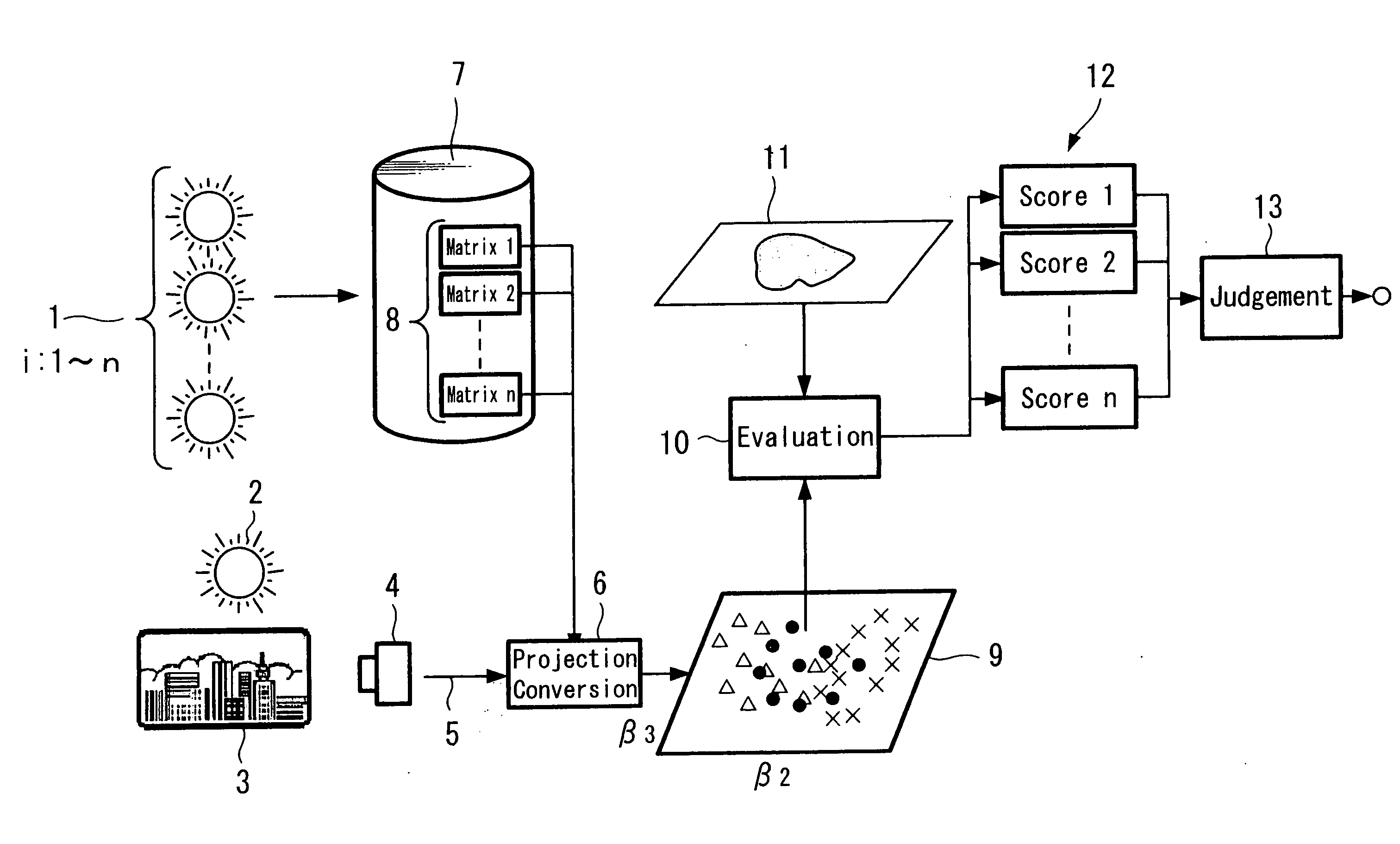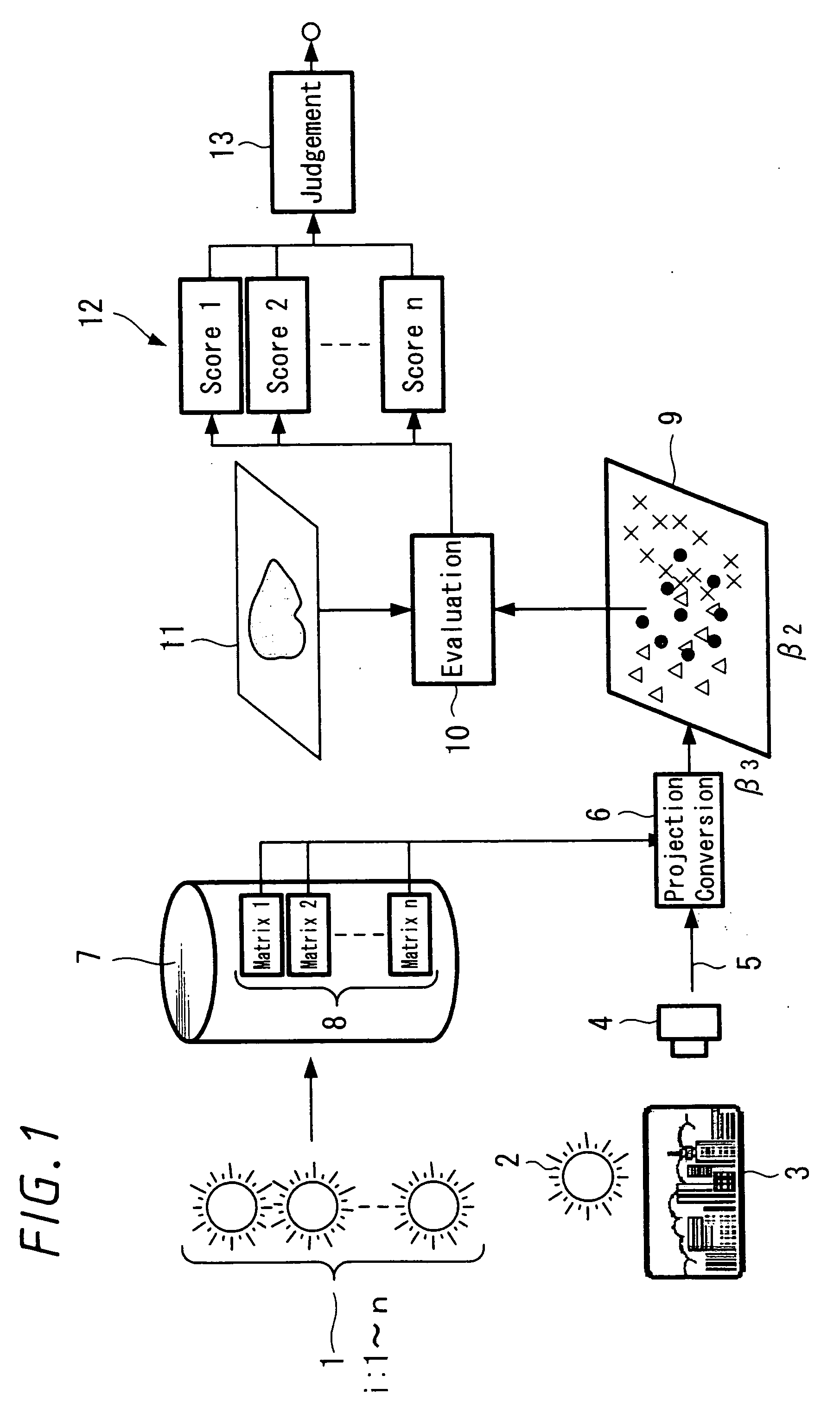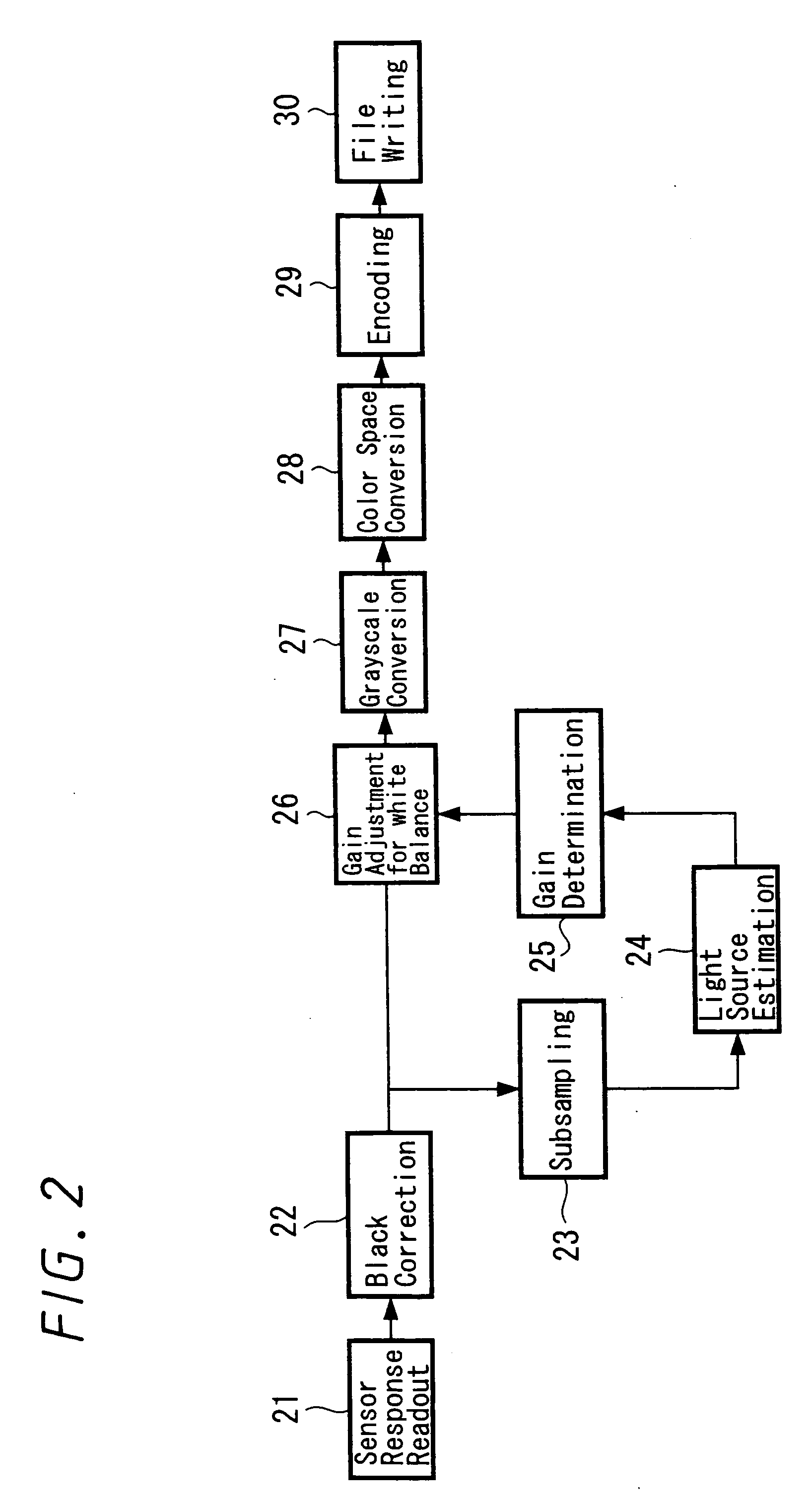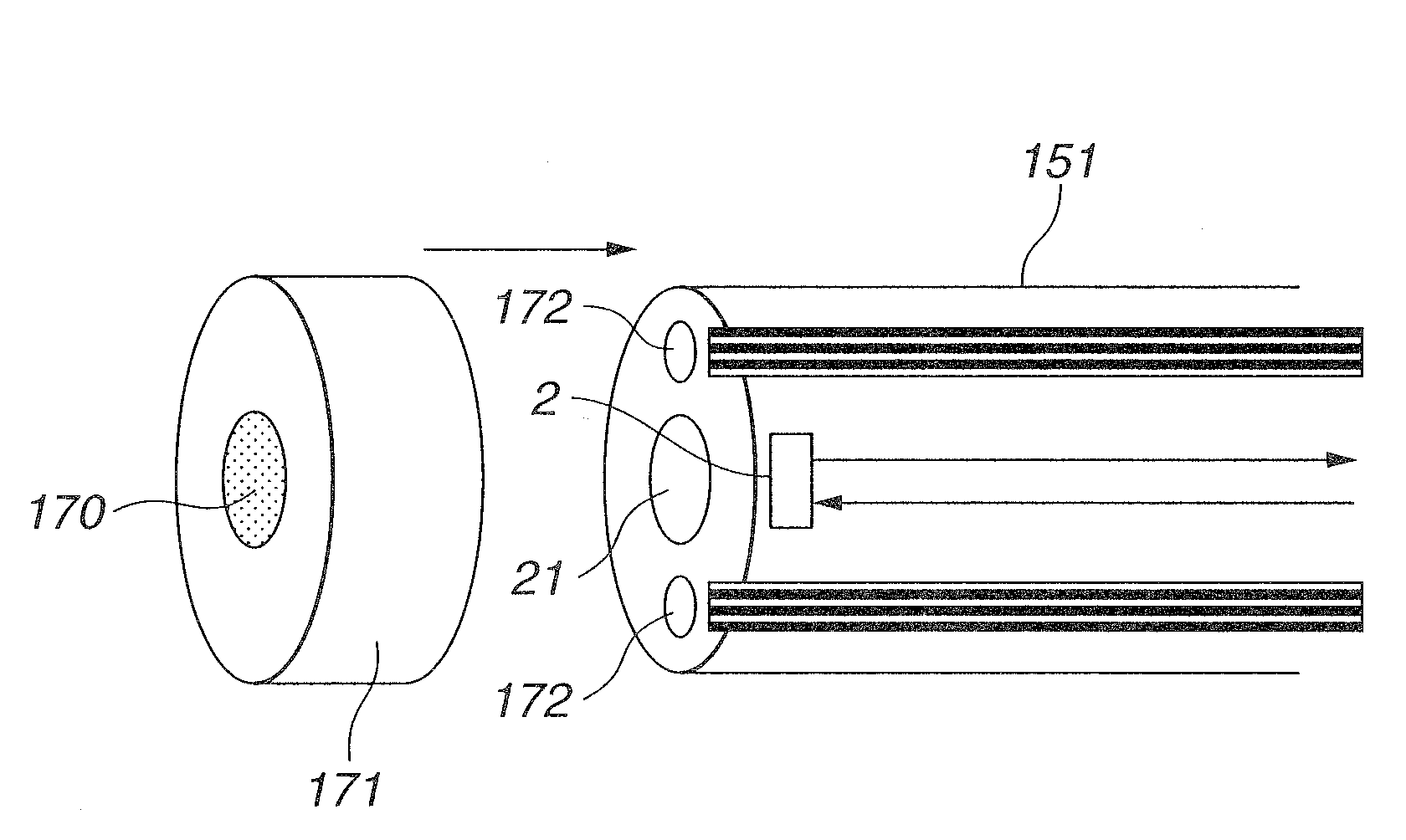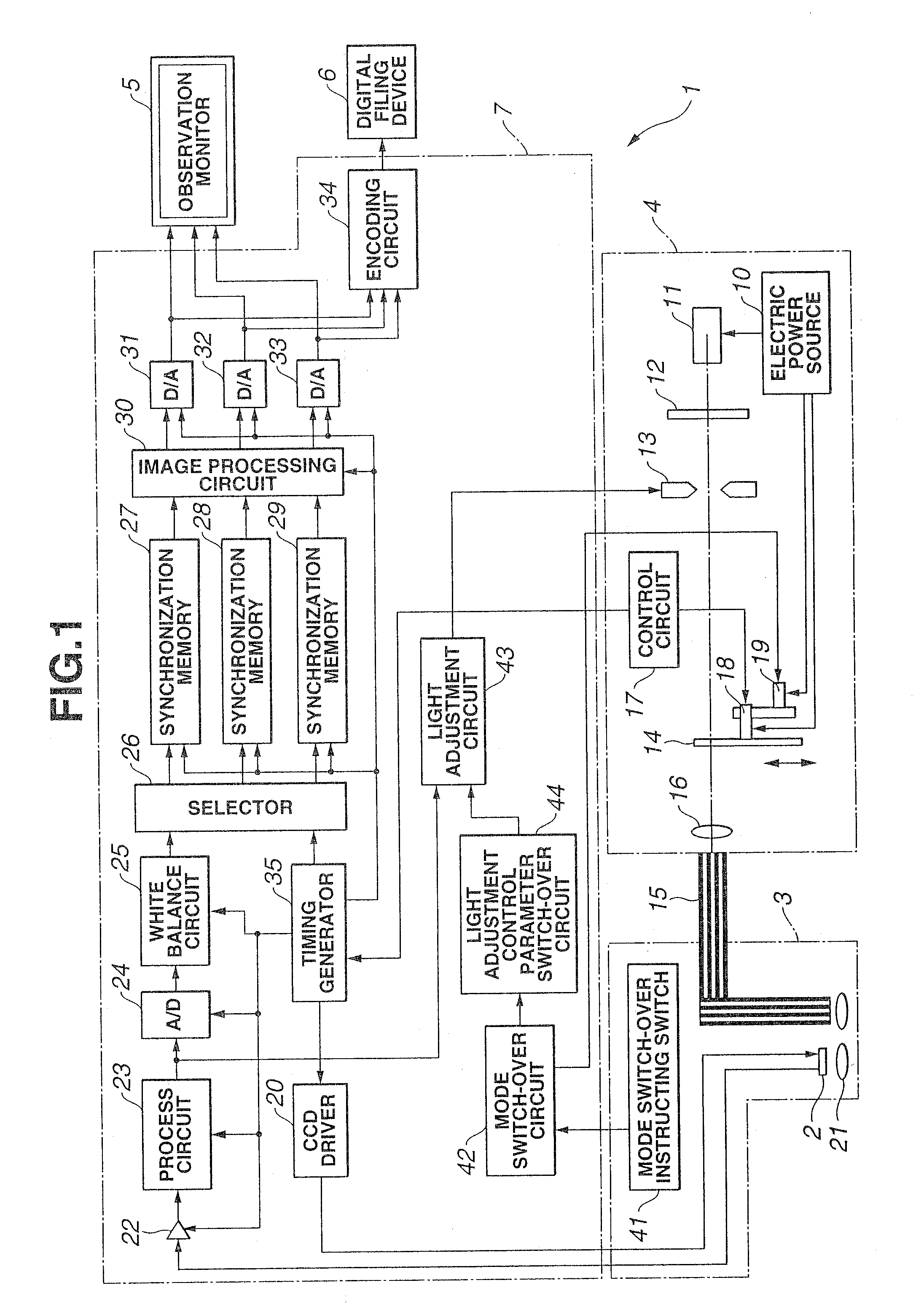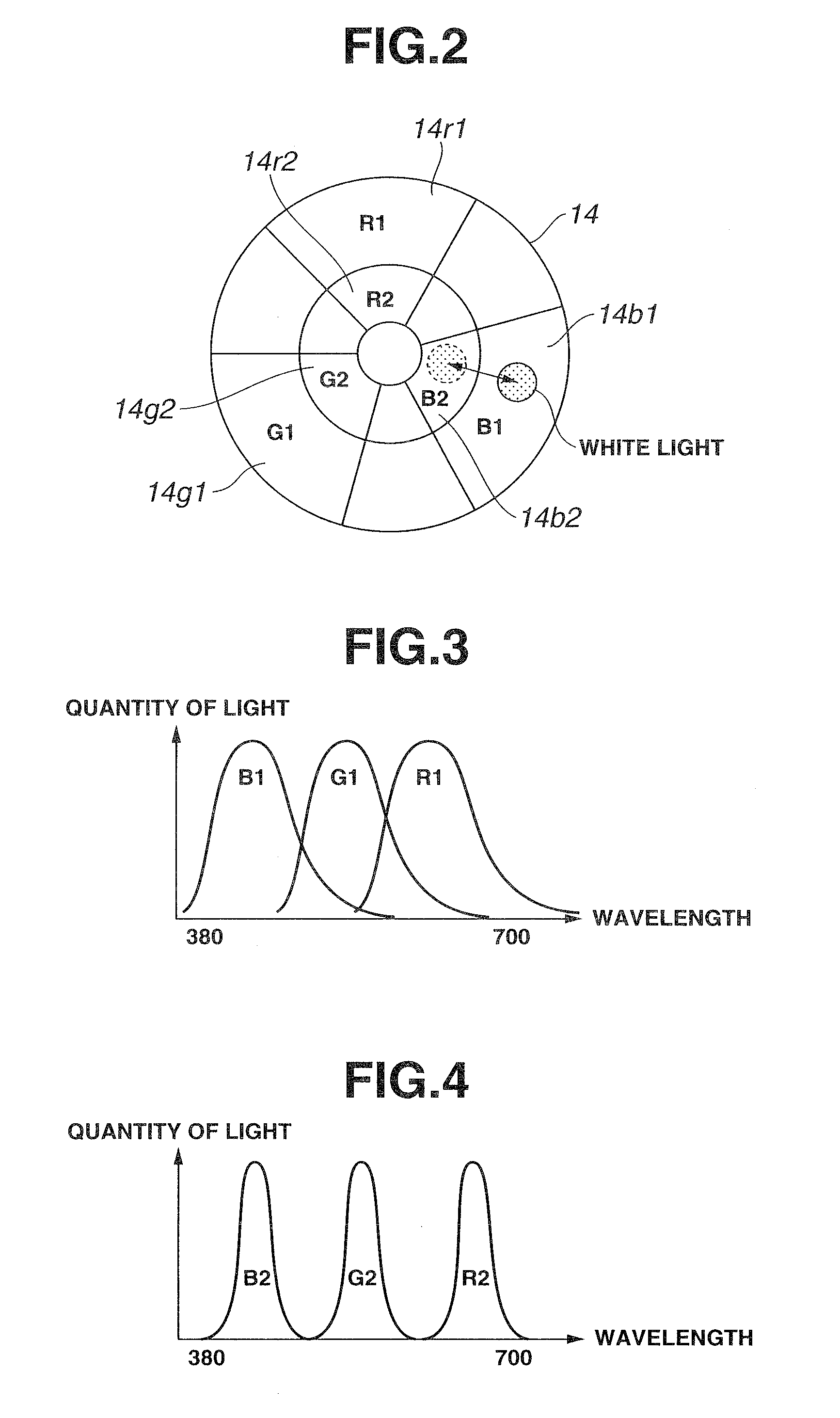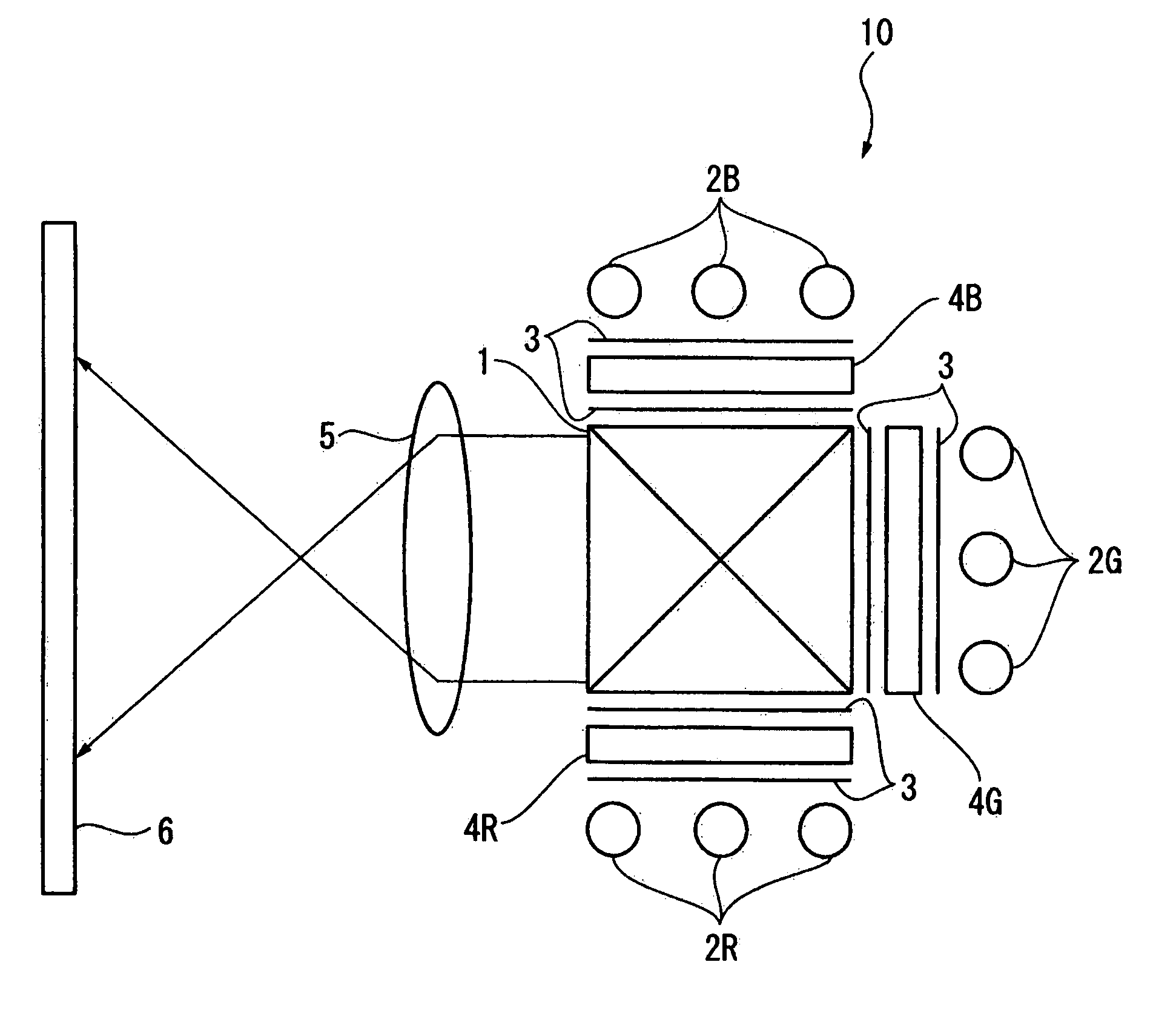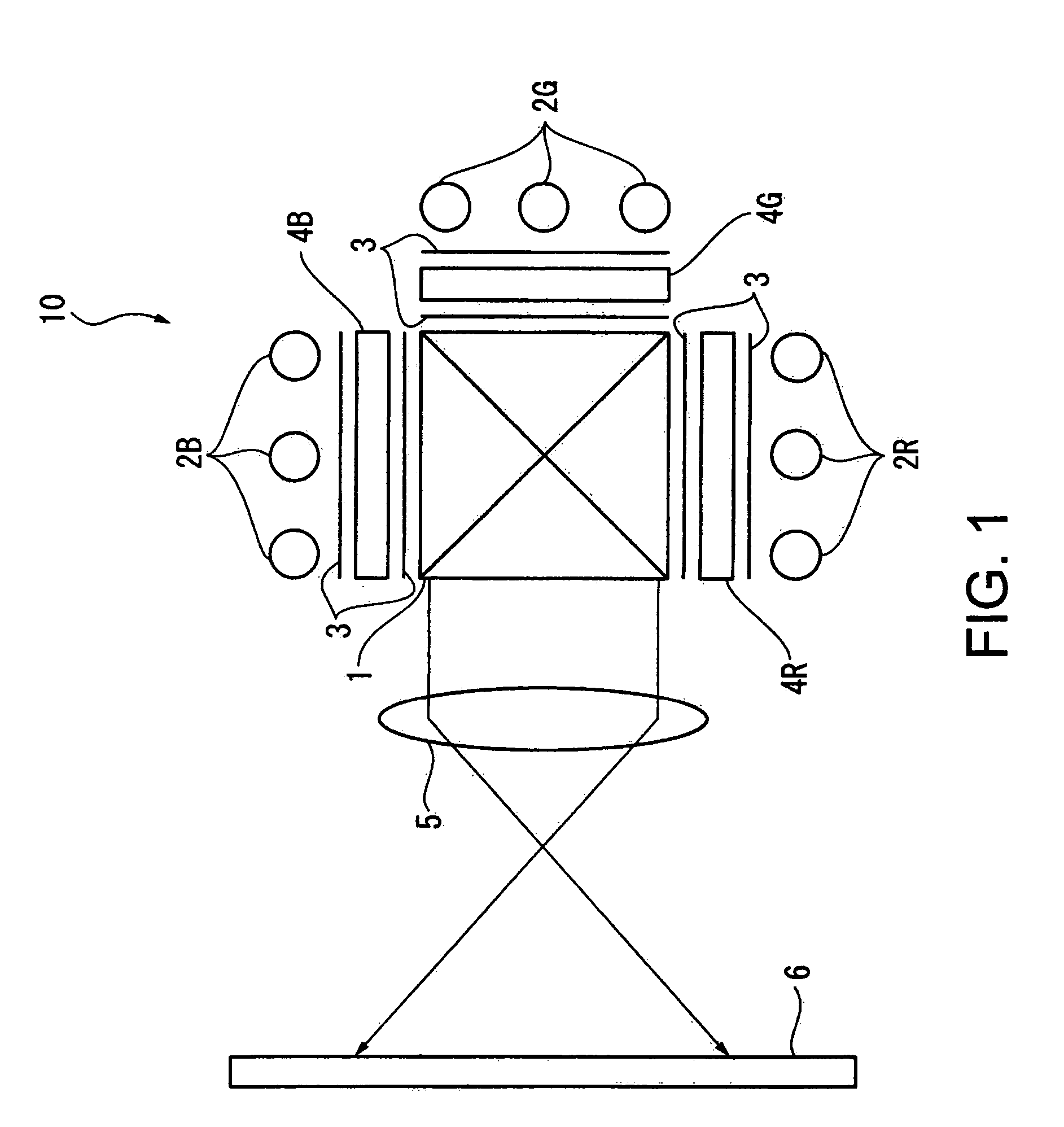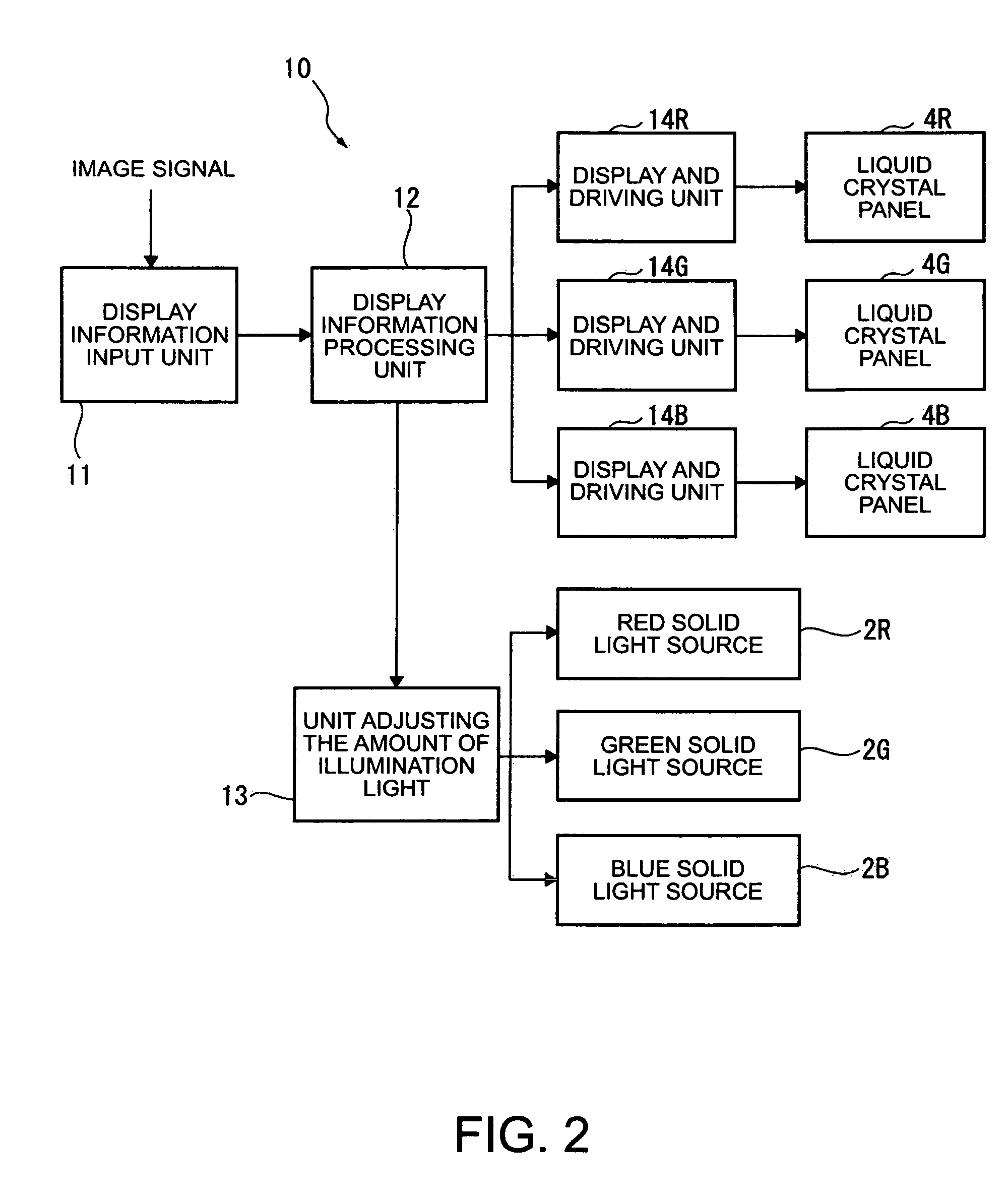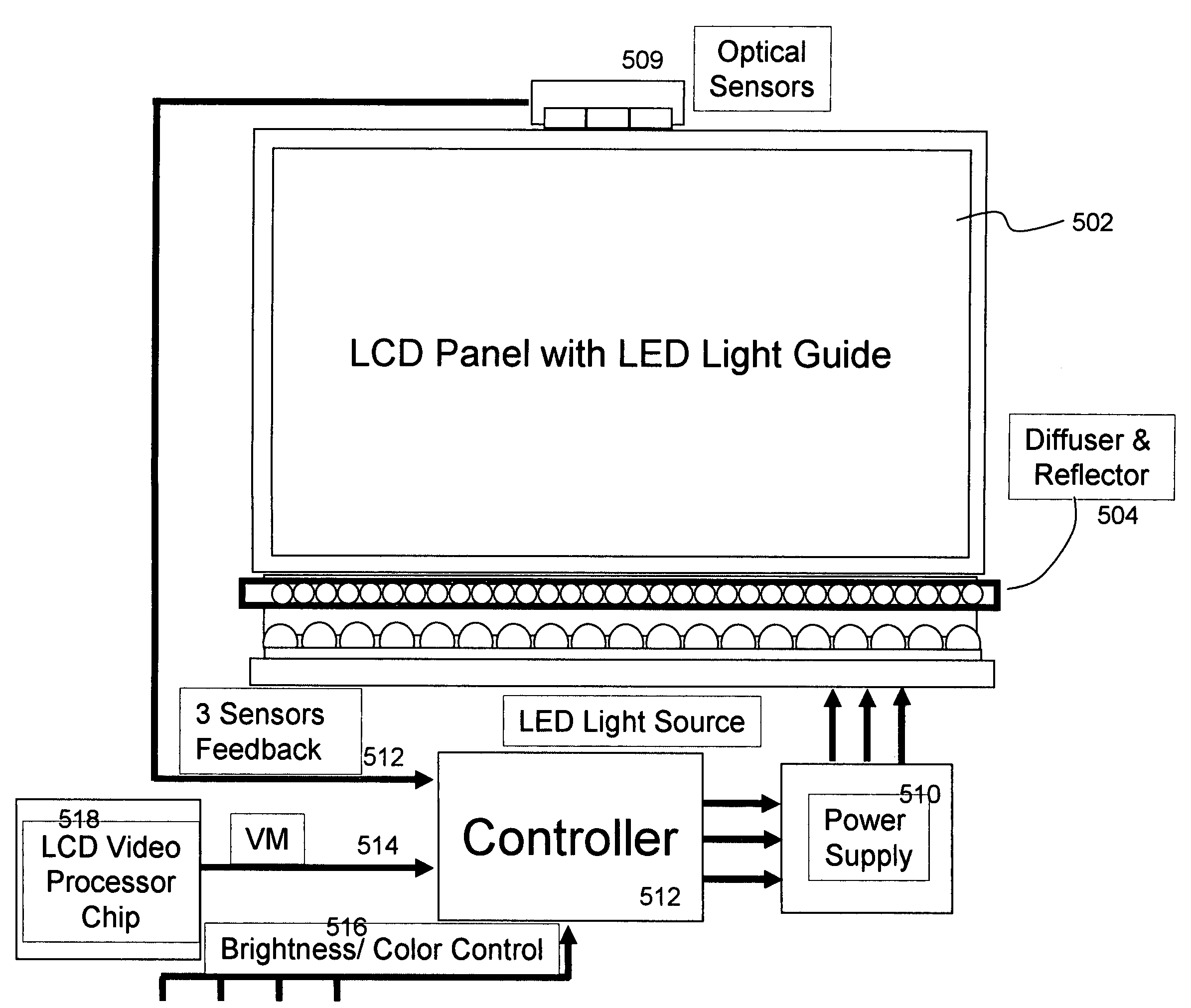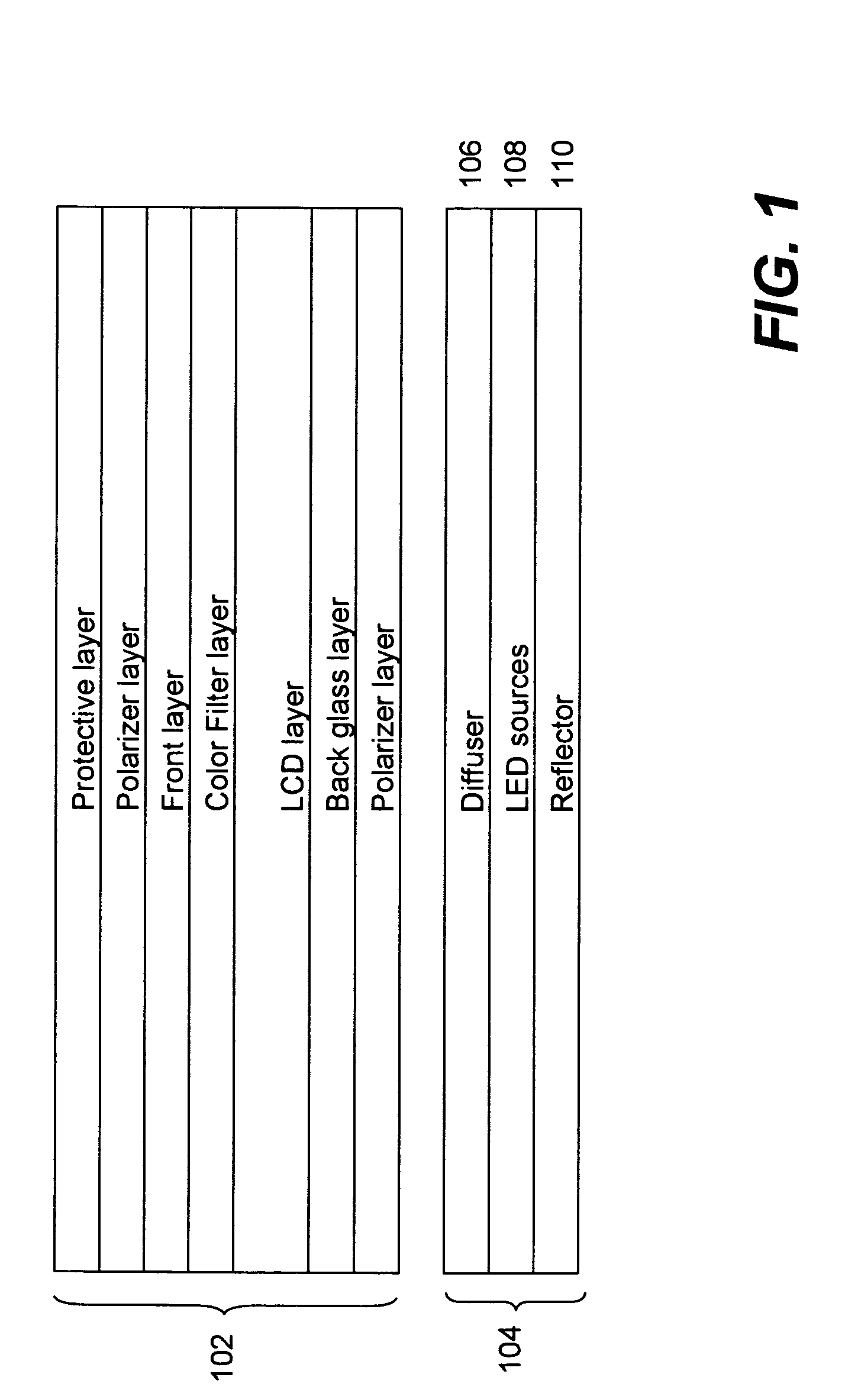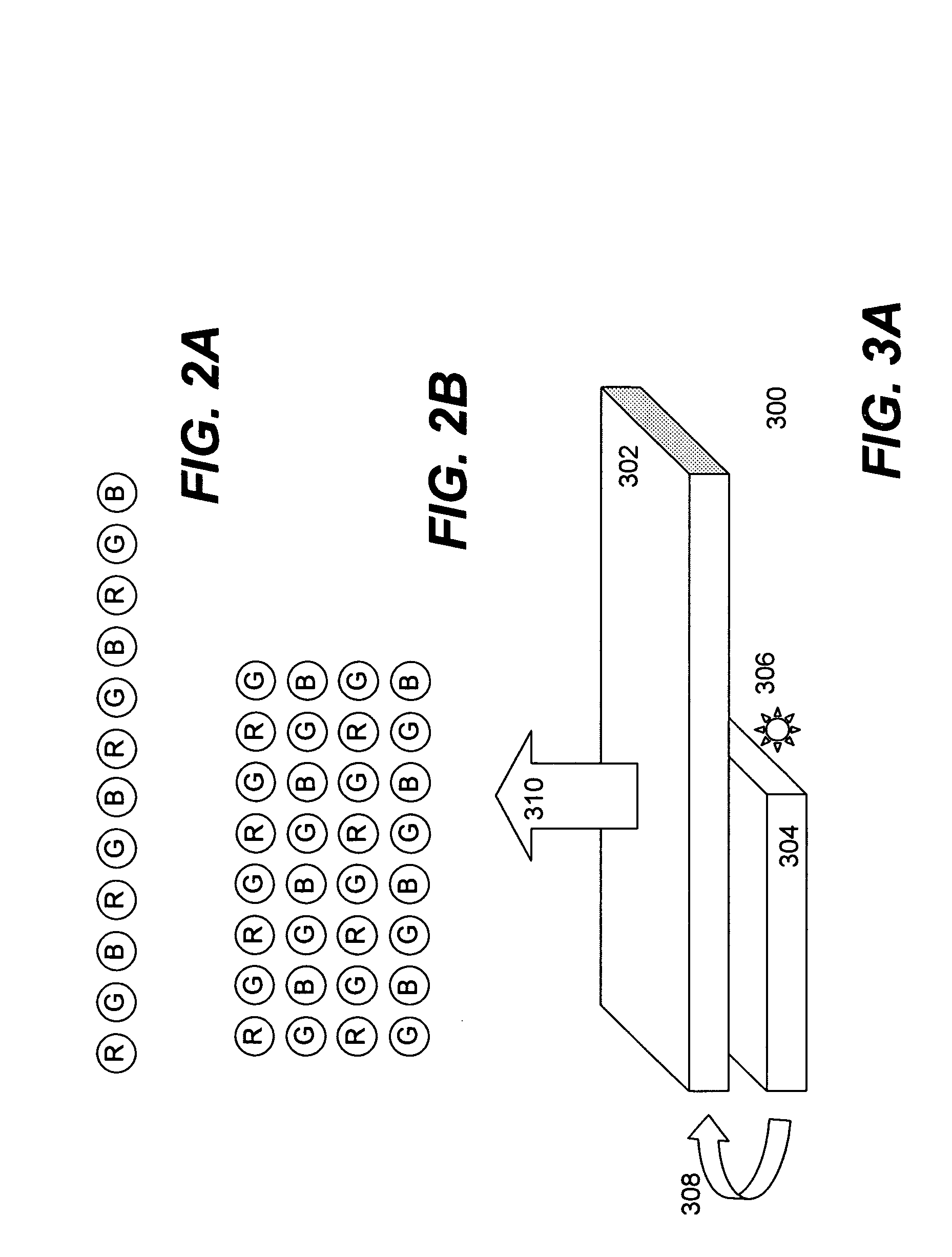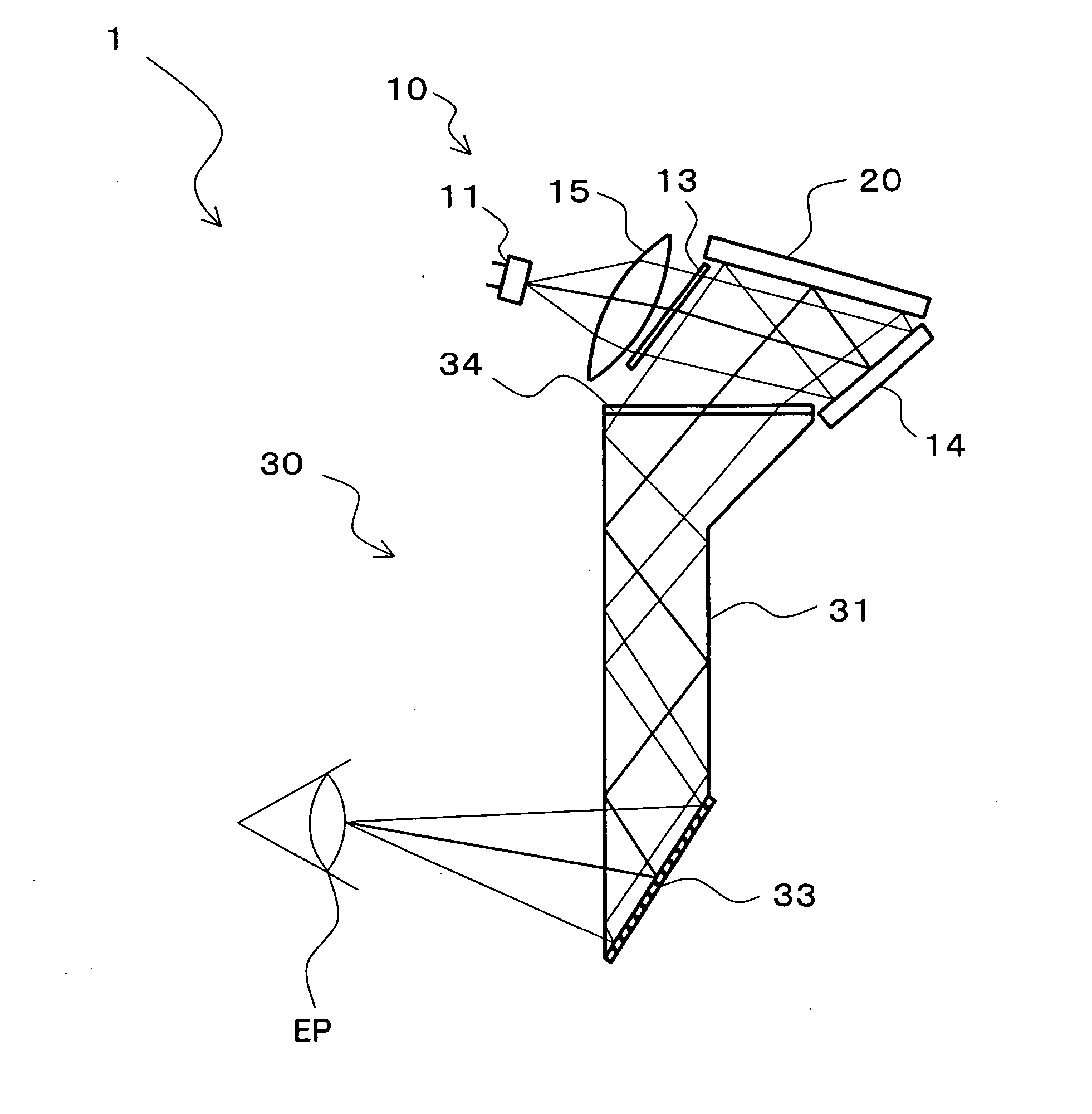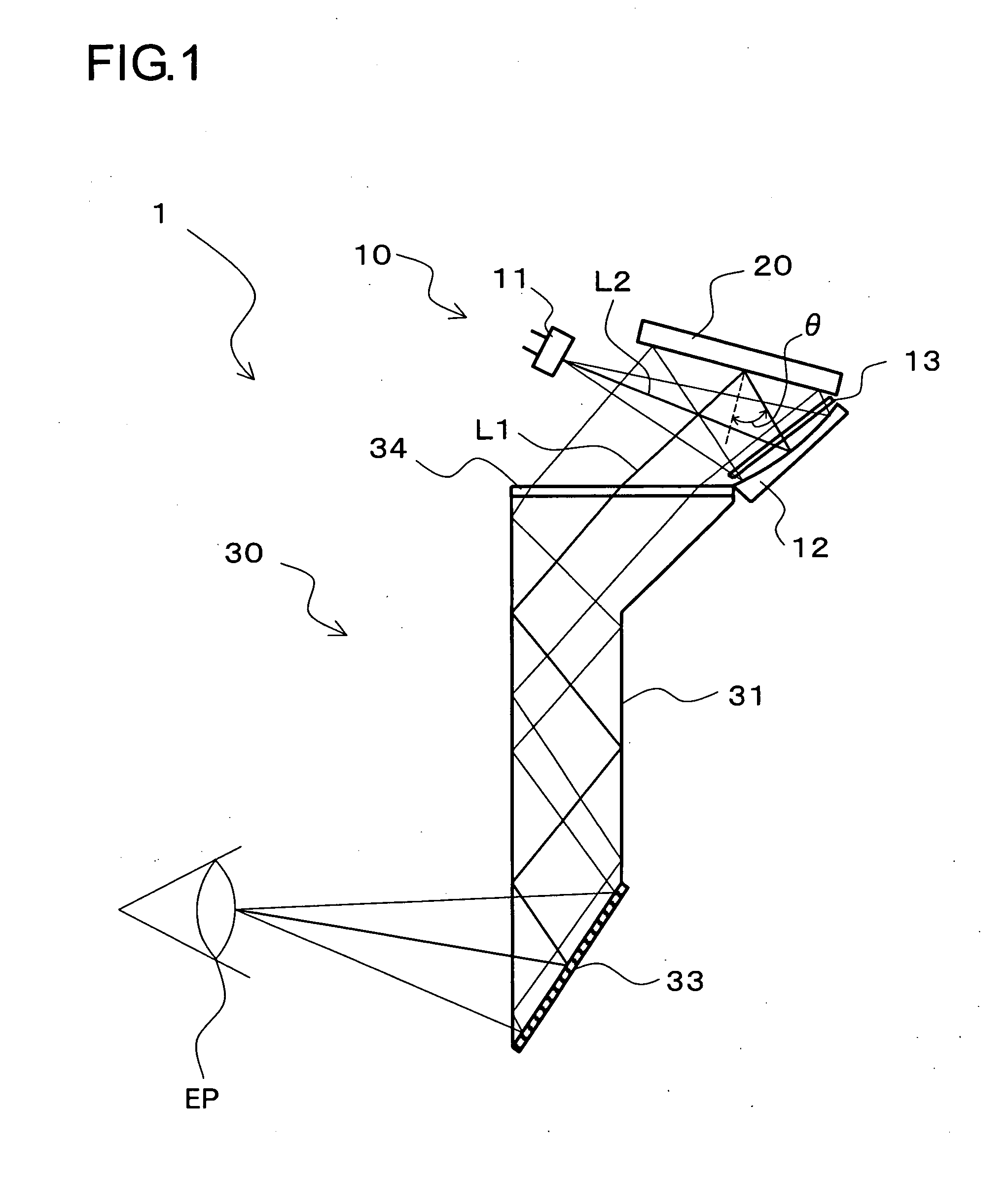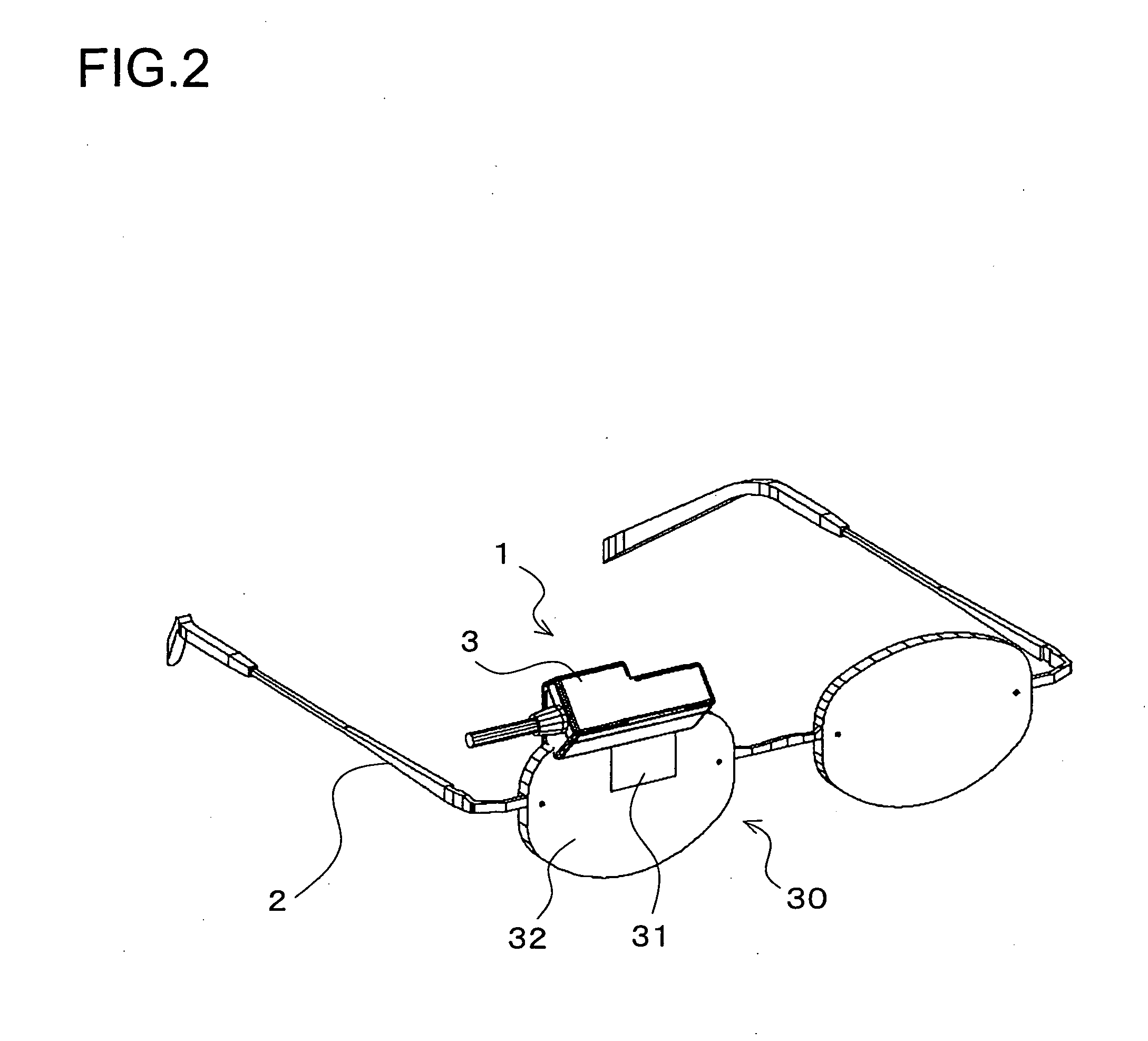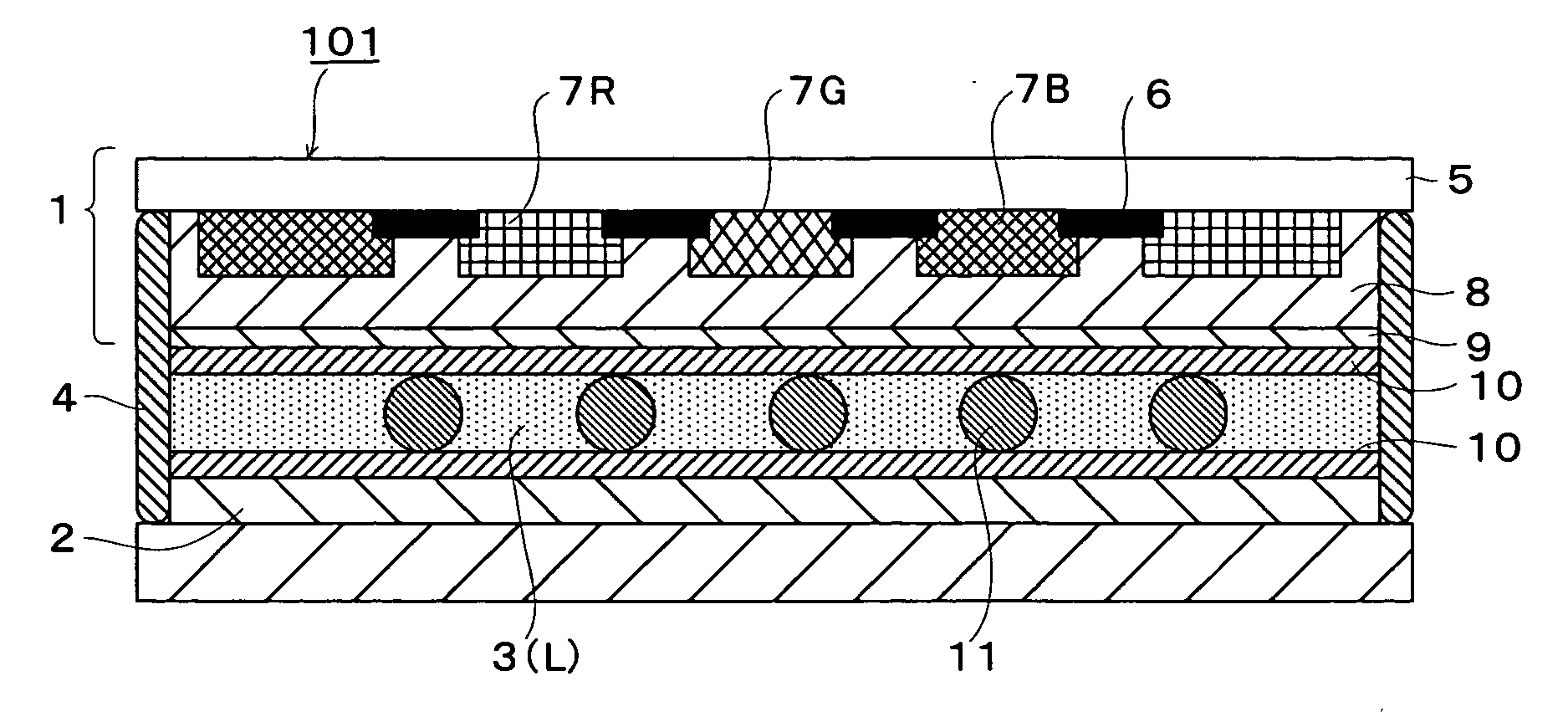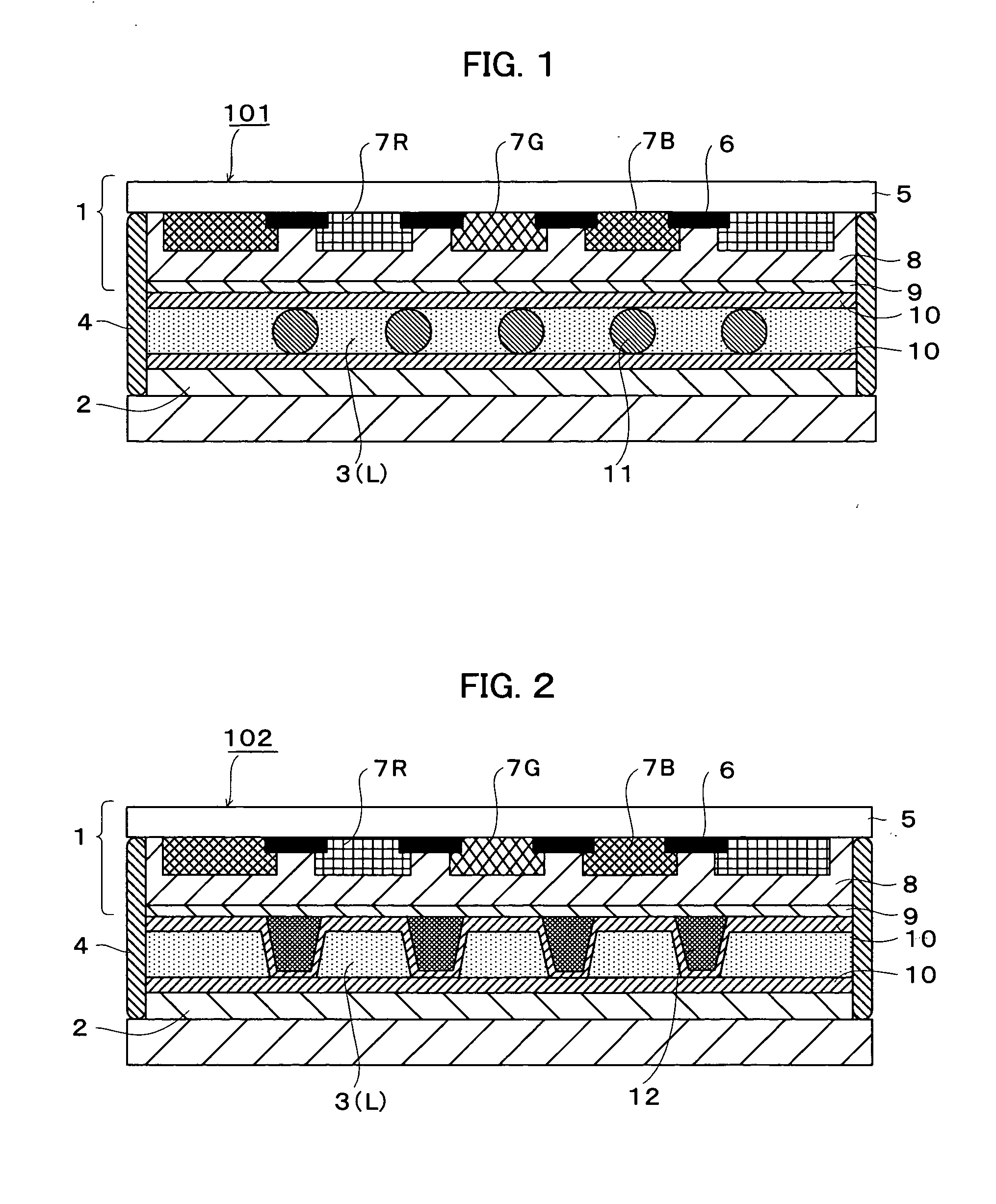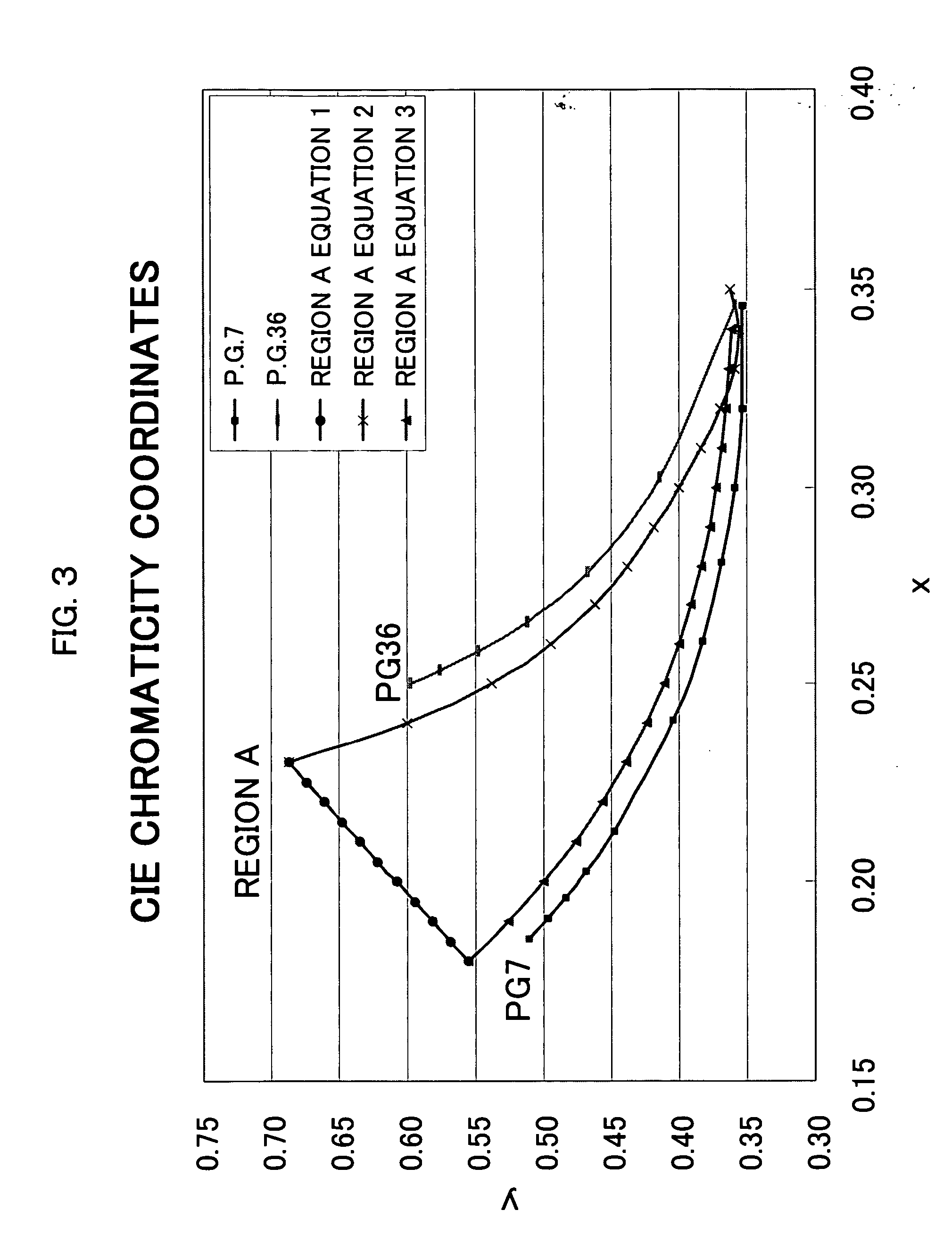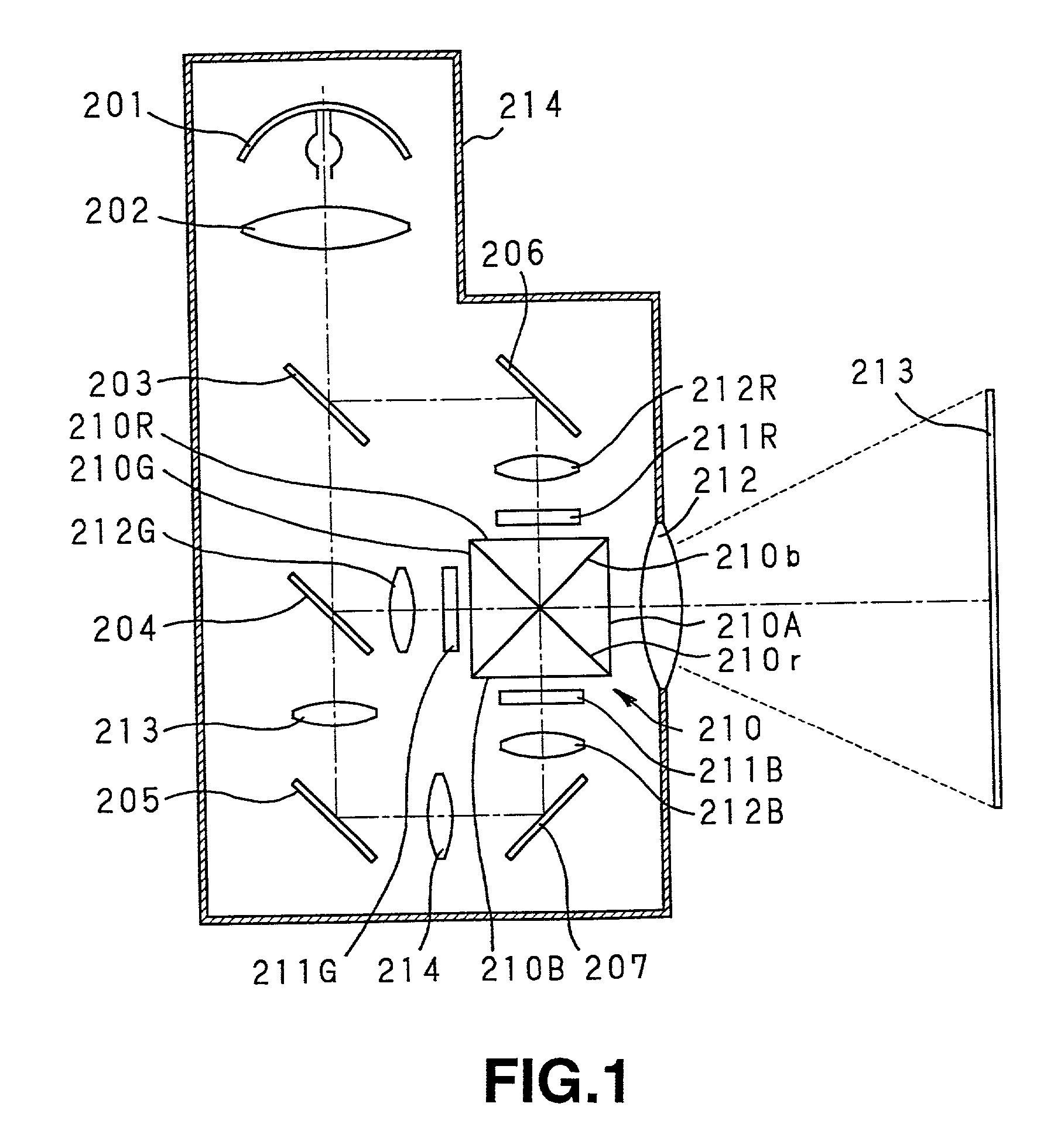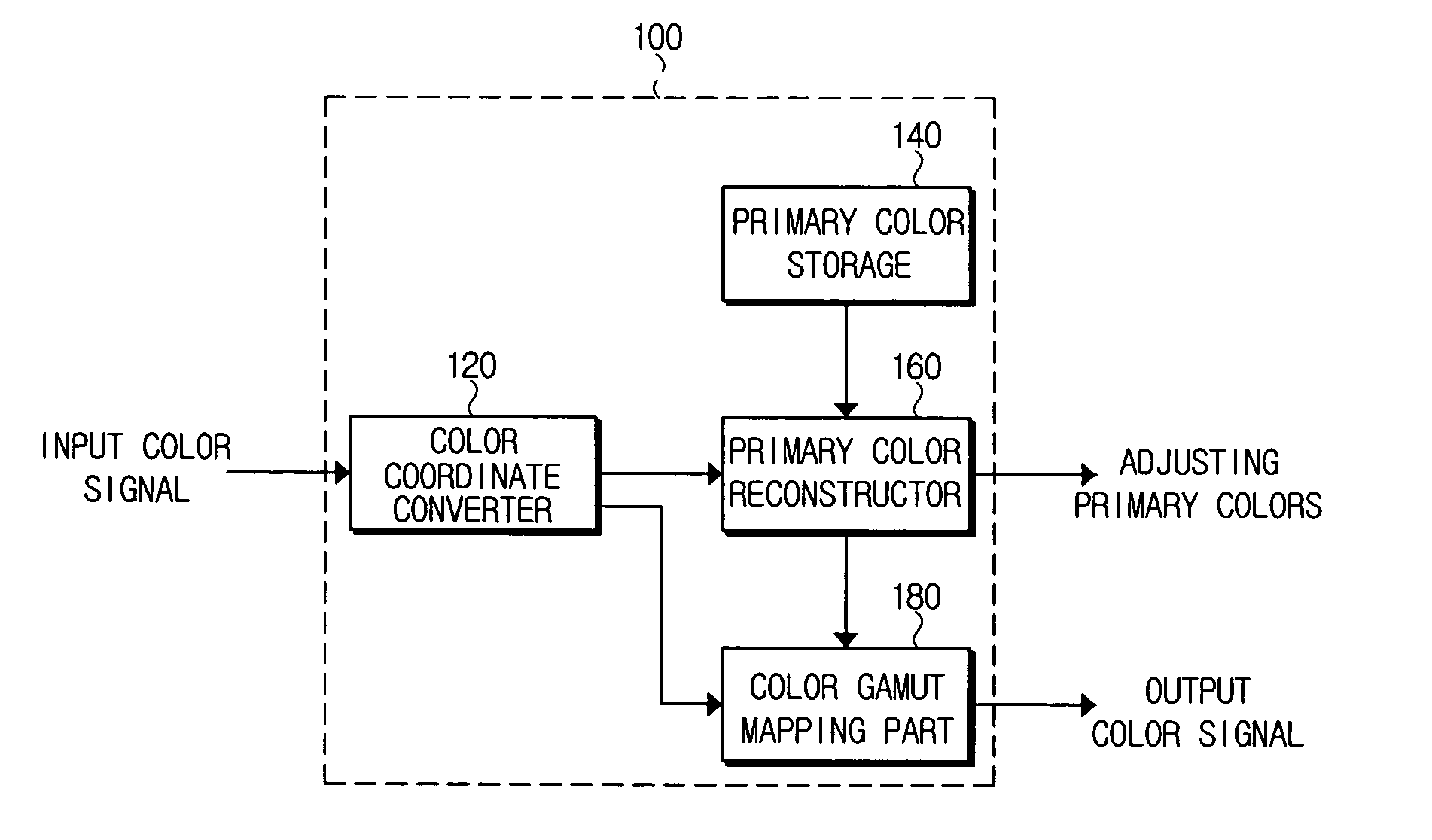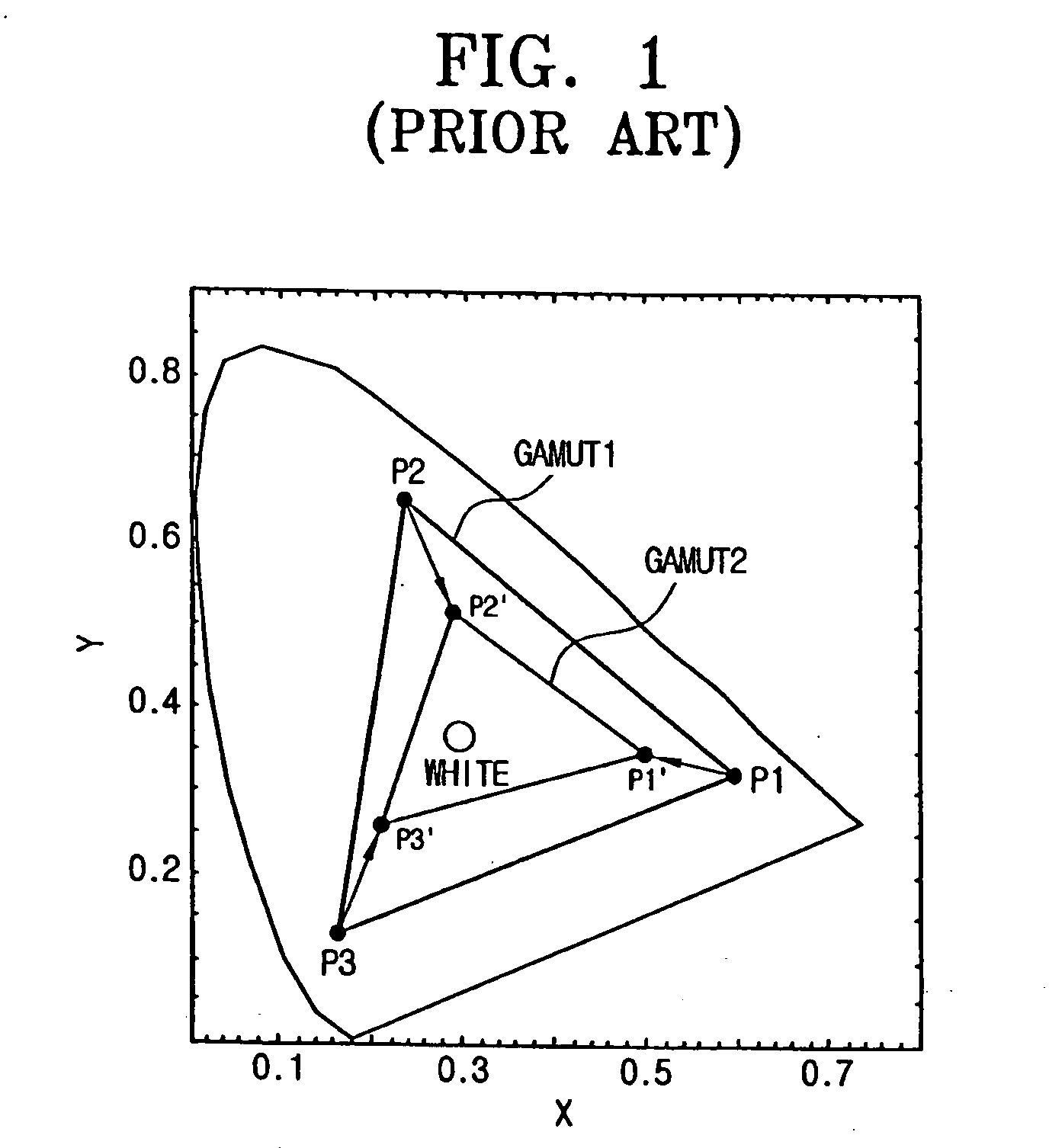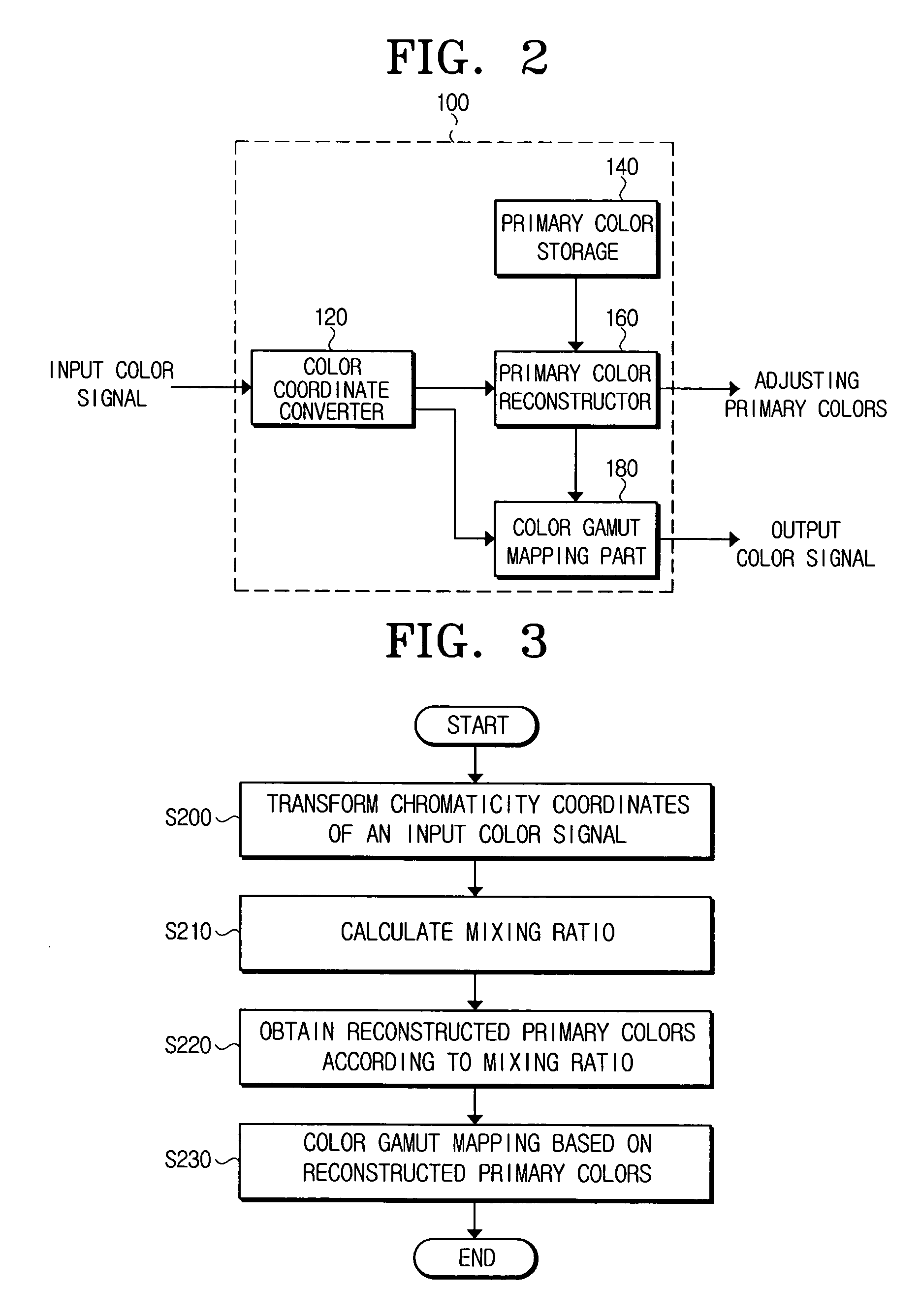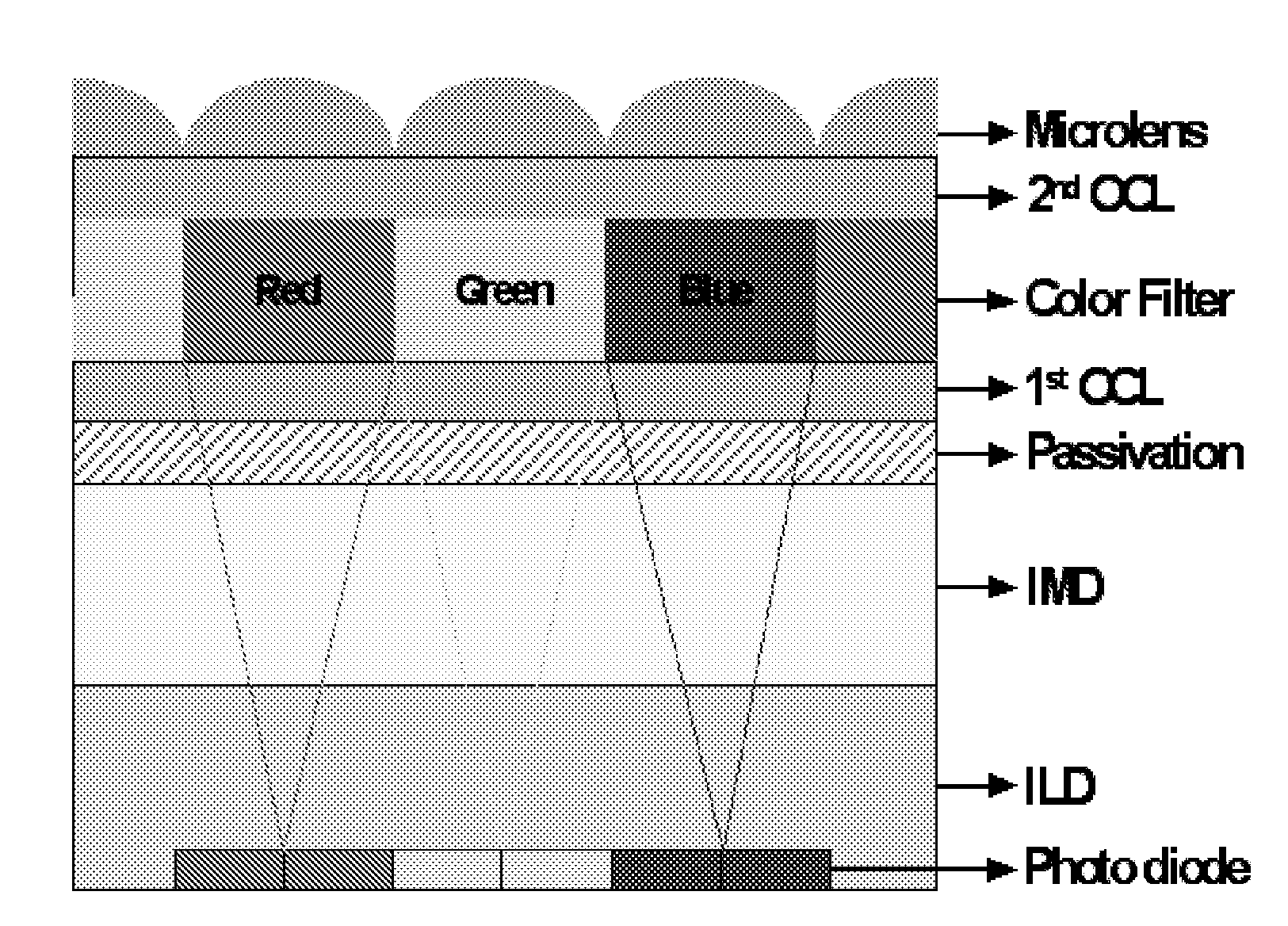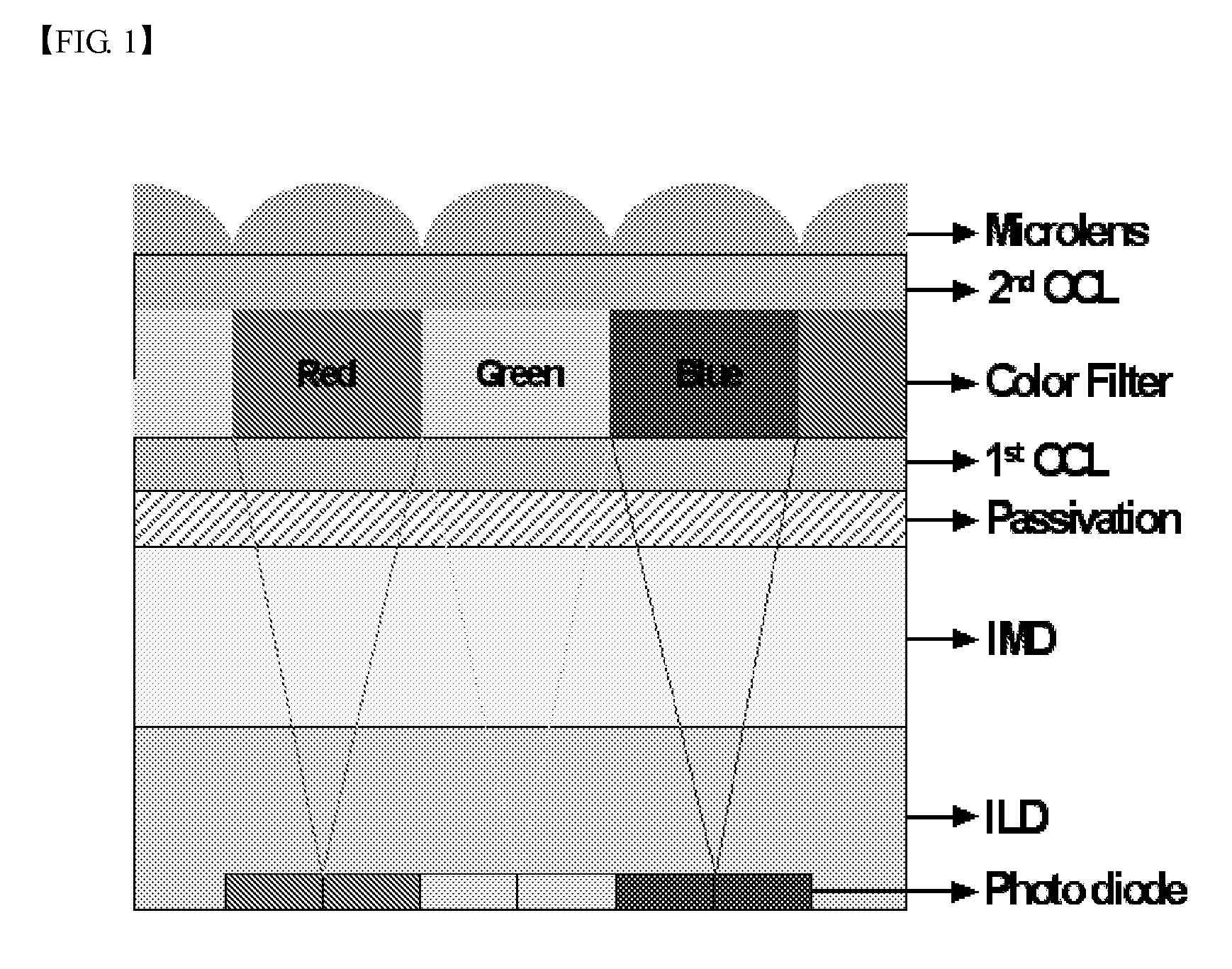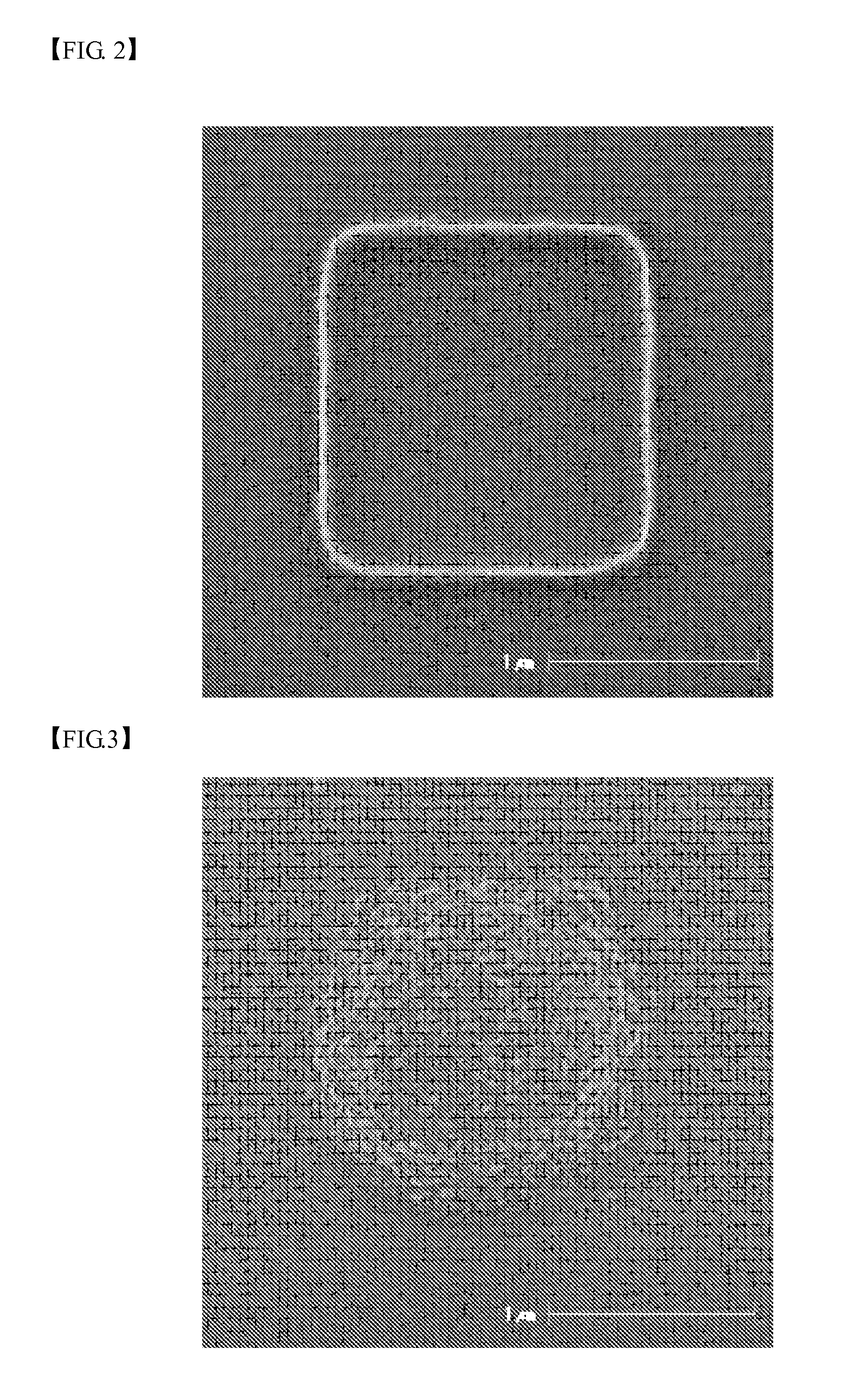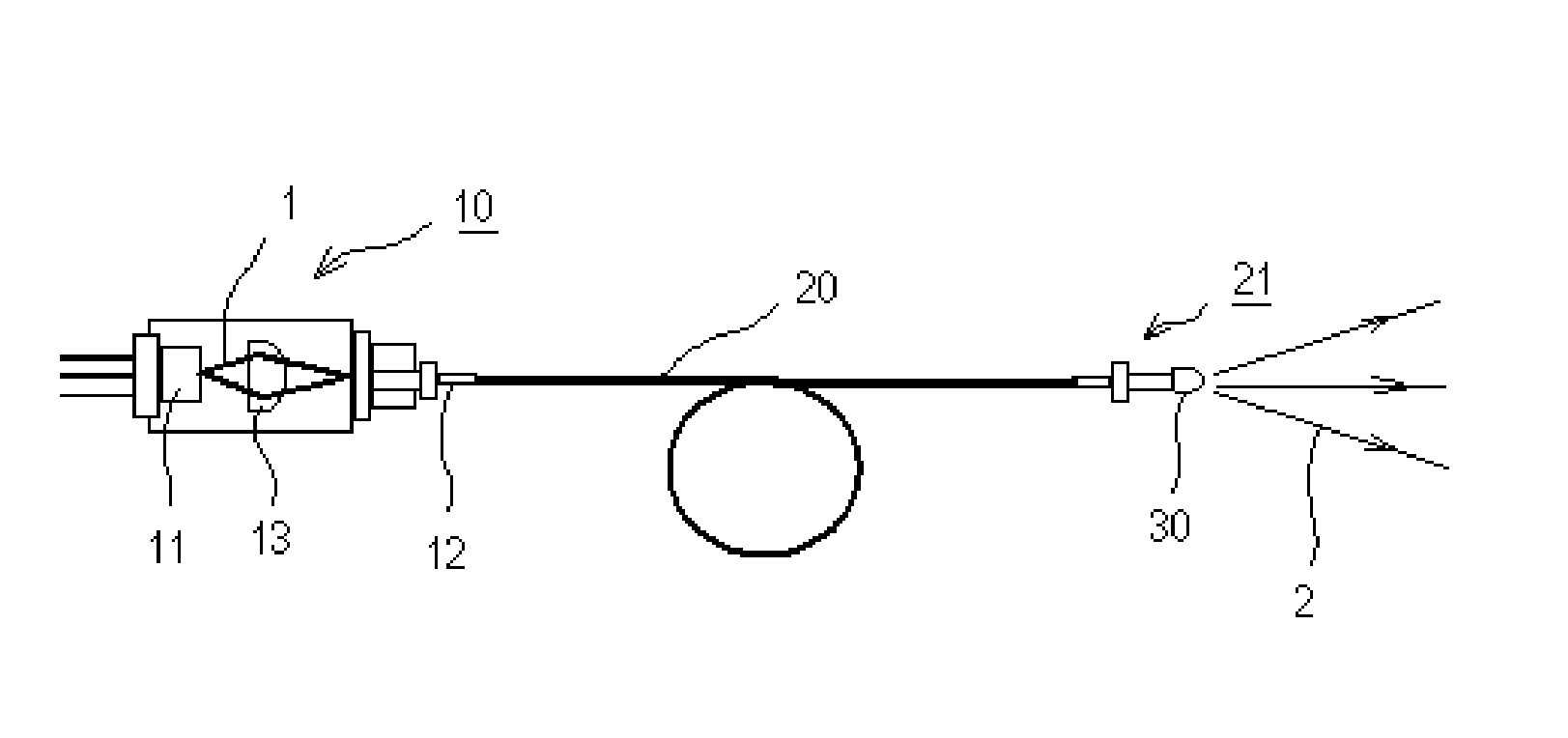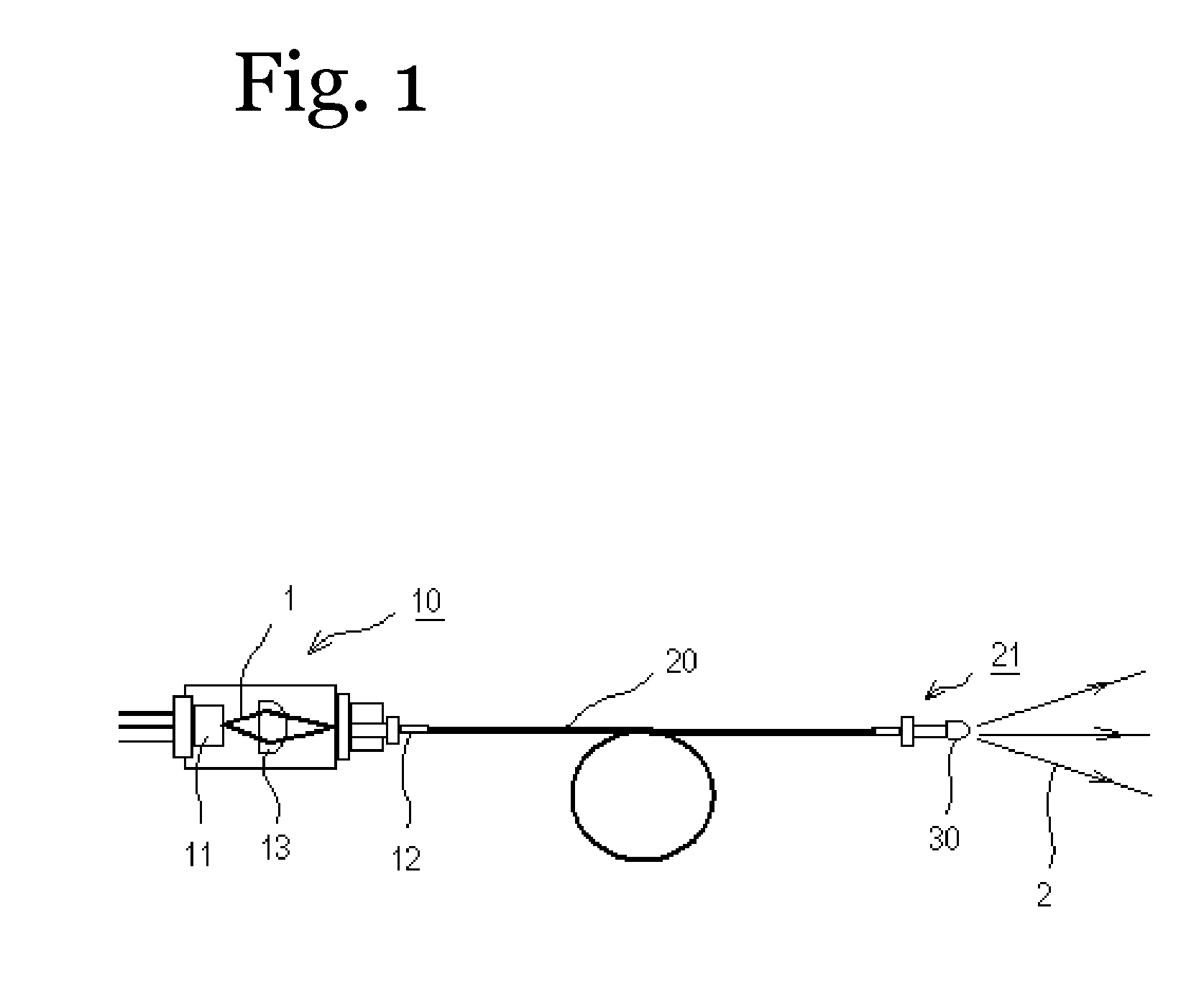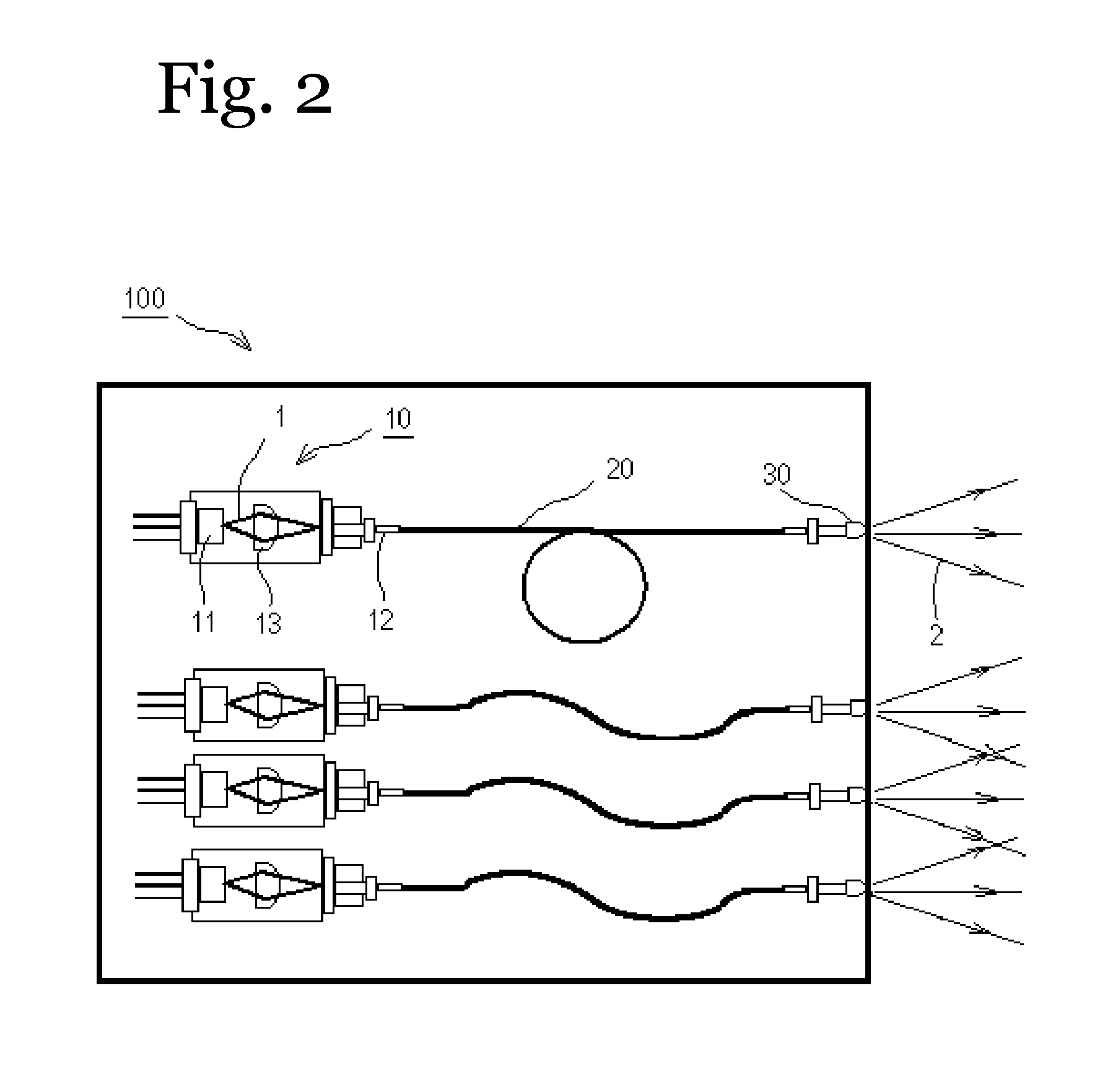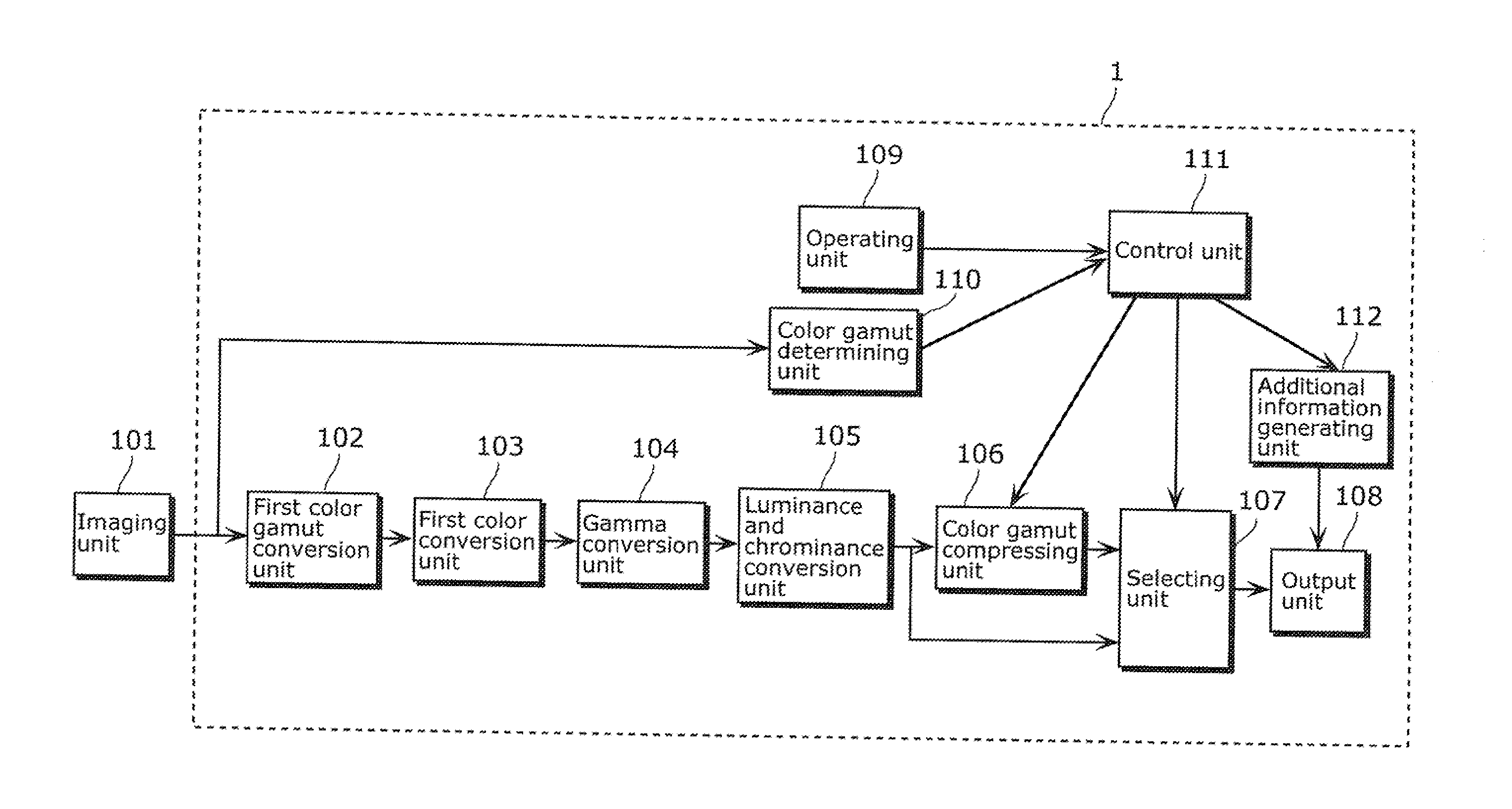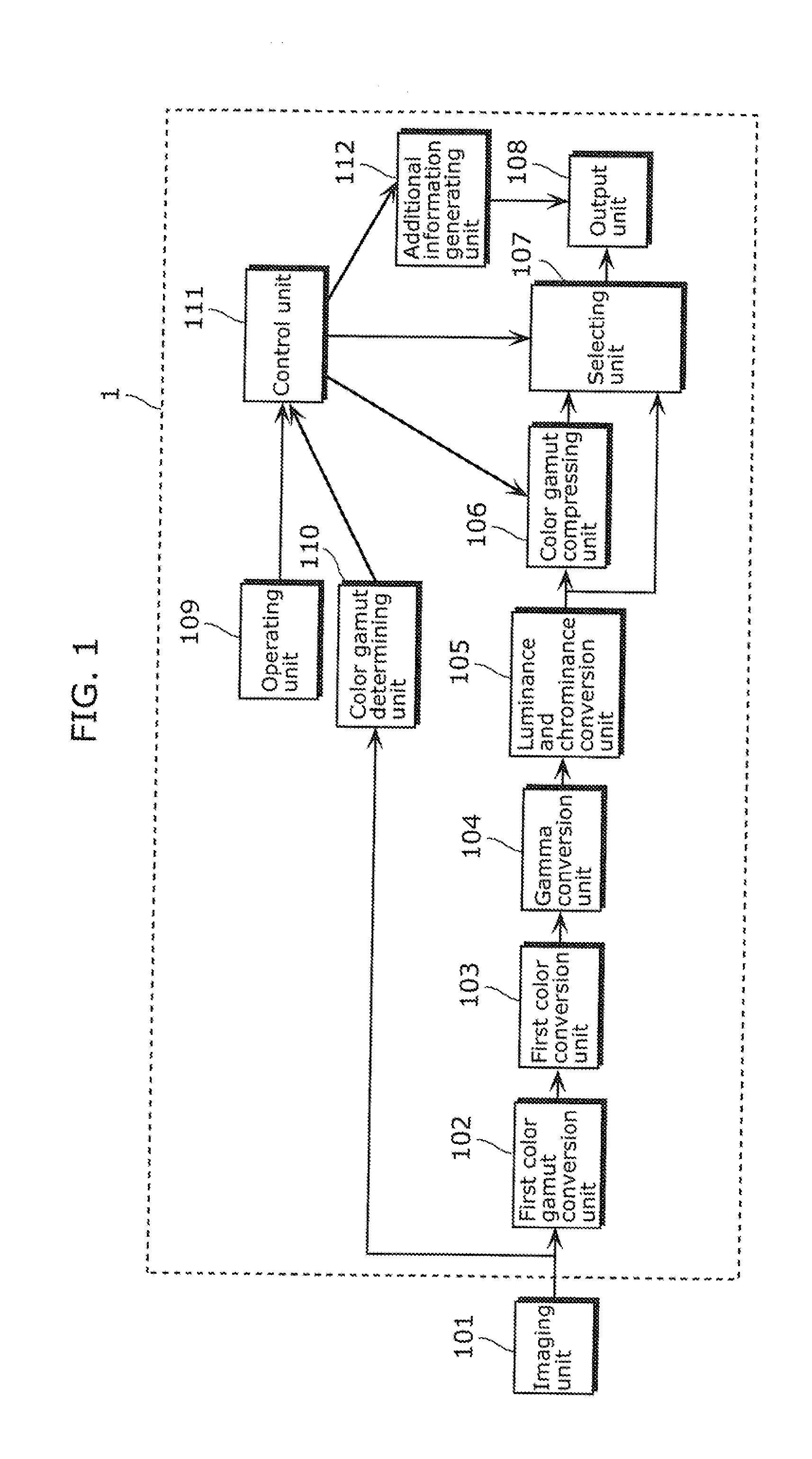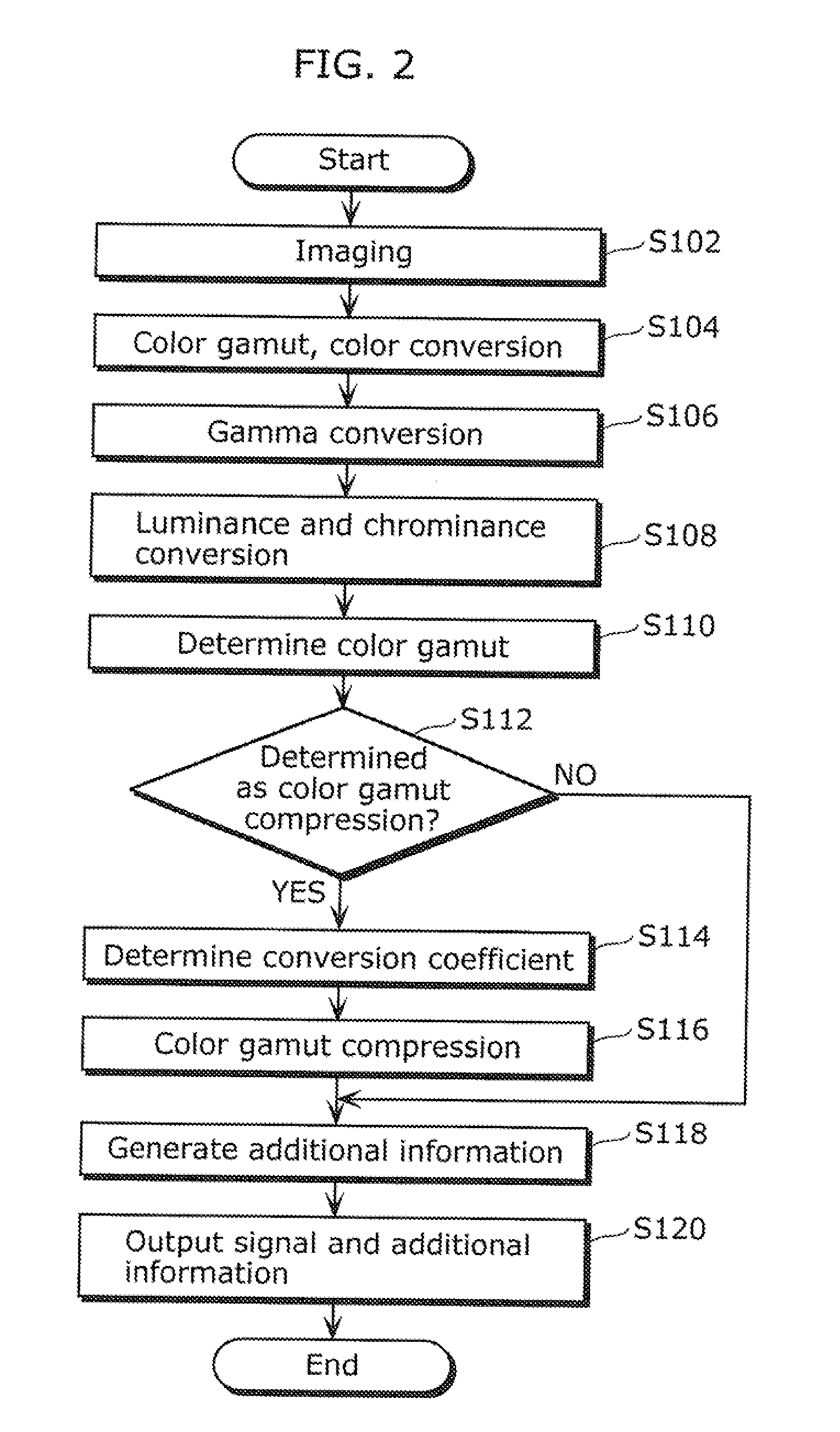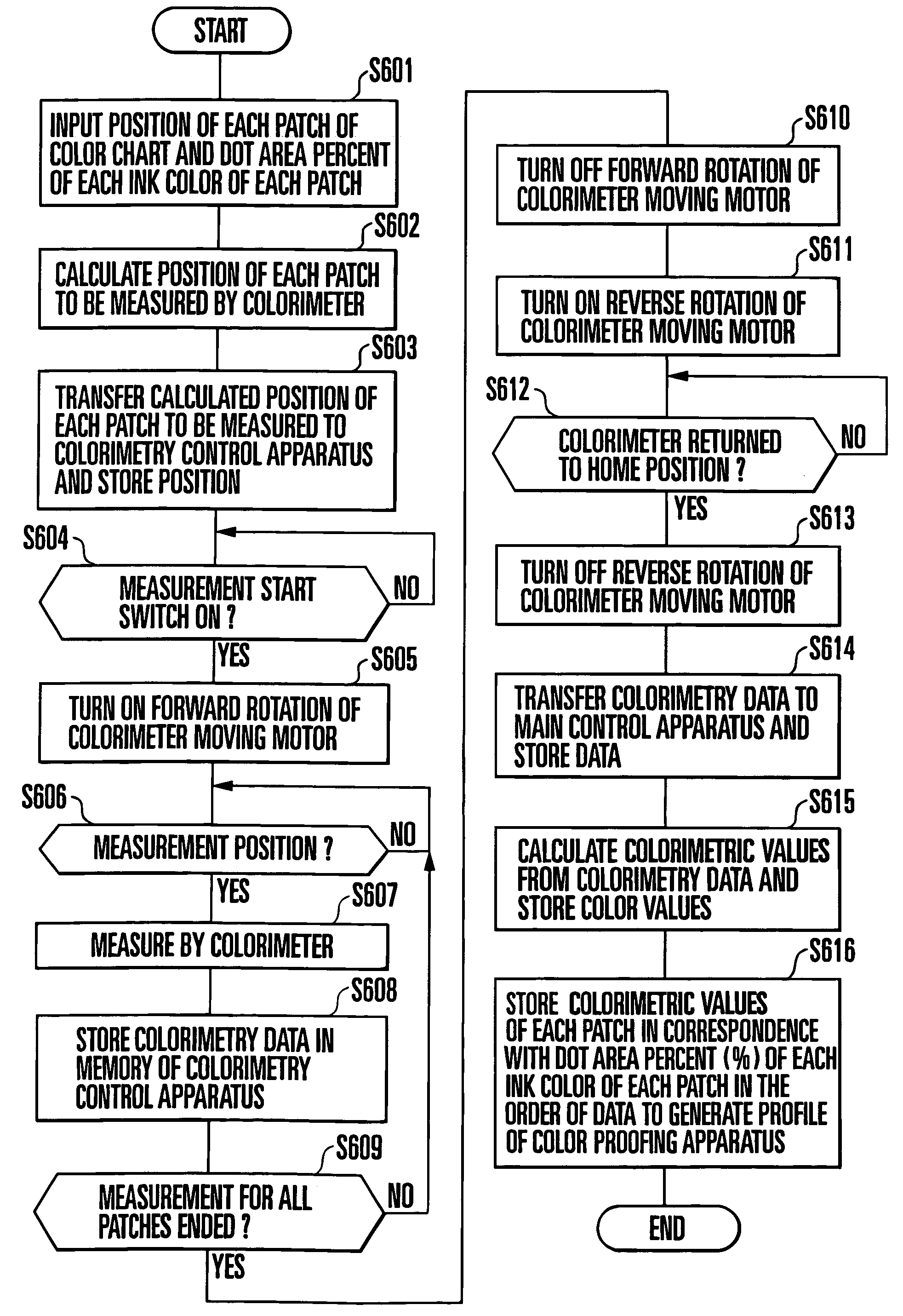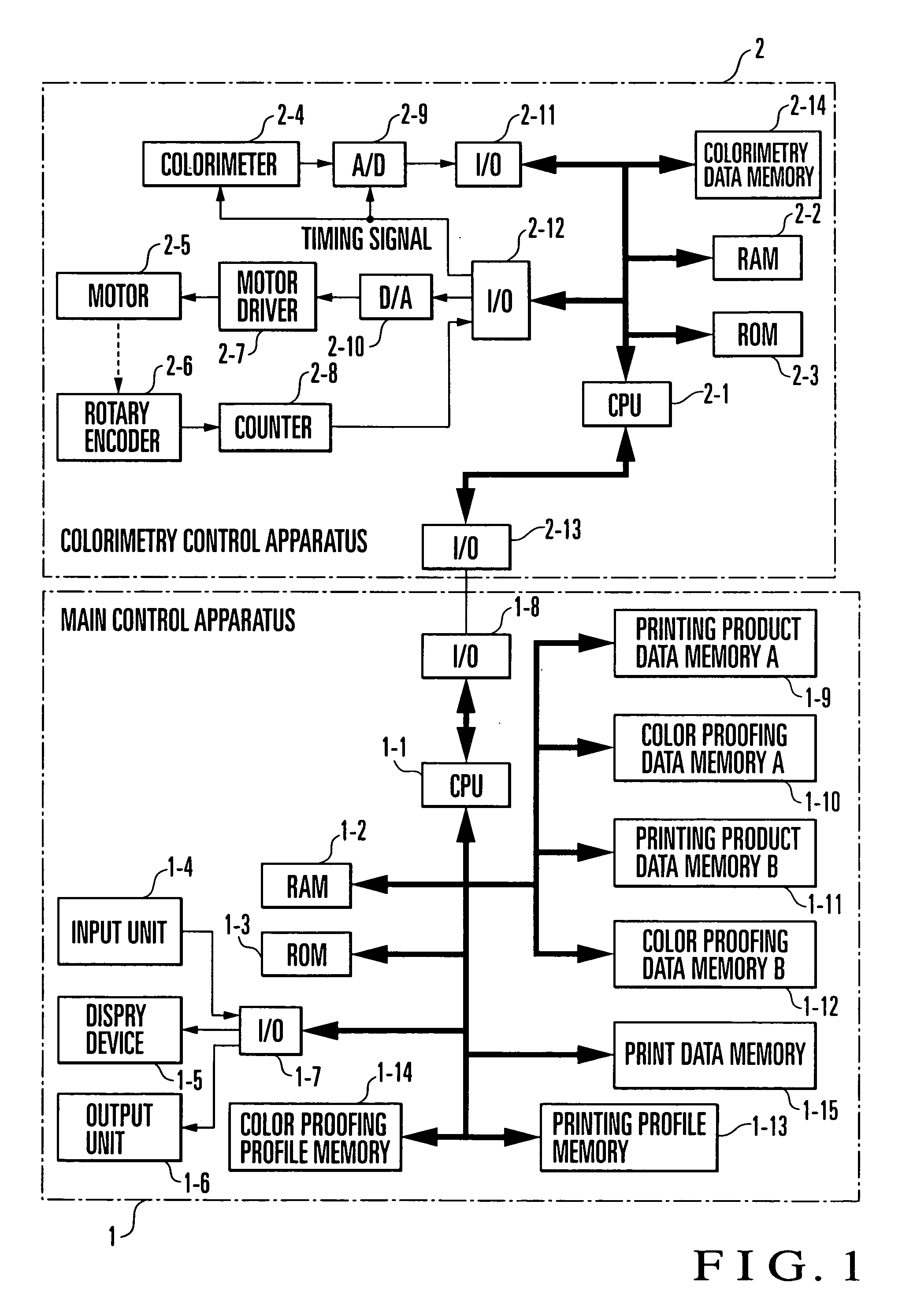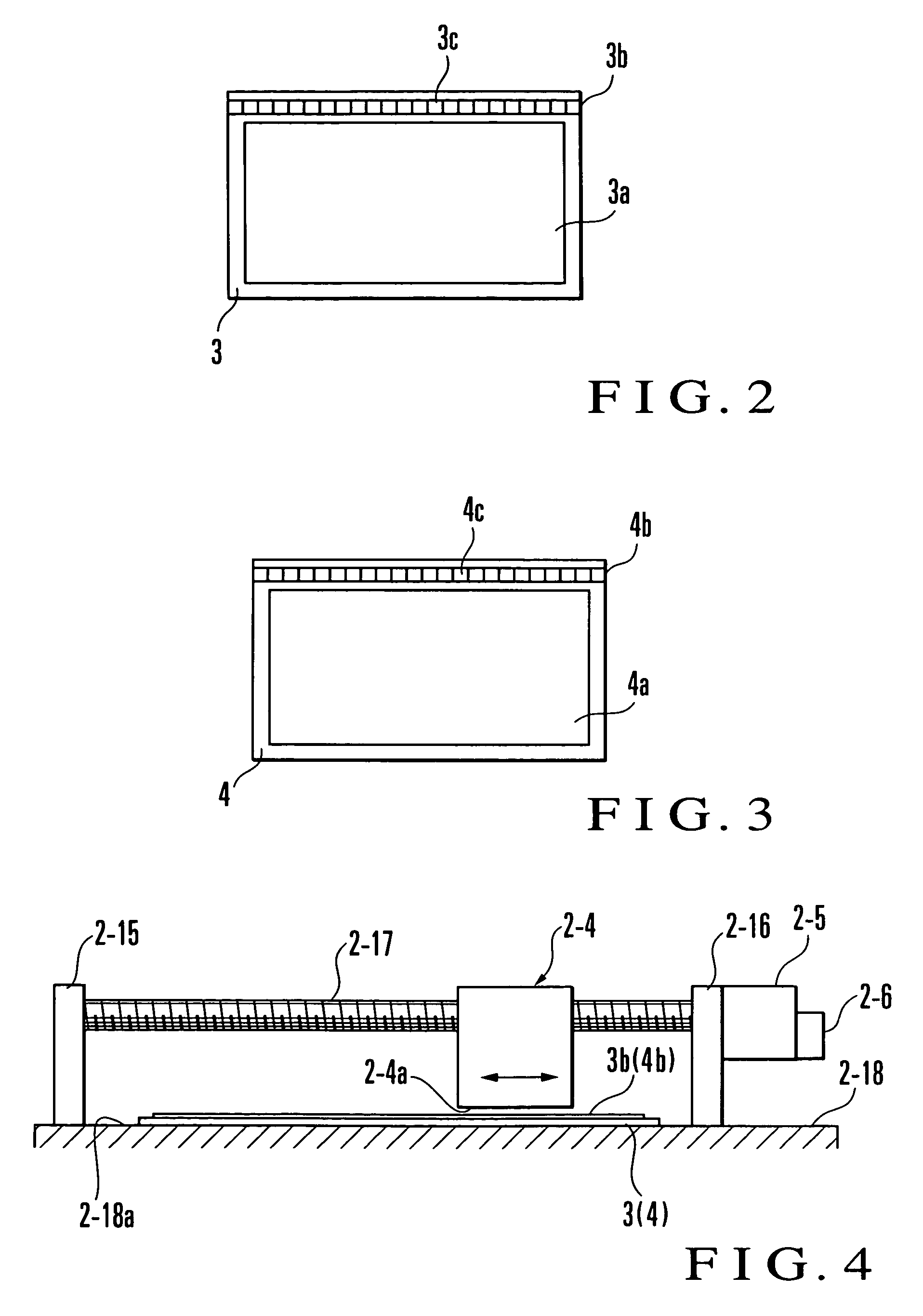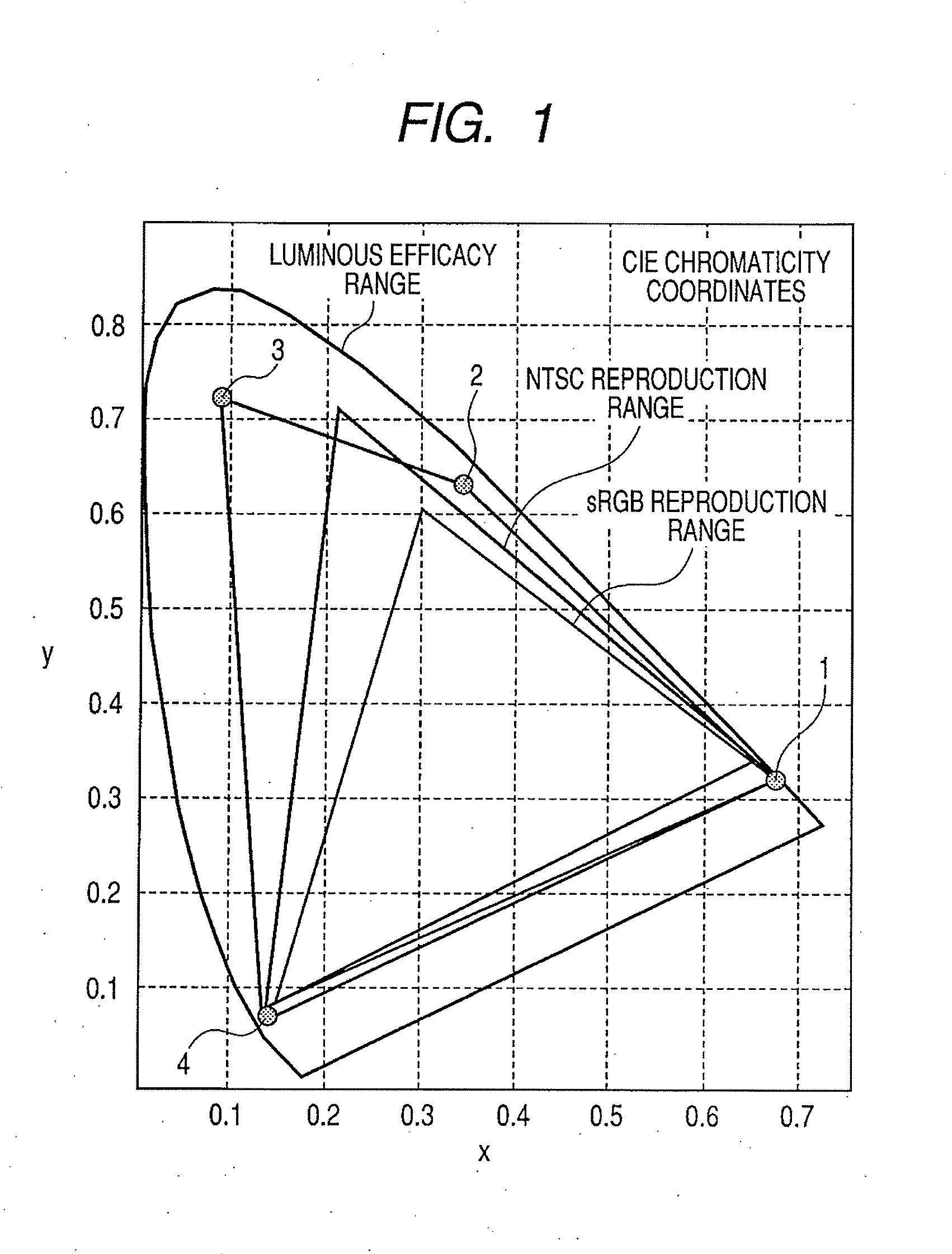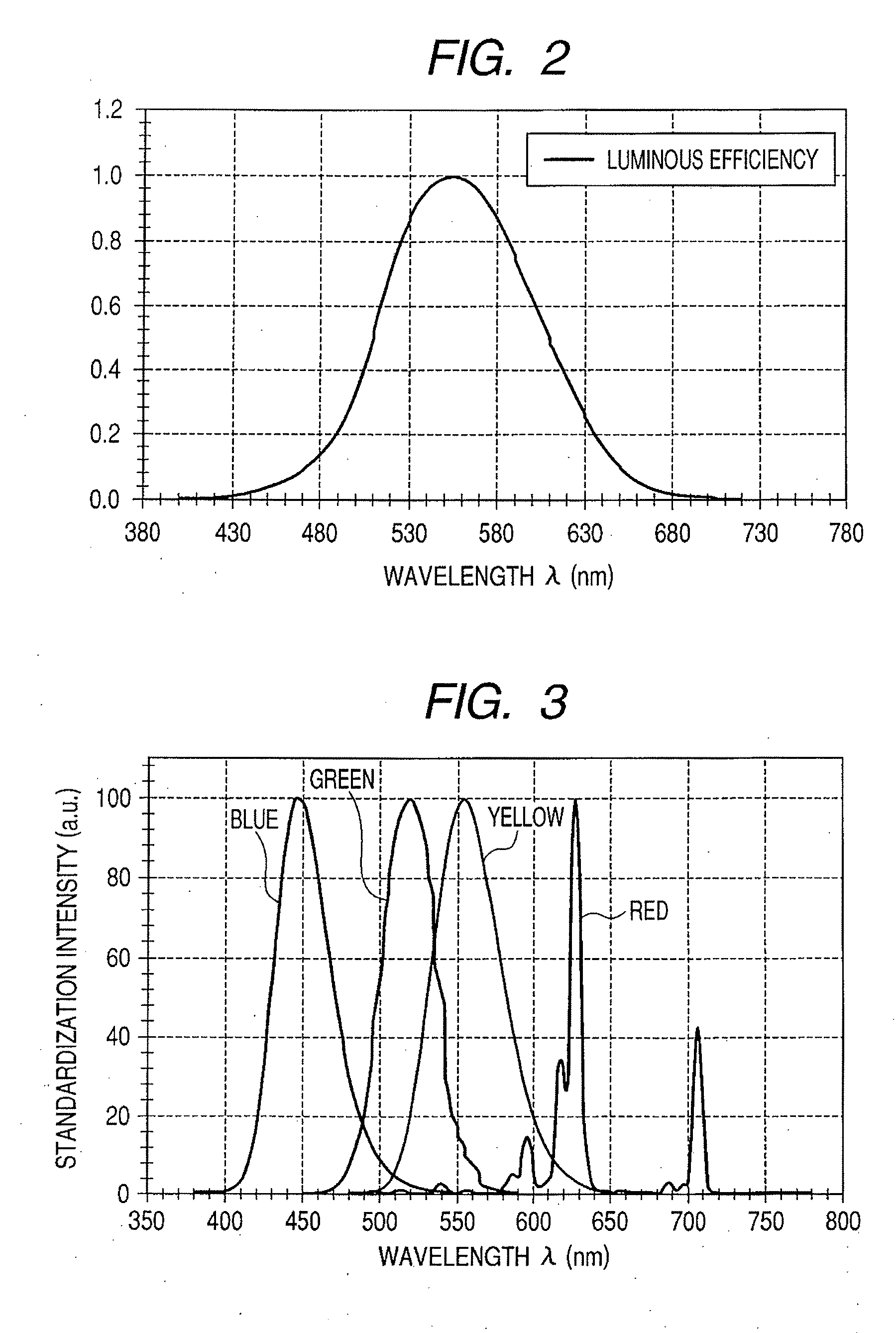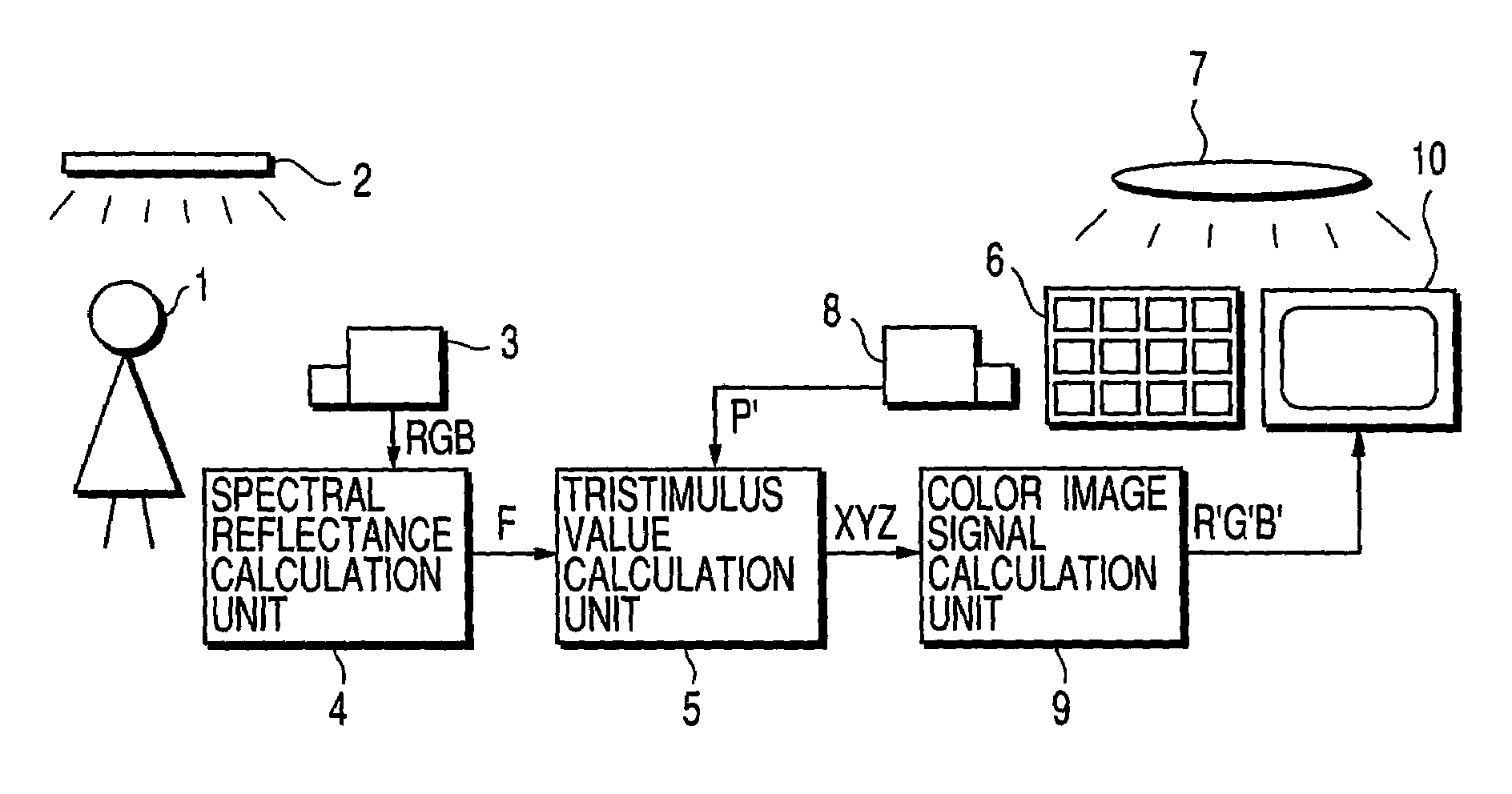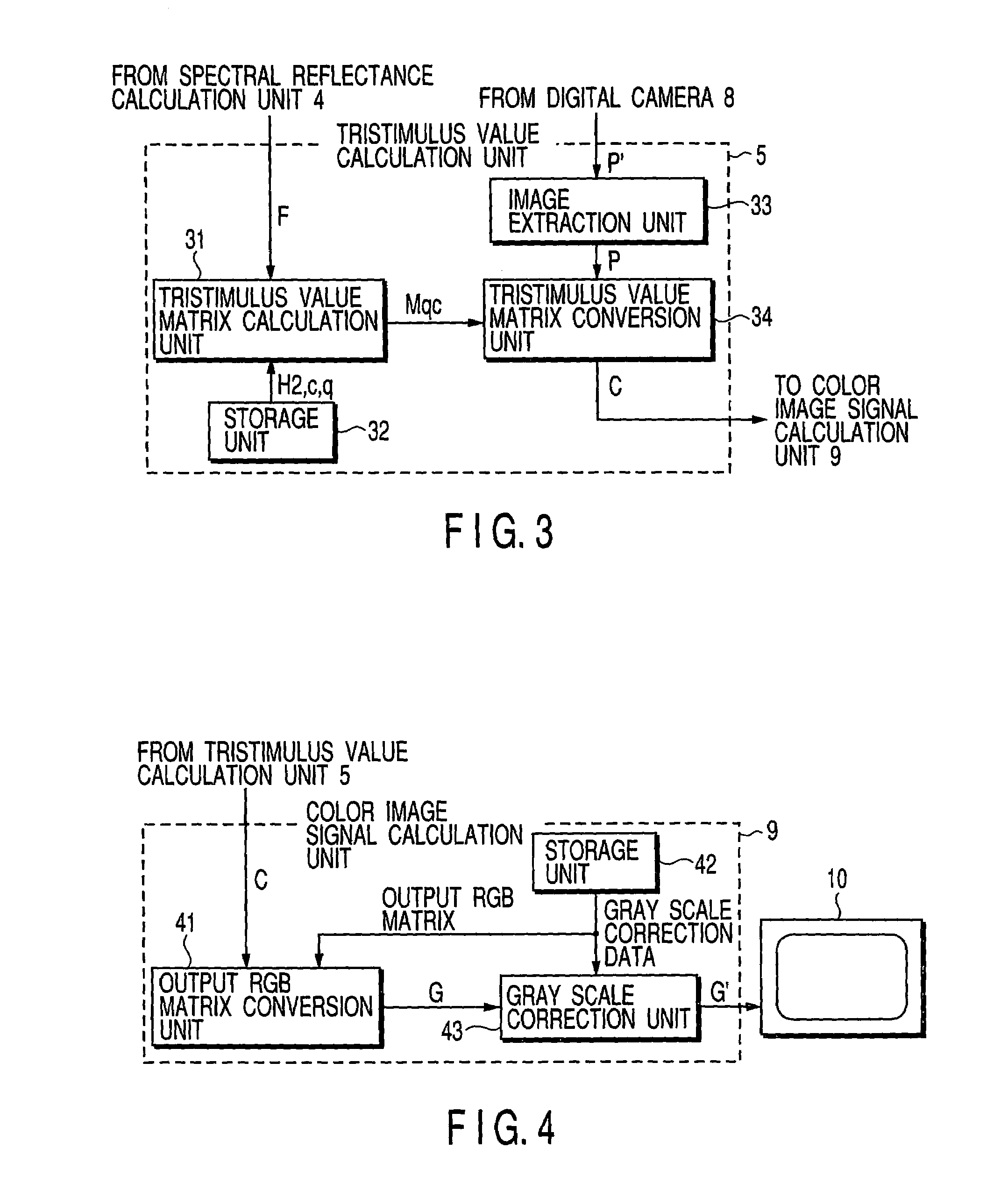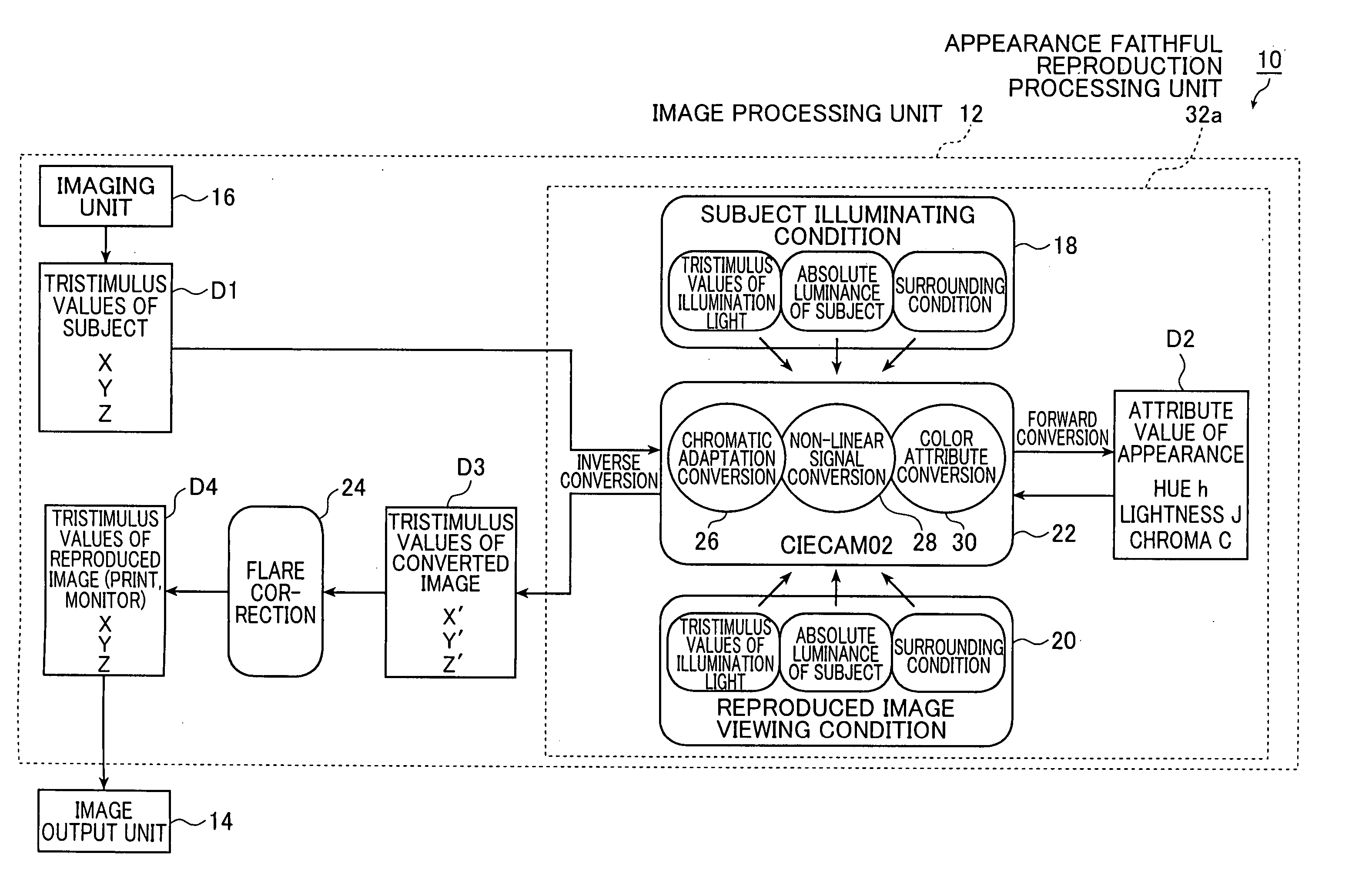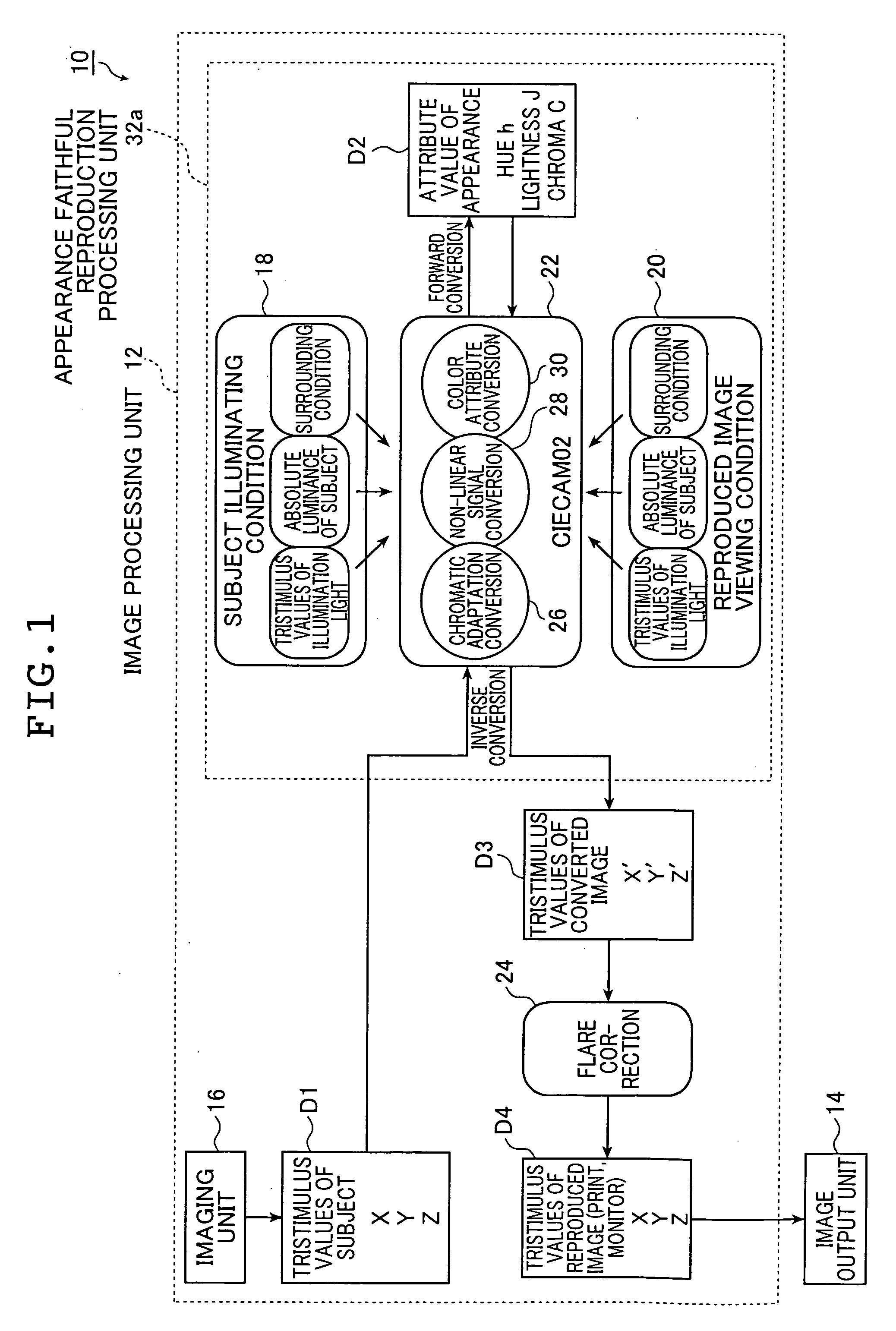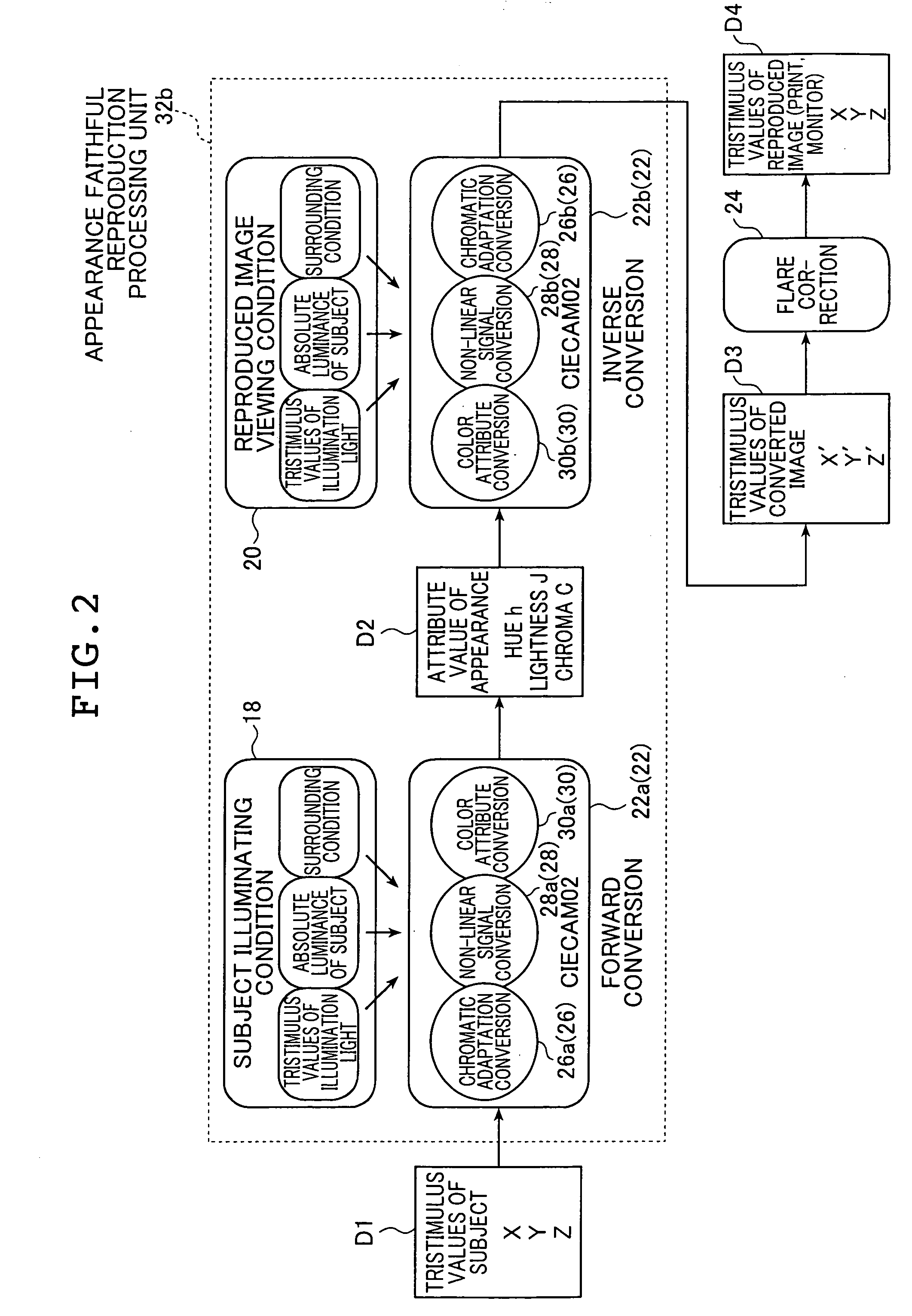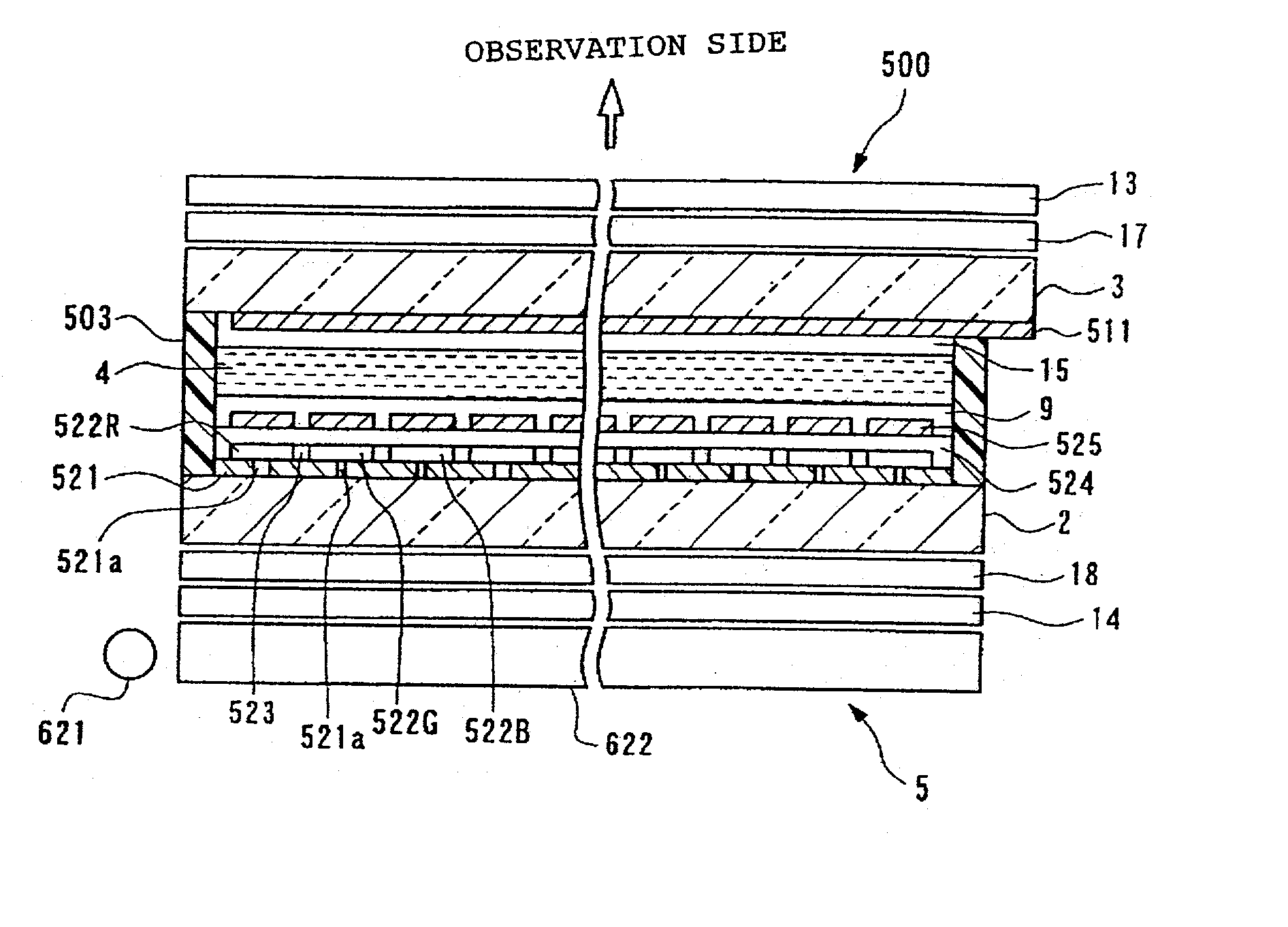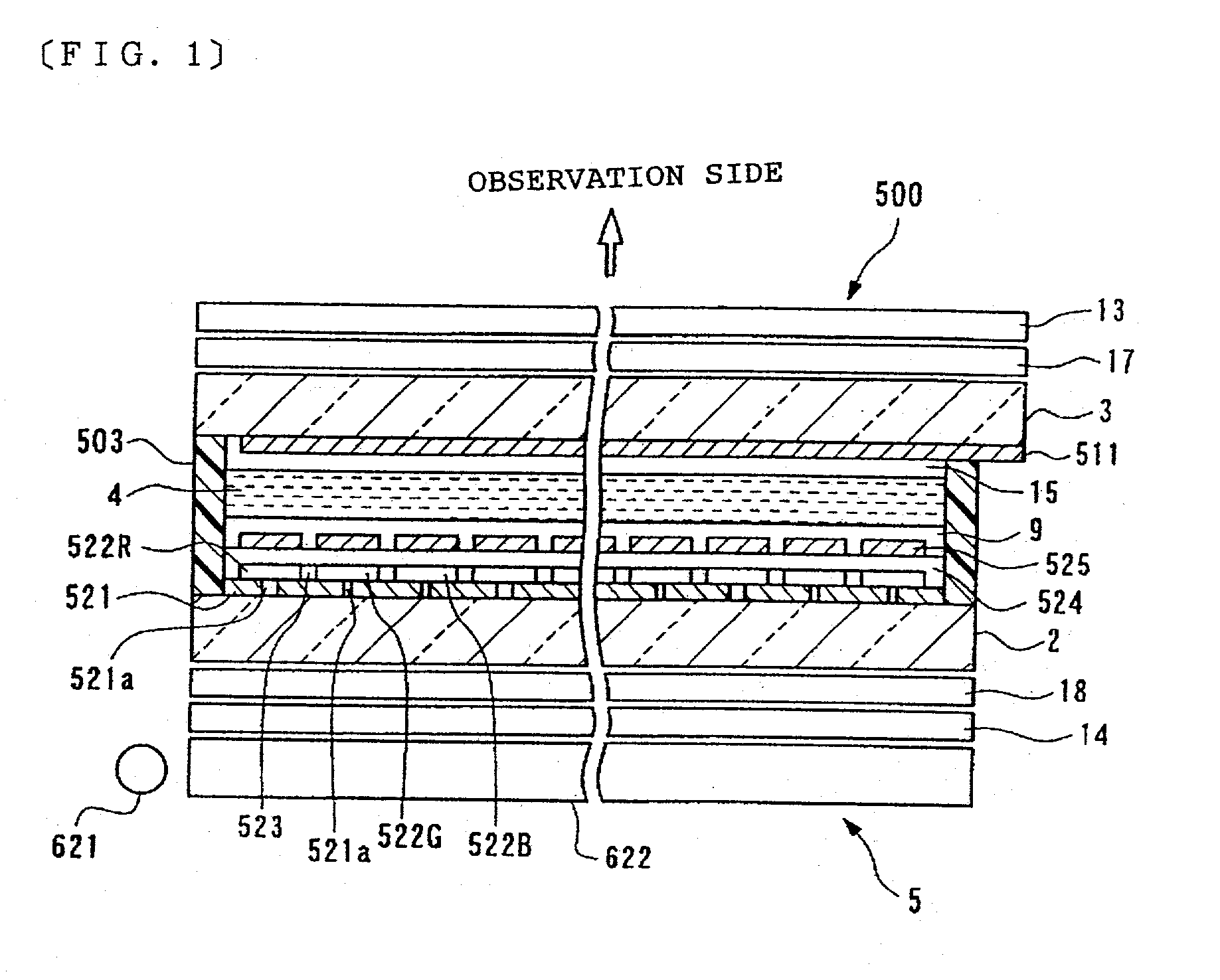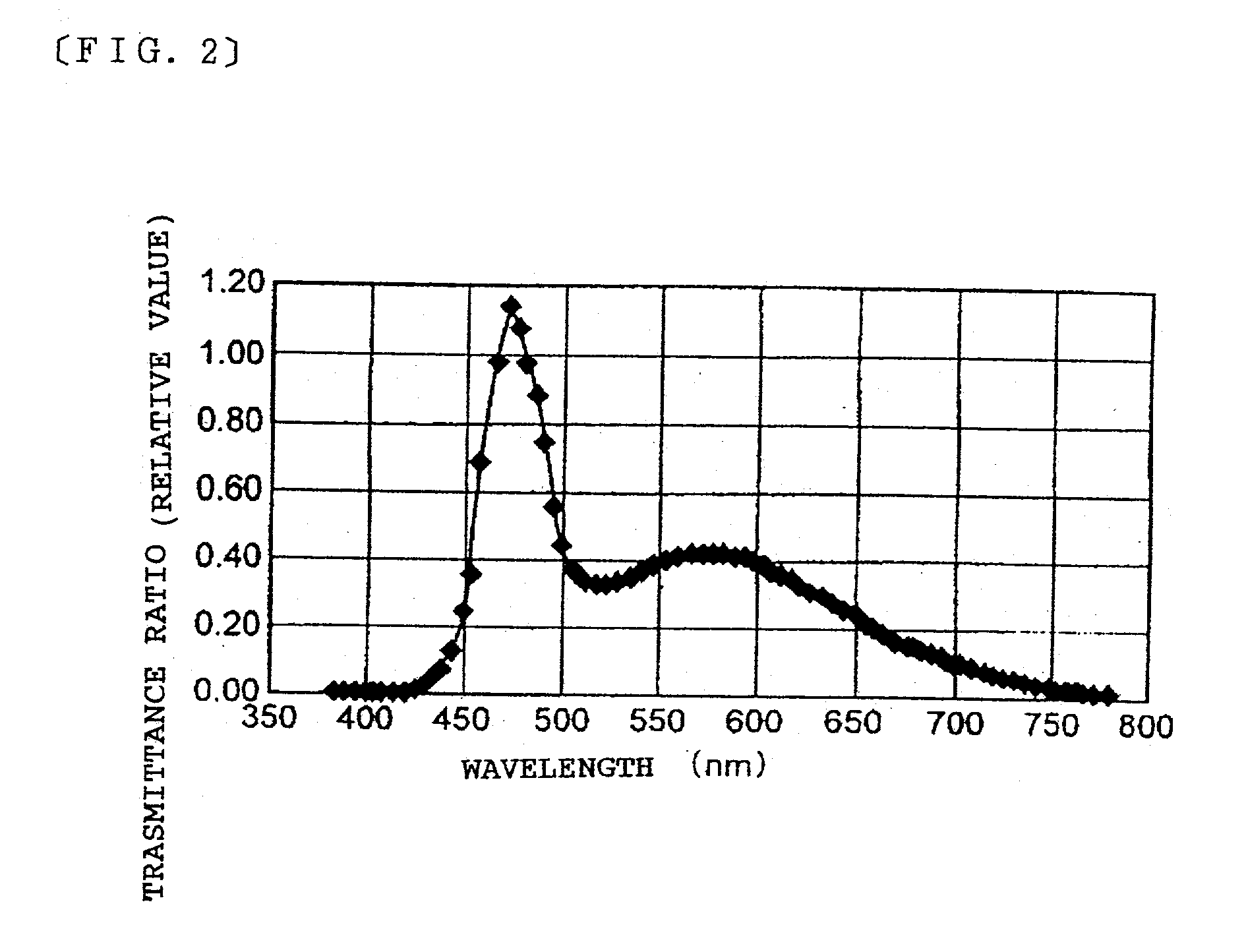Patents
Literature
Hiro is an intelligent assistant for R&D personnel, combined with Patent DNA, to facilitate innovative research.
1042 results about "Color reproduction" patented technology
Efficacy Topic
Property
Owner
Technical Advancement
Application Domain
Technology Topic
Technology Field Word
Patent Country/Region
Patent Type
Patent Status
Application Year
Inventor
Color Reproduction. the reproduction of the colors of an original (or an object) on a picture, photograph, motion-picture screen, or television screen. Color distortions that arise during the process of reproduction are unavoidable; the nature of such distortions depends on the particular features of the process.
Solid-state imaging apparatus and signal processing method for transforming image signals output from a honeycomb arrangement to high quality video signals
InactiveUS6882364B1High outputWithout delayTelevision system detailsColor signal processing circuitsLow-pass filterFalse color
A solid-state imaging apparatus includes an image pick-up section in which photosensitive devices are arranged in, e.g., a honeycomb G square lattice, RB full-checker pattern due to shifted pixels. Regions void of the photosensitive devices are assumed to be virtual photosensitive devices. A signal processing section generates data for the virtual photosensitive devices by using the data of surrounding photosensitive devices while attaching importance to accurate color reproduction and horizontal and / or vertical resolution. As a result, the number of pixel data are increased in a square lattice arrangement. Therefore, high quality image signals are readily achievable with a smaller number of photosensitive devices than conventional with a conventional apparatus. Interpolation can be executed with the high quality signals to the limit of resolution with an adequate circuit scale. The honeycomb arrangement guarantees the required size of the individual pixel and thereby the sensitivity of the entire apparatus while increasing yield on a production line. False colors particular to a single photosensitive portion can be reduced by, e.g., uniform interpolation. Particularly, when a digital camera is constructed by using an imaging apparatus including optics operable with a silver halide sensitive type of film, false colors can be reduced without resorting to an optical low pass filter.
Owner:FUJIFILM CORP
High efficiency incandescent bulb replacement lamp
InactiveUS7600882B1Good load response variationImprove efficiencyNon-electric lightingLighting support devicesColor rendering indexIncandescence
The invention discloses a high efficiency incandescent and Compact Fluorescent (CFL) bulb replacement LED lamp having a good color reproduction. The LED light bulb includes two groups of semiconductor light emitters and a luminescent material to emit four different spectrums of light. The two groups of semiconductor light emitters are enclosed around an interior wall of the light bulb housing, which has a plurality of fins at an exterior surface for effective heat dissipation. A high reflective member having a dome shape in the center is disposed under the two groups of semiconductor light emitters to redirect the emission and excitation lights from the two groups of semiconductor light emitters and recycle the backscattered light for multi-spectrum light mixing. The LED-light bulb further includes a single power line connecting to the two groups of semiconductor light emitters and a high efficiency electrical AC / DC conversion and control device. The light bulb has a diffuser dome for an output window and a conventional Edison-mount screw-type light bulb socket, a conventional fluorescent tube coupler arrangement or a conventional halogen MR-16 socket arrangement connecting to an AC power base. If a voltage is supplied to the AC / DC conversion and control device, a mixture light from the diffuser dome produces a warm white light with a color rendering index of at least 85 and a luminous efficacy of at least 80 lumens per watt.
Owner:LEDNOVATION
System for distributing and controlling color reproduction at multiple sites
InactiveUS7075643B2Provide accuratelyMinimize involvementImage enhancementRadiation pyrometryMeasuring instrumentSpectrograph
In the color imaging system, multiple rendering devices are provided at different nodes along a network. Each rendering device has a color measurement instrument for calibrating the color presented by the rendering device. A rendering device may represent a color display in which a member surrounds the outer periphery of the screen of the display and a color measuring instrument is coupled to the first member. The color measuring instrument includes a sensor spaced from the screen at an angle with respect to the screen for receiving light from an area of the screen. A rendering device may be a printer in which the measuring of color samples on a sheet rendered by the printer is provided by a sensor coupled to a transport mechanism which moves the sensor and sheet relative to each other, where the sensor provides light from the sample to a spectrograph. The color measuring instruments provide for non-contact measurements of color samples either displayed on a color display, or printed on a sheet, and are self-calibrating by the use of calibration references in the instrument.
Owner:RAH COLOR TECH
Image processing system and camera
The image processing system is applied to dentistry, for example, and performs photography of the teeth of a patient while causing a plurality of illumination light LEDs of different wavelengths to emit light by means of a photography device when producing a crown repair or denture of the patient, whereby image data are acquired. The image data are transmitted to a dental filing system constituting a processing device where color reproduction data are determined through computation. In addition, color reproduction data are transmitted to the dental technician's office via a public switched network. Therefore, a repair material compound ratio calculation database is searched and the compound data for a material that matches the hue of the patient's teeth are found, whereby a crown repair or denture or the like that very closely matches the color of the patient's teeth is produced.
Owner:OLYMPUS CORP
Digital image sensor with improved color reproduction
InactiveUS6970195B1High color reproductionIncreased signal noiseTelevision system detailsTelevision system scanning detailsSensor arrayPhotovoltaic detectors
An image sensor includes a sensor array including a two-dimensional array of pixel elements. The array of pixel elements includes a first group of photodetectors having a first sensitivity level and a second group of photodetectors having a second sensitivity level. The sensor array outputs digital signals as pixel data representing an image of a scene. In operation, the first group of photodetectors generates the output signals after a first exposure time and the second group of photodetectors generates the output signals after a second exposure time, where the first exposure time and the second exposure time are within a snapshot of the scene and the first exposure time is different than the second exposure time. When thus operated, the image sensor of the present invention provides improved color reproduction capability and improved signal to noise ratio, especially for the less sensitive photosensitive elements.
Owner:PIXIM
Three-dimensional image display apparatus and color reproducing method for three-dimensional image display
InactiveUS6980176B2Cathode-ray tube indicatorsColor television detailsParallaxComputer graphics (images)
In a three-dimensional image display apparatus provided with a shading mask with a minute aperture array in front of a color display device, the minute apertures are provided with color filters, a setting is provided so that the visual angles between the respective centers of the red-light transmitting part, green-light transmitting part, and blue-light transmitting part of the color filters become equal, in an identical parallax image pixel region, to the visual angles between the respective centers of the red, green, and blue sub-pixels of the color display device, the respective red, green, and blue sub-pixels are made so as to be always displayed in a lighted condition at a fixed area ratio, thus color reproduction wherein brightness ratio of the three primary colors in respective parallax image pixels is maintained at an appointed value is carried out.
Owner:CANON KK
Image processing system which calculates and displays color grade data and display image data
An image processing system is used for dentistry. Upon creating a false tooth of a patient (59), a plurality of illuminating light of LEDs with different wavelengths emit light and a photographing apparatus (1A) photographs a tooth portion of the patient (59), thereby obtaining image data. The image data is sent to a dentistry filing system (2A) serving as a processing apparatus, and color reproducing data is obtained by calculation. The color reproducing data is sent to a dentistry factory (55) via a public line. Data is searched from a database (56) for calculating a ceramic compounding ratio, compound data of the ceramic false tooth is obtained, matching the color of the tooth portion of the patient (59), and the false tooth approximate to the tooth color of the patient (59) is created.
Owner:OLYMPUS CORP
Lighting unit, display device, and phosphor film
ActiveUS20060255711A1Improve efficiencyLong life-timeDischarge tube luminescnet screensCathode ray tubes/electron beam tubesLight irradiationPhosphor
To provide a lighting unit which: does not greatly affect the design of a light guide plate; and has a long lifetime, high efficiency, and a wide color reproduction range by means of a phosphor. In view of the foregoing, the lighting unit of the present invention is constituted in such a manner that a phosphor bead or a phosphor film is arranged on at least one of the light irradiation plane of a light guide plate, the rear surface of the light guide plate, and the light incidence plane of the light guide plate. In addition, a phosphor film is constituted by using: a phosphor bead formed of a phosphor particle and a water-impervious material with which the phosphor particle is coated so that the particle is confined in the material; and a polymer film holding the phosphor bead.
Owner:DAWNCREST IP LLC
Color image reproduction with accurate inside-gamut colors and enhanced outside-gamut colors
InactiveUS6400843B1Good colorHigh chromaColor signal processing circuitsColor television signals processingPattern recognitionColor image
A color image reproduction system achieves higher-quality color reproduction by improving the utilization of colors within the gamut of an output device that are not in the gamut of an input device. This is accomplished by a device-dependent compensation transformation that maps a second set of colors in both the gamut of an input device and the gamut of the output device into a first set of colors in the gamut of the output device but not in the gamut of the input device. The compensation transformation may be derived in a number of ways that entail identifying the first and second sets of colors and then determining one or more scaling factors that map the second set of colors into a union of the first and second sets of colors.
Owner:SEIKO EPSON CORP
Illuminating device and display device including the same
ActiveUS7476016B2Intensity efficiencyAdjust balanceMechanical apparatusPoint-like light sourceLuminous intensityLight guide
Provided is a display device including: a light guide member for mixing light from a blue LED element coated with a translucent resin mixed with phosphor particles which converts blue light into green light with light from a red LED element to make white light exit from a light exit surface; and a non-self light emission display element provided on an irradiating surface side of the light guide member. Therefore, the display element is irradiated with white light whose sufficient wavelength region is 600 nm or more and whose intensity efficiency is high. When the display device further includes a circuit for separately controlling light emission intensities of the red LED element and a blue LED element, chromatic balance can be adjusted even after manufacturing and an intensity of the display device and color reproducibility thereof can be easily set in an optimum range even after assembly.
Owner:HICKORY IP LLC
Endoscope device
An endoscope device obtains tissue information of a desired depth near the tissue surface. A xenon lamp (11) in a light source (4) emits illumination light. A diaphragm (13) controls a quantity of the light that reaches a rotating filter. The rotating filter has an outer sector with a first filter set, and an inner sector with a second filter set. The first filter set outputs frame sequence light having overlapping spectral properties suitable for color reproduction, while the second filter set outputs narrow-band frame sequence light having discrete spectral properties enabling extraction of desired deep tissue information. A condenser lens (16) collects the frame sequence light coming through the rotating filter onto the incident face of a light guide (15). The diaphragm controls the amount of the light reaching the filter depending on which filter set is selected.
Owner:OLYMPUS CORP
Image processing method and apparatus
InactiveUS20050063585A1Reduce overall chromatic aberrationColor signal processing circuitsCharacter and pattern recognitionImaging processingColor processing
In order to allow a user to arbitrarily set color processing parameters which determine the color reproduction characteristics of a digital camera according to user's preference, an image processing unit obtains color data by performing the same processing as that performed by the digital camera with respect to the sensed data of each color patch included in a color chart by using color processing parameters. A changing unit displays, on a display unit, a target data changing window which presents color data and the target data (the target color of color reproduction) of each color patch and allows the user to change the target data. A parameter editing unit edits color processing parameters so as to reduce the color difference between the changed target data and color data. A data input / output unit transmits the edited color processing parameters to the digital camera.
Owner:CANON KK
Display device, manufacturing method thereof, organic light emitting device, and manufacturing method thereof
ActiveCN1868240AGuaranteed Utilization EfficiencySmall sizeElectroluminescent light sourcesSolid-state devicesResonanceOrganic light emitting device
There are provided a display device capable of simplifying design / manufacturing with a simplified light emitting element configuration while performing a highly accurate display with an excellent color reproduction, and a manufacturing method thereof. A function layer (6) including a light emitting layer (11) is sandwiched between a lower electrode (4) composed of a light reflection material and a light-translucent upper electrode (7). The light h emitted by the light emitting layer (6) is made to resonate between the lower electrode (4) and the upper electrode (7) as a resonance unit (15) and the light is taken out from the side of the upper electrode (7). A plurality of organic EL elements (3B, 3G, 3R) having such a resonator structure are arranged on a substrate (2) so as to constitute a display device (1). Each of the organic EL elements (3B, 3G, 3R) has the function layer (6) composed of the same layer and the resonator unit (15) has an optical distance L which is set to a different value so as to resonate the wavelength regions of blue, green, or red.
Owner:SONY CORP
Light source estimating device, light source estimating method, and imaging device and image processing method
InactiveUS20060103728A1Improve estimation accuracyEasy to handleColor signal processing circuitsCharacter and pattern recognitionImaging processingEstimation methods
A light source estimation method of this invention estimates from the sensor response the color characteristics of an unknown light source of an image-pickup scene, in order to improve white balance adjustment and other aspects of the quality of color reproduction; a projection conversion portion 6 projects sensor response values 5 into an image distribution 9 in an evaluation space not dependent on the image-pickup light source 2 using parameters obtained by operations which can be calorimetrically approximated from spectral sensitivity characteristics of image-pickup unit 4, which are known, and from spectral characteristics of an assumed test light source 1; an evaluation portion 10 evaluates the correctness of a plurality of the test light sources 1 based on the distribution state of sample values of the projected scene; and accordingly, the correct image-pickup light source 2 is estimated.
Owner:SONY CORP
Endoscope device
An endoscope device obtains tissue information of a desired depth near the tissue surface. A xenon lamp (11) in a light source (4) emits illumination light. A diaphragm (13) controls a quantity of the light that reaches a rotating filter. The rotating filter has an outer sector with a first filter set, and an inner sector with a second filter set. The first filter set outputs frame sequence light having overlapping spectral properties suitable for color reproduction, while the second filter set outputs narrow-band frame sequence light having discrete spectral properties enabling extraction of desired deep tissue information. A condenser lens (16) collects the frame sequence light coming through the rotating filter onto the incident face of a light guide (15). The diaphragm controls the amount of the light reaching the filter depending on which filter set is selected.
Owner:OLYMPUS CORP
Image display device, image display method, and image display program
ActiveUS7403318B2Keep the colorTelevision system scanning detailsProjectorsComputer graphics (images)Display device
An image display device having an optical modulation element, which modulates light emitted from a light source according to display information, and displaying a display image based on the display information includes: a unit adjusting the amount of illumination light with respect to light emitted from the light source on the basis of brightness information on the brightness of the display image based on the display information; a color conversion processing unit that performs a color conversion process according to the brightness information with respect to the display information so that the display image can be color-reproduced within a predetermined color space; and a display and driving unit that drives the optical modulation element on the basis of the display information having been subjected to the color conversion process so as to display the display image.
Owner:138 EAST LCD ADVANCEMENTS LTD
Backlighting in liquid crystal flat panel display
ActiveUS7324080B1Enhanced backlight techniqueBalance can be obtainedStatic indicating devicesLiquid-crystal displayControl signal
Techniques for providing backlight techniques in liquid crystal flat panel displays are disclosed. According to one aspect of the techniques, the source to backlight a liquid crystal panel includes a plurality of light emitting diodes that are in at least three colors. The exact colors of the light emitting diodes are chosen to cover or exceed a full spectrum of color reproductions in accordance with a television standard (e.g., NTSC or PAL) in addition to a balanced white. In one embodiment, a set of control signals is configured to ensure that the light emitting diodes provide desired and consistent backlighting to a LCD panel. One of the control signals adaptive to a scene or content of a scene causes the backlighting to change accordingly or drastically to create artistic effects required or desired in the scene.
Owner:GULA CONSULTING LLC
Image display apparatus and head mount display
ActiveUS20060268421A1Small sizeReduce thicknessPolarising elementsCathode-ray tube indicatorsEyepieceDisplay device
The light directed from a light source to a concave mirror and the light directed from a display device to an eyepiece optical system are intersected by each other in a layout. This allows the light source, the concave mirror, and the display device to be arranged in compactness adjacent to the eyepiece optical system without increasing the optical power of an illumination optical system. As the result, the apparatus can easily be minimized in the thickness or the overall size. A hologram optical element is provided where the relationship between the wavelength range Δλ1 at half of the diffraction efficiency of each of the three primary colors of the light in the hologram optical element and the wavelength range Δλ2 at half of the intensity of each of the three primary colors of the light emitted from the light source is defined by Δλ1<Δλ2. Accordingly, a component at desired wavelengths of each of the R, G, and B colors of the light emitted from the light source can be diffracted by the action of the hologram optical element and then directed to the pupil of the viewer. This allows the image to be increased in the color reproduction area and improved in the quality regardless of the display device actuated in a time-division mode.
Owner:KONICA MINOLTA INC
Green pigment for color filter, green pigment dispersion, photosensitive color composition, color filter, and liquid crystal panel
ActiveUS20060098316A1High strengthPromote formationPhotosensitive materialsPhotomechanical apparatusPhotopigmentPigment dispersion
An object of the present invention is to provide a green pigment for a color filter, capable of displaying the chromaticity coordinates not to be displayed by the conventional green pigments, having the excellent color strength as a green color which is not excessively strong in a blue tinge, and a high transmittance, and moreover, to provide a photosensitive color composition, a pigment dispersion, a color filter and a liquid crystal panel, using the above-mentioned green pigment. In order to achieve the above-mentioned object, the present invention provides a green pigment for a color filter comprised of a phthalocyanine green pigment and capable of expressing a region of xy-chromaticity coordinate enclosed by predetermined equations 1, 2 and 3 defined by the XYZ color system of the CIE when the green pigment is solely subjected to colorimetry. Moreover, using the above-mentioned green pigment, it provides a photosensitive color composition capable of forming a color filter having a wide color reproduction range and a high transmittance. Furthermore, it provides a color filter having a wide color reproduction range and a high transmittance with a green pixel formed using the above-mentioned photosensitive color composition, and a liquid crystal panel using the color filter.
Owner:DAI NIPPON PRINTING CO LTD +1
Picture display method and apparatus
A picture display method and apparatus in which a light source is lengthened in service life and optimum color reproduction is realized, while the light utilization efficiency is improved to reduce the power consumption and the size of the apparatus. The red, green and blue illuminating light beams radiated from the light-emitting diodes 12R, 12G and 12R, are illuminated via relay lenses and field lenses on picture display light bulbs 11R, 11G and 11B and spatially modulated in intensity so as to be synthesized by a synthesis prism 10 and so as to be projected to an enlarged scale on a screen 17. The profile of the light radiating portions of the light-emitting diodes 12R, 12G and 12B are set so as to be the same or similar to the profile of a picture display area of each of the picture display light bulbs 11R, 11G and 11B in order that the profile of the light beam illuminated on the picture display area will be in keeping with the profile of the picture display area.
Owner:SONY CORP
Color signal processing method and apparatus usable with a color reproducing device having a wide color gamut
InactiveUS20050280851A1Wide color gamutSimple algorithmDigitally marking record carriersColor signal processing circuitsPattern recognitionGamut
A color signal processing method includes calculating a mixing ratio for source primary colors of a color reproducing device through which an input color signal having standard primary colors is reproduced, mixing the source primary colors according to the calculated mixing ratio to obtain reconstructed primary colors, and transforming the input color signal to match a color gamut of the reconstructed primary colors and outputting the transformed color signal. Thus, the color gamut of the color reproducing device can be freely adjusted within a reproduction range thereof according to the input color signal.
Owner:SAMSUNG ELECTRONICS CO LTD
Photosensitive Resin Composition for Producing Color Filter and Color Filter for Image Sensor Produced Using the Composition
ActiveUS20080171271A1Improve color reproducibilityHigh contrast ratioPhotosensitive materialsSolid-state devicesPhotopigmentOrganic chemistry
Provided is a photosensitive resin composition that is developable with an aqueous alkaline solution and is suitable for the production of a color filter for an image sensor. The composition comprises an alkali-soluble resin, a photopolymerizable monomer, a photopolymerization initiator, colorants and a solvent. As the colorants, a pigment and a dye are used in combination. The use of the composition enables the formation of fine pixels that exhibit excellent color reproduction and contrast. Therefore, the composition can be used to produce a high-resolution color filter for an image sensor.
Owner:CHEIL IND INC
Light emitting device
ActiveUS20060152926A1Solution to short lifeIncrease brightnessLaser detailsEndoscopesLight guideRefractive index
An object of the present invention is to provide a light emitting device which satisfies both properties of excellent color rendering properties for color reproduction and good light emitting efficacy, both of which are in the mutual trade-off relationship, by using a blue semiconductor laser which emits blue wavelength light with good light emitting efficiency and which has a linear spectrum in the blue wavelength band. A light emitting device is comprised of at least a first unit and at least a second unit. The first unit is comprised of a first excitation light source comprising a laser element emitting blue wavelength band excitation light, a wavelength converting member comprising at least one type of fluorescent material and which absorbs at least a portion of an excitation light emitted from the first excitation light source, converts the wavelength, and releases light with a wavelength longer than the first excitation light, and a light guide which has a refractive index in the center region of the cross-section which is higher than the refractive index of the surrounding region and which transmits the excitation light emitted from the first excitation light source. The second unit is comprised of a second excitation light source comprising a laser element which emits excitation light with a wavelength band shorter than the blue wavelength band excitation light emitted by the laser element, a wavelength converting member, and a light guide.
Owner:NICHIA CORP
Color signal converting apparatus, video displaying apparatus, color signal converting method, video displaying method and image data
InactiveUS20110128438A1Wide color gamutMaximum compatibilityPicture reproducers using cathode ray tubesPicture reproducers with optical-mechanical scanningGamutPatent literature
The first color gamut conversion unit 102 limits, in a visually natural manner, an output signal to a signal within a range of the DCI color gamut through well-known color gamut conversion processing when there is a color region exceeding the DCI color gamut, the output signal being obtained through the imaging by the imaging unit 101 and represented by the primaries (R, G, and B) determined by a color filter of an image sensor of the camera. It is to be noted that a color gamut conversion technique may be any technique which can limit a color gamut such as gamut conversion processing (Non Patent Literature: “Fundamentals of Color Reproduction Engineering”, Corona Publishing Co., Ltd., pp. 178-180).
Owner:PANASONIC INTELLECTUAL PROPERTY MANAGEMENT CO LTD
Color management method and apparatus for printing press
InactiveUS7031022B1Exact matchShort profileDigitally marking record carriersDigital computer detailsColor printingEngineering
In a color management method for a printing press, a color chart formed from a plurality of patches is printed by multi-color printing using the printing press and a plurality of ink colors. Each of the patches has a predetermined combination of dot area percent of the ink colors. The printed color chart is automatically scanned using a calorimeter to sequentially obtain color data of all the patches. A first profile representing a color reproduction characteristic of the printing press is generated on the basis of the obtained color data of the patches and the dot area percent of the ink colors set in the patches. A color management apparatus is also disclosed.
Owner:KOMORI CORP
Multiprimary color display
InactiveUS20070268205A1Wide color reproduction rangeIncrease brightnessGas discharge electrodesStatic indicating devicesColor imageDisplay device
A display displays a color image by using a light source of at least four or more primary colors, and at least one color of the light source is yellow. Thus, it is possible to provide a flat panel display that can acquire a wider color reproduction range without sacrificing luminance.
Owner:CANON KK
Ink jet recording method and ink jet recording paper
InactiveUS6880928B2Weaken expansion/shrinkage transmissionLess frizzSpecial paperMeasurement apparatus componentsFiberThird generation
In an ink jet recording method, a surface of a recording paper, in which a base paper contains a pulp fiber and a filler, one surface of the base paper being coated with a polyvalent metal salt in a coating amount of from 0.1 to 3 g / m2, having a basis weight of from 63 to 100 g / m2 and an internal bond strength of from 0.05 to 0.2 N·m is printed using an ink of at least one color made of at least a pigment, a water-soluble organic solvent, water and a surfactant and having a surface tension of from 25 to 37 mN / m. According to the method, the color reproduction is improved, the inter color bleeding and the feathering of characters are reduced, the double-sided printability is provided by reducing curling and cockling occurring immediately after printing, and curling and cockling occurring after allowing to stand and drying are also reduced.
Owner:FUJIFILM BUSINESS INNOVATION CORP
Color reproduction system
InactiveUS6980231B1Highly accurate conversionImprove accuracyTelevision system detailsColor signal processing circuitsColor imageCrt monitor
A color reproduction system includes a tristimulus value calculation unit for calculating tristimulus values (X, Y, Z) under observation illumination light corresponding to the spectral reflectance of an object, which is obtained by a spectral reflectance calculation unit, and a color image signal calculation unit for calculating output color image signals (R′, G′, B′) to a CRT monitor on the basis of the tristimulus values (X, Y, Z). The tristimulus value calculation unit converts spectral reflectance image data (F) of the object into tristimulus value image data (X, Y, Z) under the observation illumination light using the spectral reflectance data of a color chip formed from a plurality of unit color chips, color chip image data (P′) obtained by sensing the color chip with a digital camera under the observation illumination light, spectral sensitivity data of the digital camera, and color matching function data.
Owner:OLYMPUS CORP
Image processing method and device enabling faithful reproduction of appearance and further preferred color reproduction of appearance, image output device and digital camera using the same, and image processing program for executing the image processing method and recording medium on which the program is recorded
ActiveUS20050275911A1Faithfully reproducedSatisfactory reproductionDigitally marking record carriersColor signal processing circuitsOutput deviceChromatic adaptation
The image processing method and device photograph a subject or transparent image to acquire calorimetric values of a subject image, acquire chromaticity information and illuminance information of a light source illuminating the subject and the transparent image, perform on the calorimetric values of the subject image chromatic adaptation correction based on the chromaticity information and the acquired illuminance information and contrast correction based on the illuminance, and correct the corrected calorimetric values to be output by an amount of flare in outputting the subject image, thereby enabling faithful reproduction of appearance. The method and device further perform at least one of contrast conversion and chroma conversion on the calorimetric values of the subject image based on a chromaticity value in a case where a degree of adaptation or an adaptation luminance is set higher than that determined for an illuminating color of the light source before performing the chromatic adaptation correction, thereby enabling faithful reproduction of appearance and preferred color reproduction of appearance.
Owner:FUJIFILM CORP +1
Liquid crystal display device and electronic apparatus
InactiveUS20020154257A1Percentage of the transmissive area of sub-pixels of oneImprove suppression propertiesOptical filtersNon-linear opticsVisibilityLiquid-crystal display
To provide a color transflective liquid crystal display that is capable of display with good coloring and high visibility in both a reflective mode and a transmissive mode while suppressing deterioration in color reproduction caused by unevenness of the spectral properties of the illumination light, if any. A liquid crystal display according to the present invention comprises a liquid crystal display panel including pixels 615 formed of a plurality of sub-pixels 551 each corresponding to different colors; and an illumination device, wherein the liquid crystal display panel comprises a transflective layer and a color filter 522 of color corresponding to each of the sub-pixels 511. The transflective layer comprises transmissive portions for transmitting illumination light, wherein the transmissive portion is formed such that the dimension of the transmissive area corresponding to the transmissive portion of at least one sub-pixel out of the plurality of sub-pixels 511 and the dimension of the transmissive area corresponding to the transmissive portion of another sub-pixel, differ.
Owner:BOE TECH GRP CO LTD
Features
- R&D
- Intellectual Property
- Life Sciences
- Materials
- Tech Scout
Why Patsnap Eureka
- Unparalleled Data Quality
- Higher Quality Content
- 60% Fewer Hallucinations
Social media
Patsnap Eureka Blog
Learn More Browse by: Latest US Patents, China's latest patents, Technical Efficacy Thesaurus, Application Domain, Technology Topic, Popular Technical Reports.
© 2025 PatSnap. All rights reserved.Legal|Privacy policy|Modern Slavery Act Transparency Statement|Sitemap|About US| Contact US: help@patsnap.com
